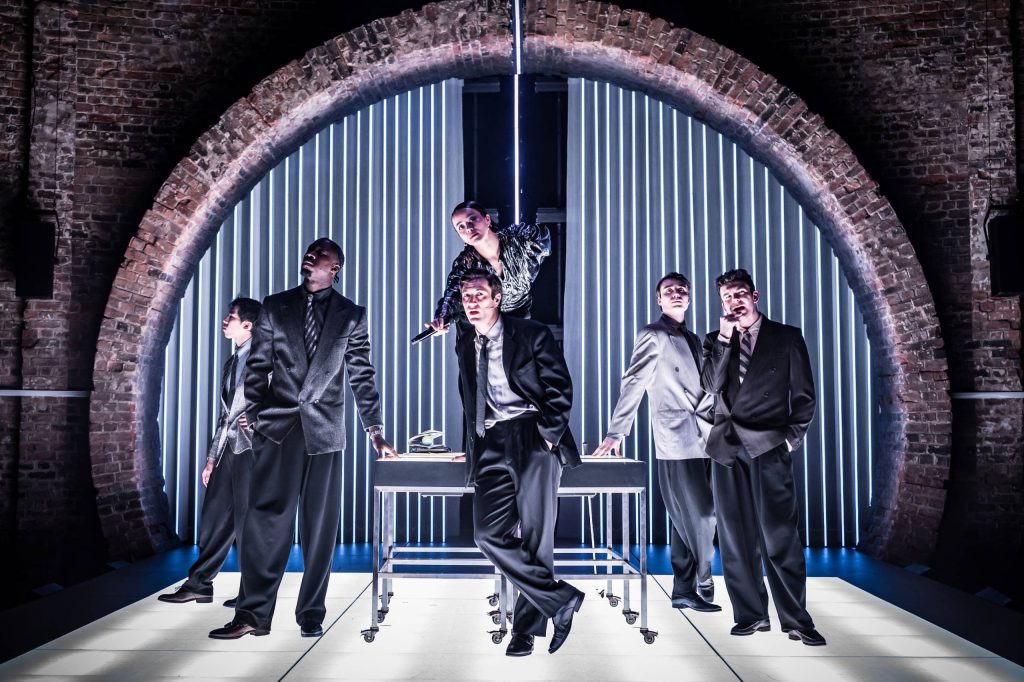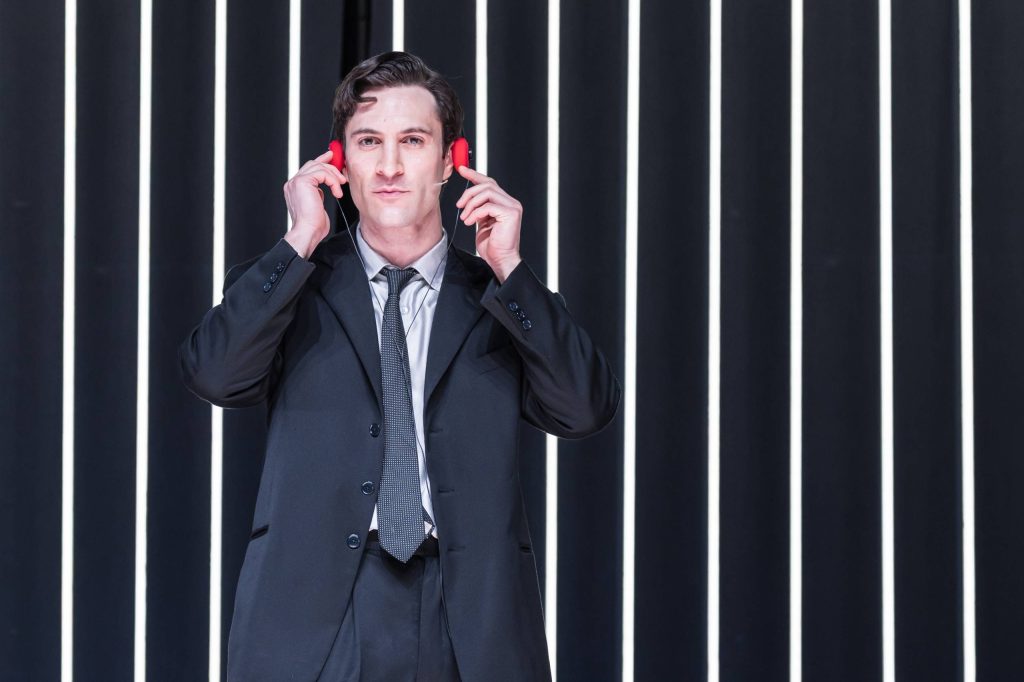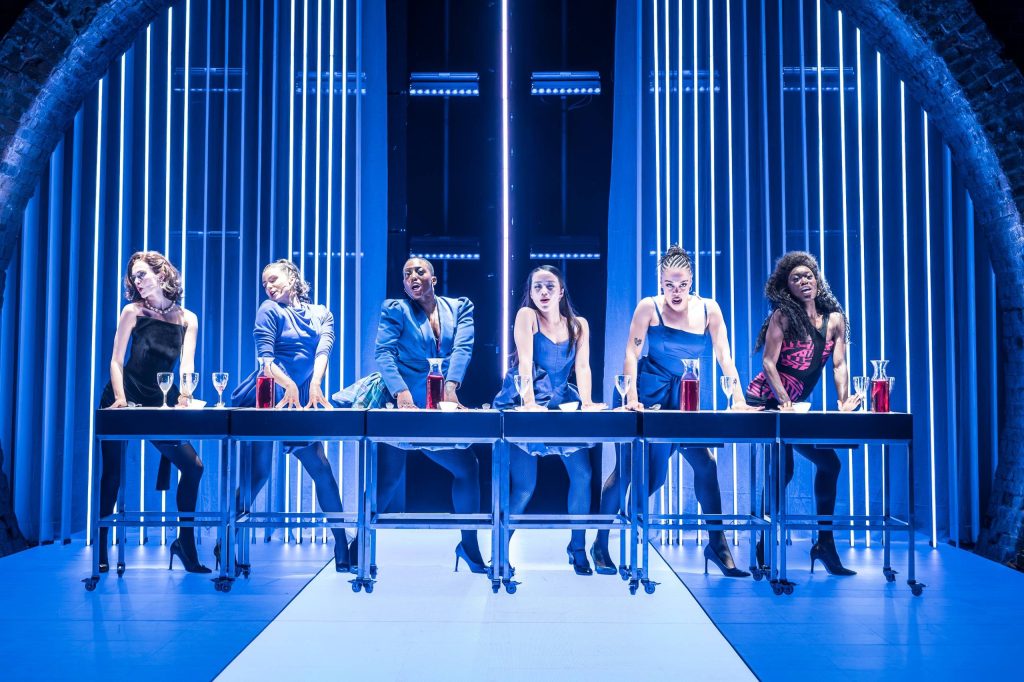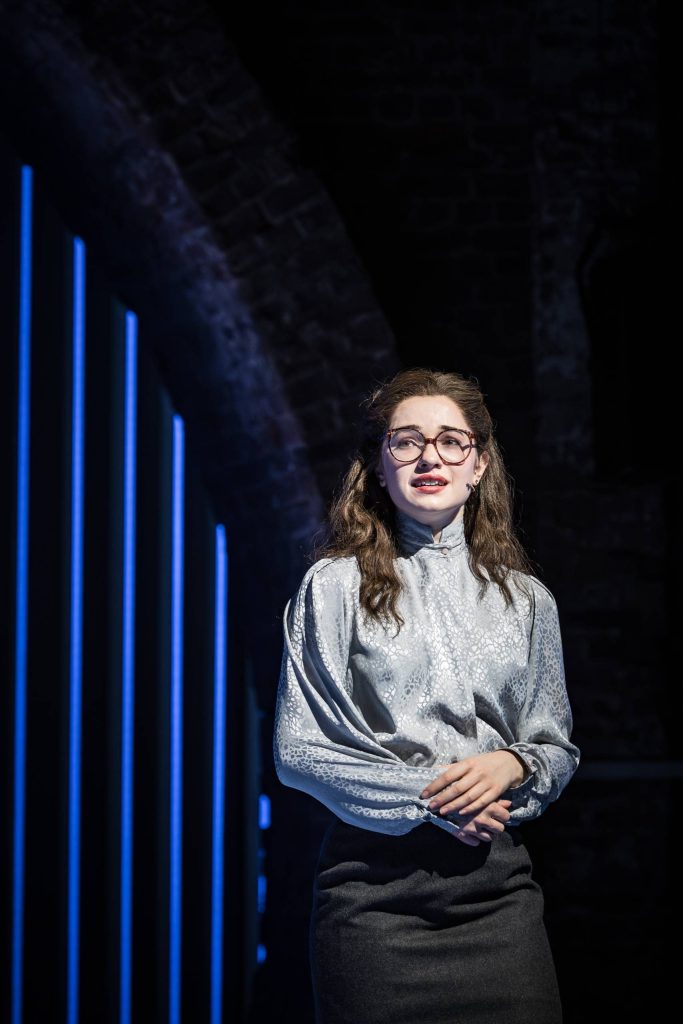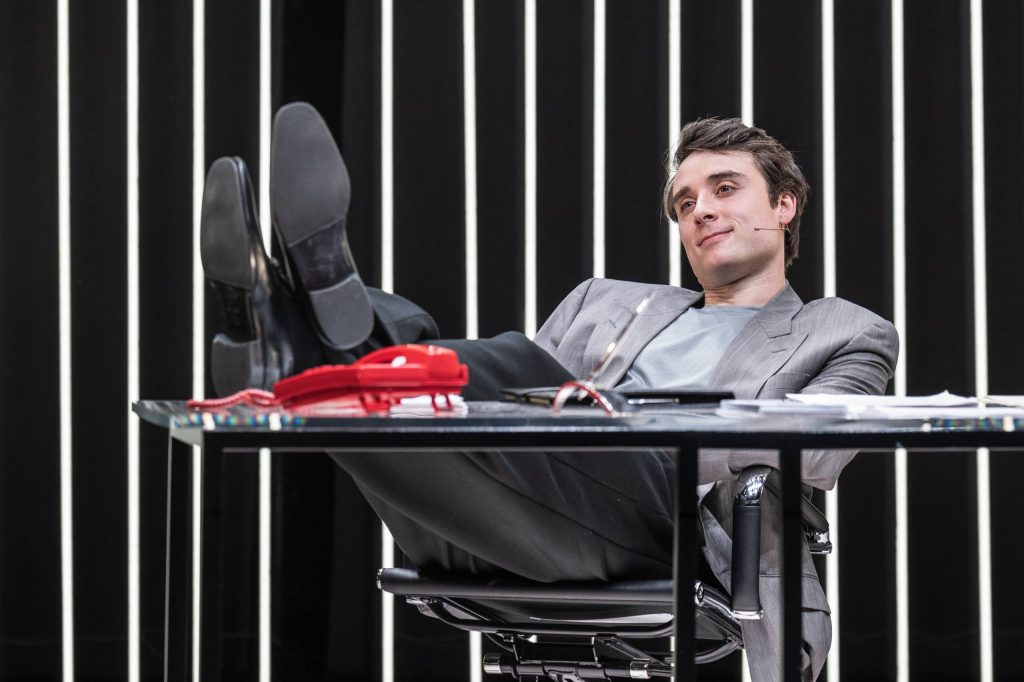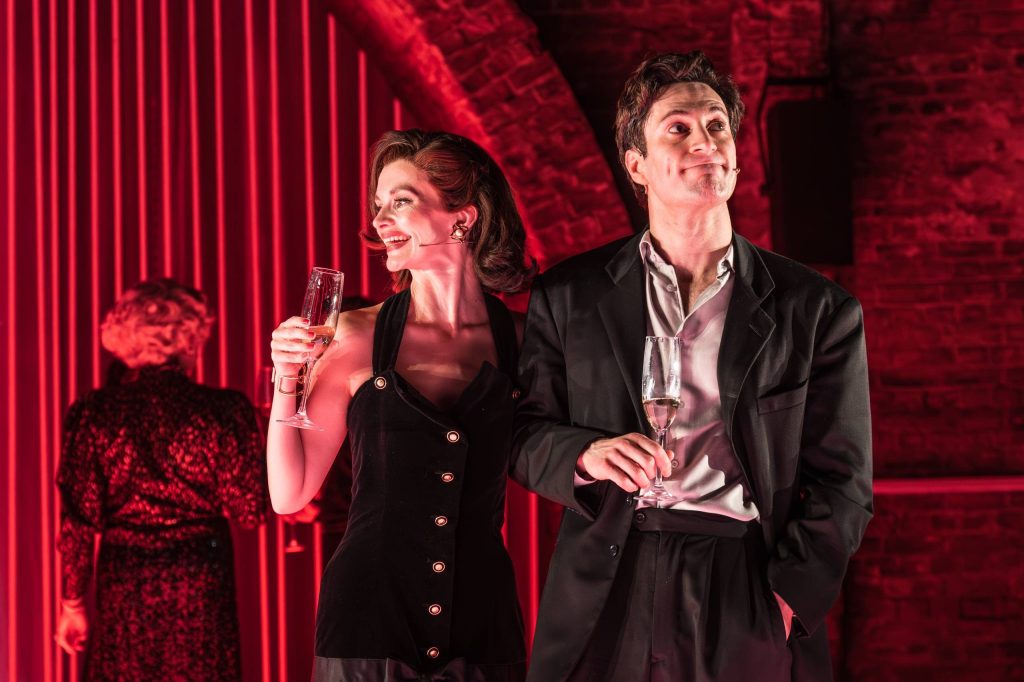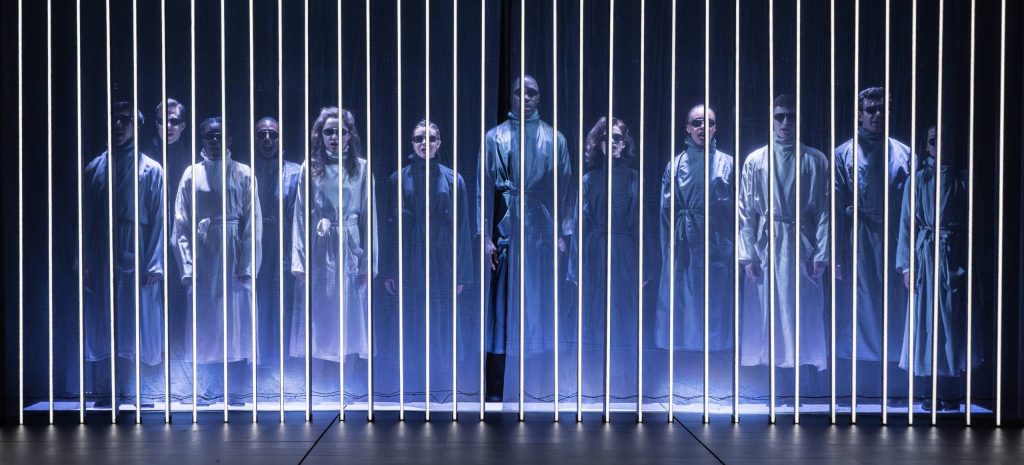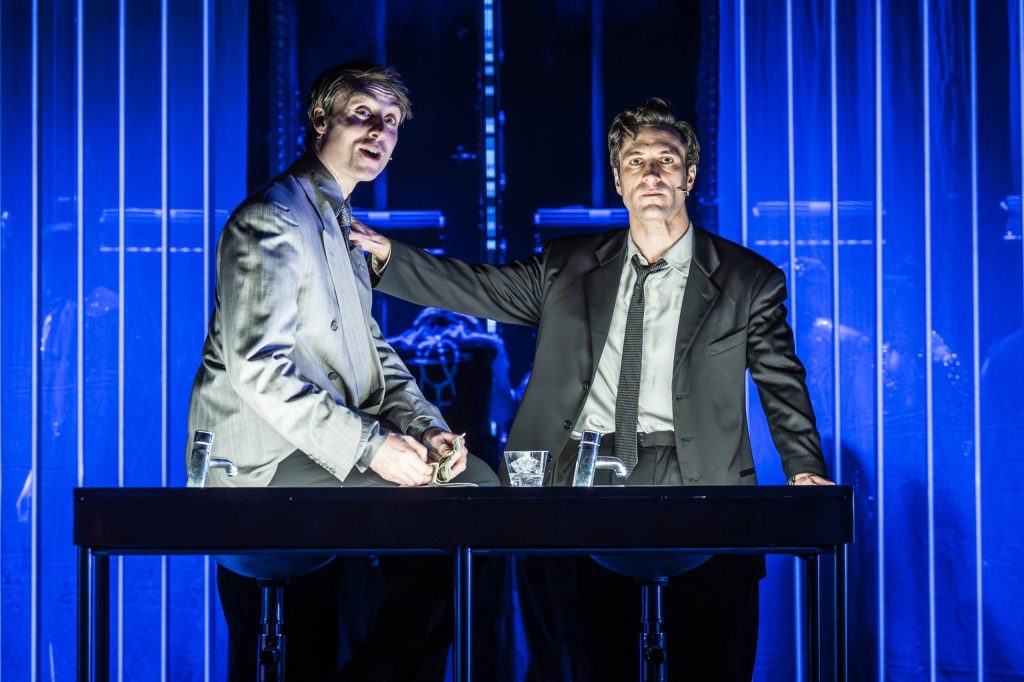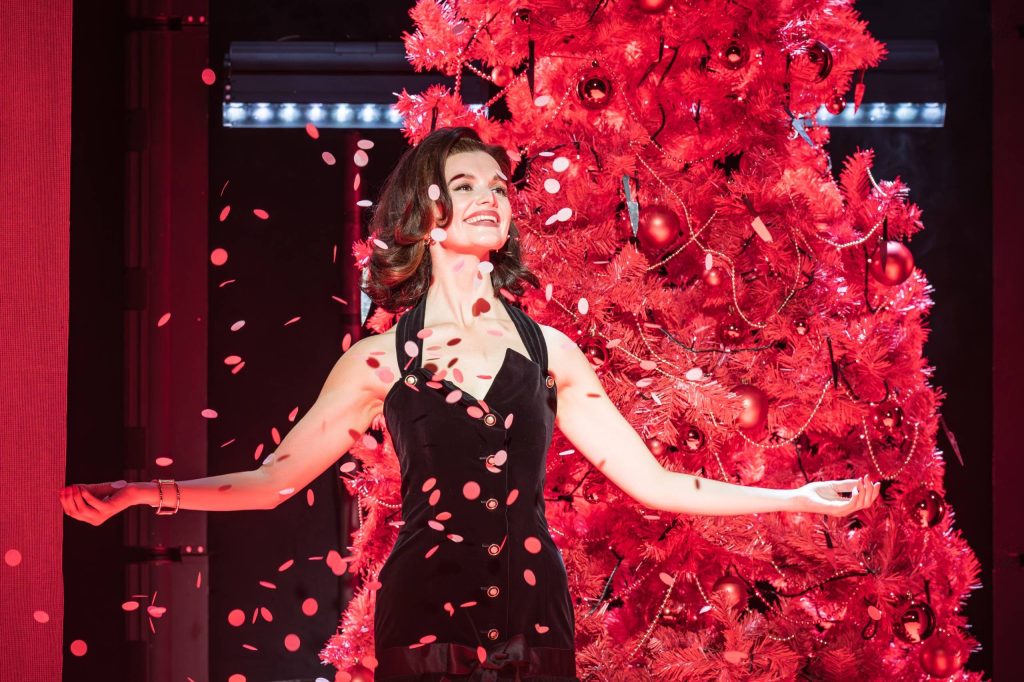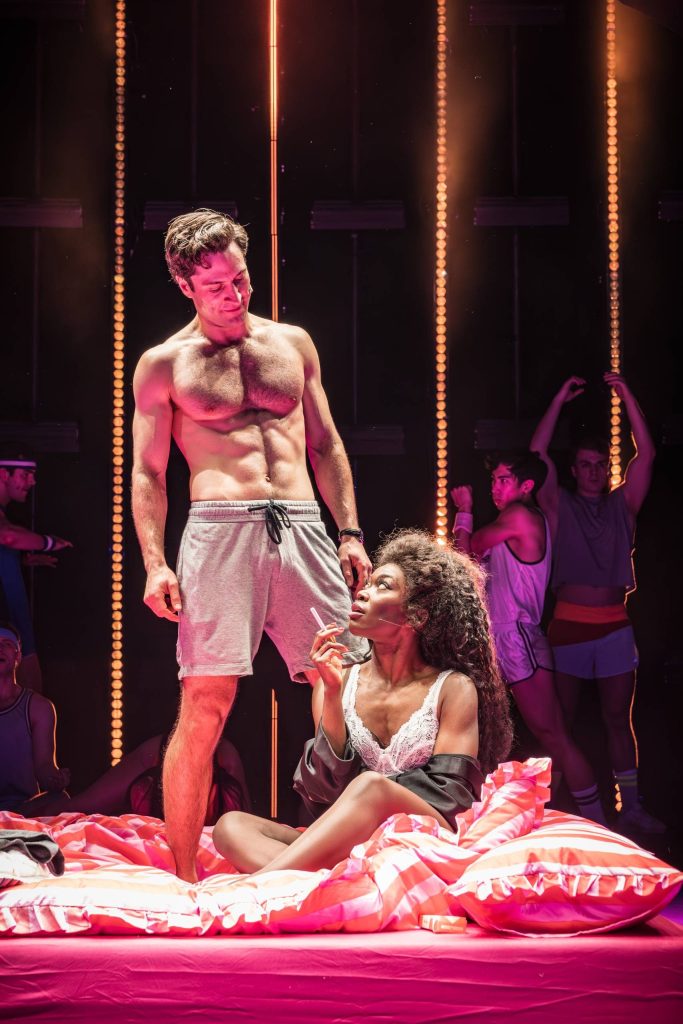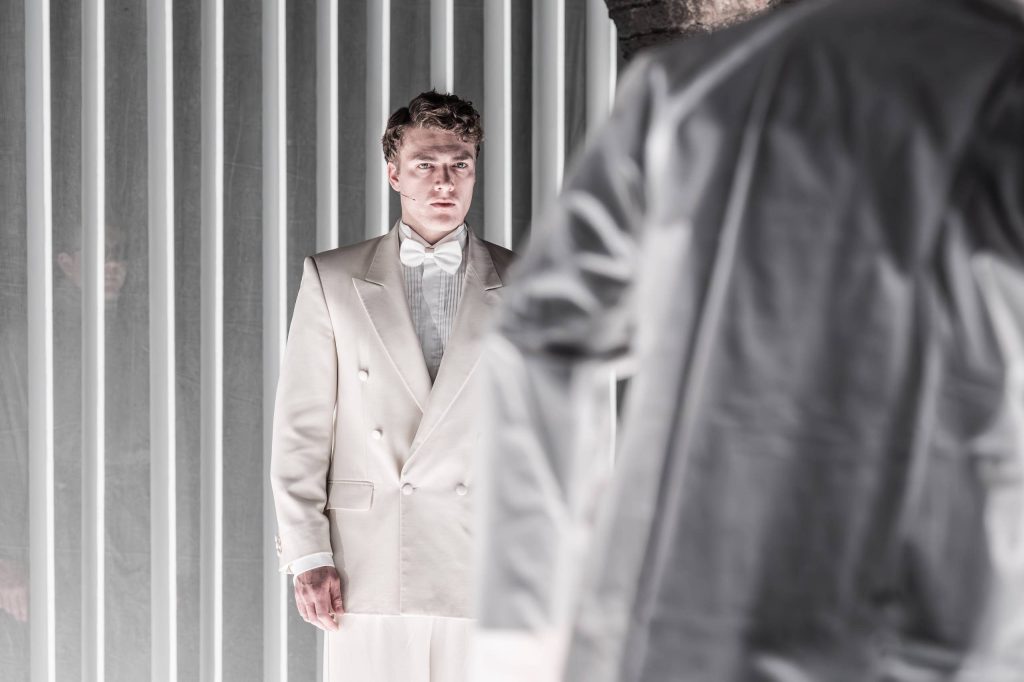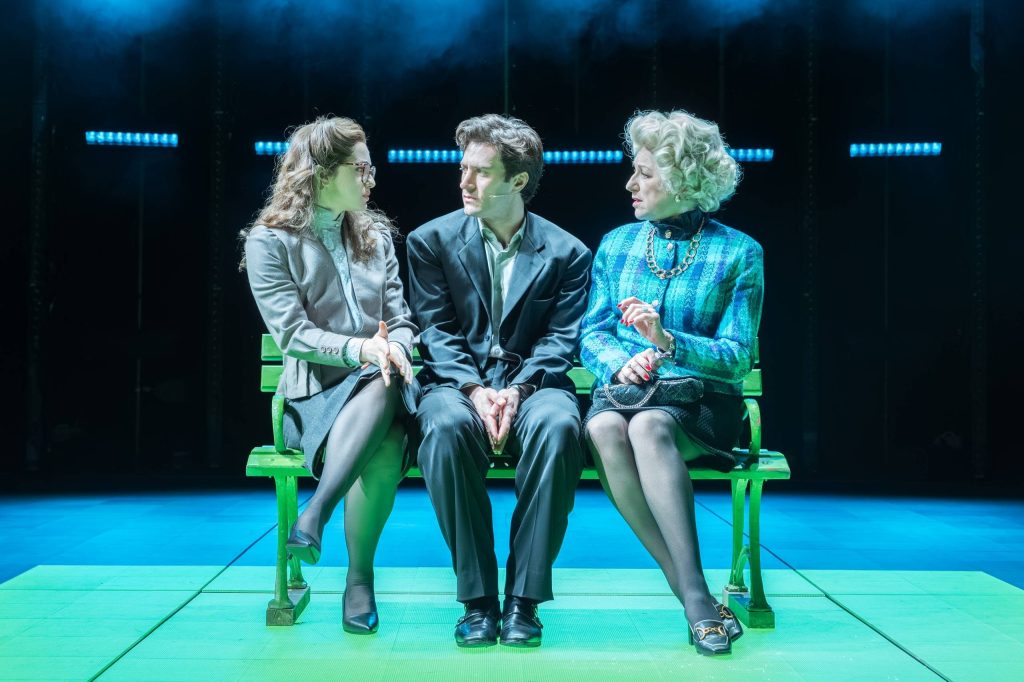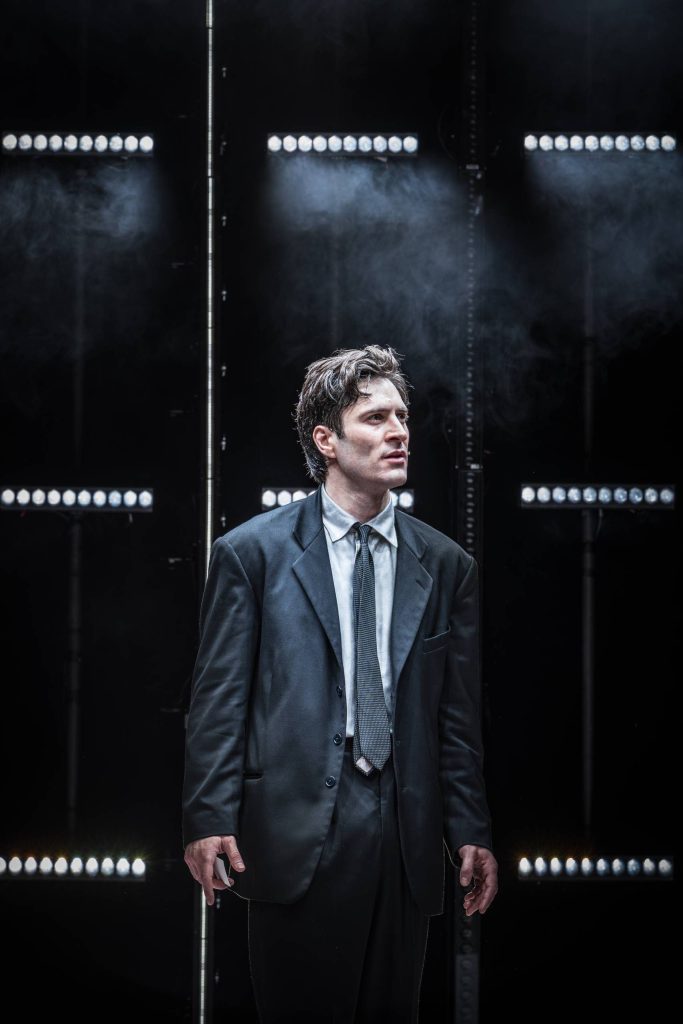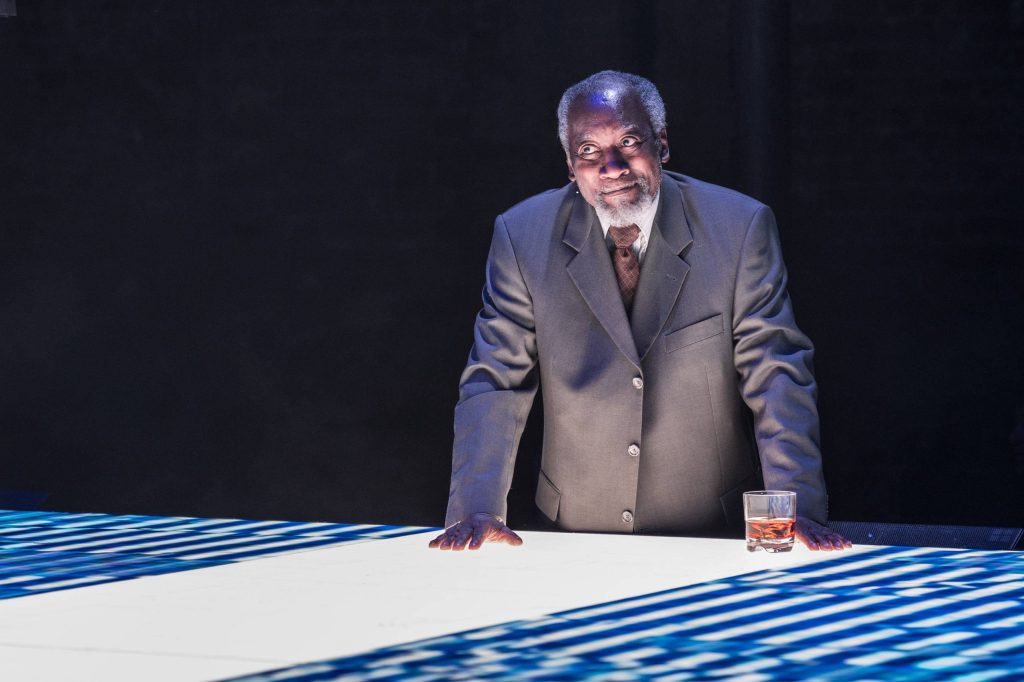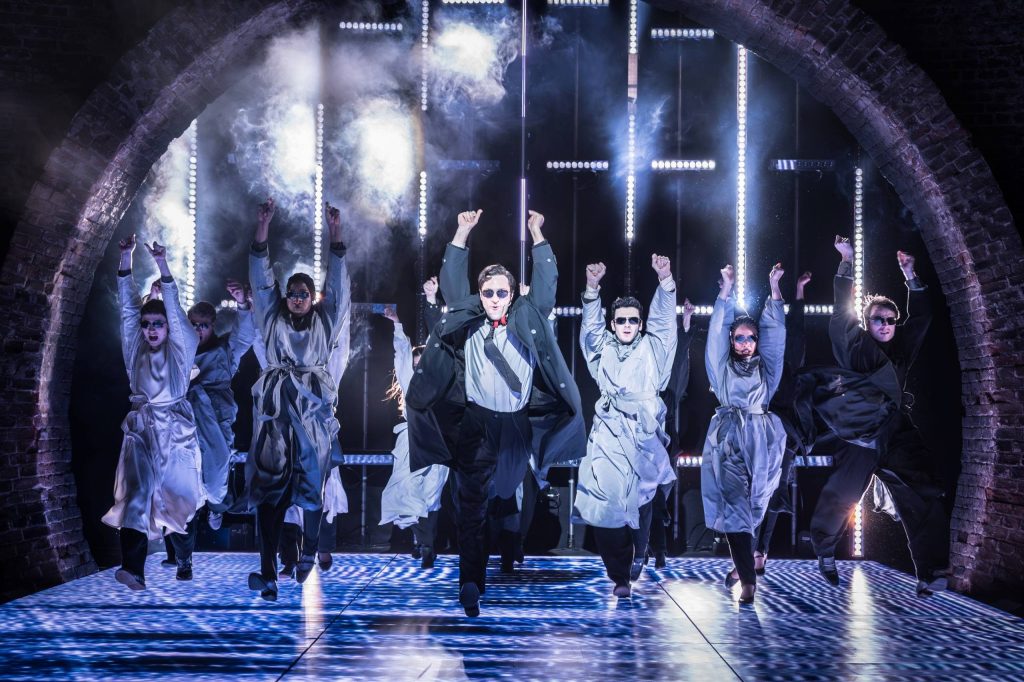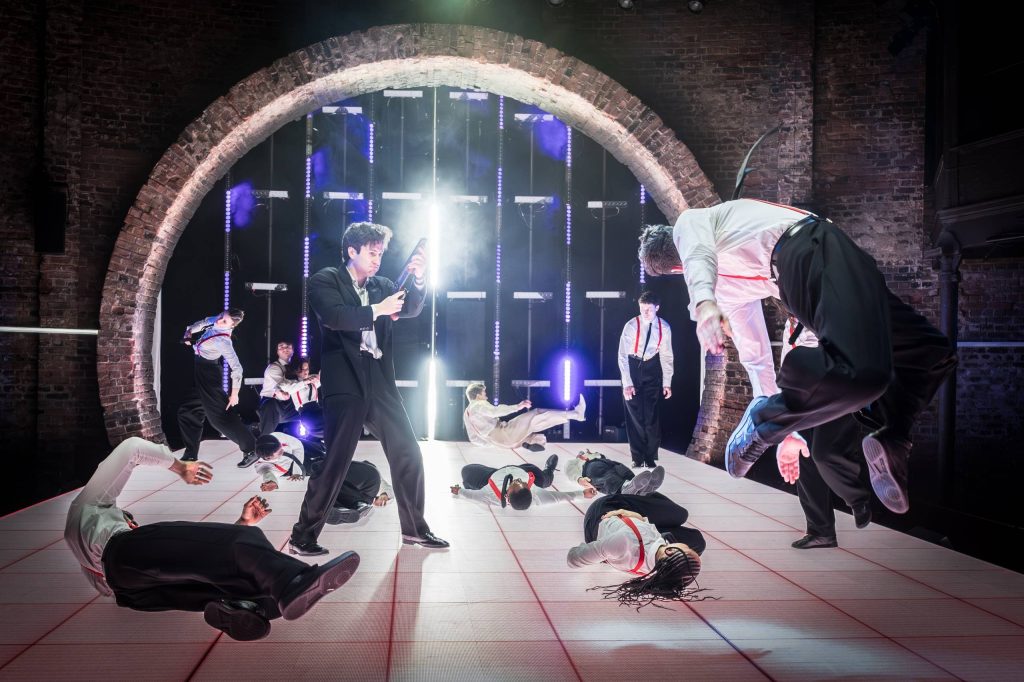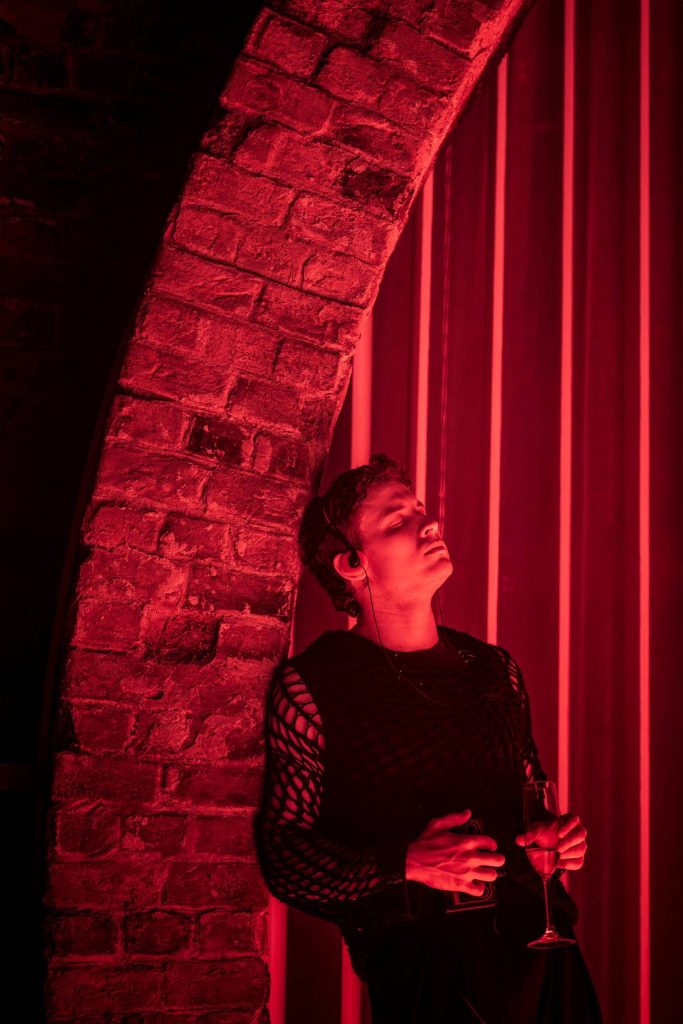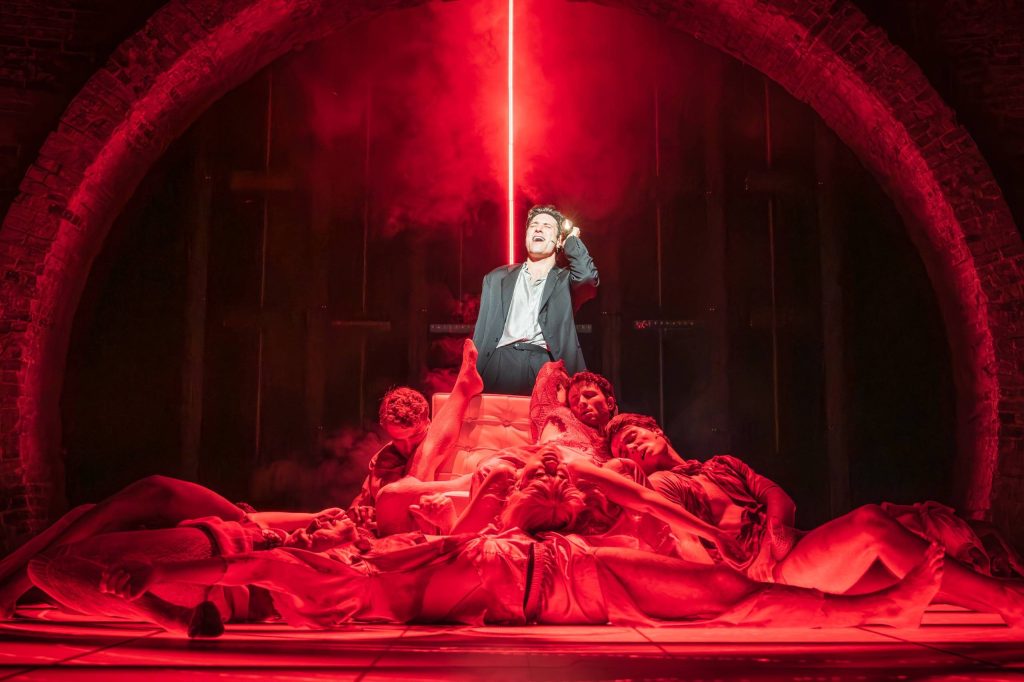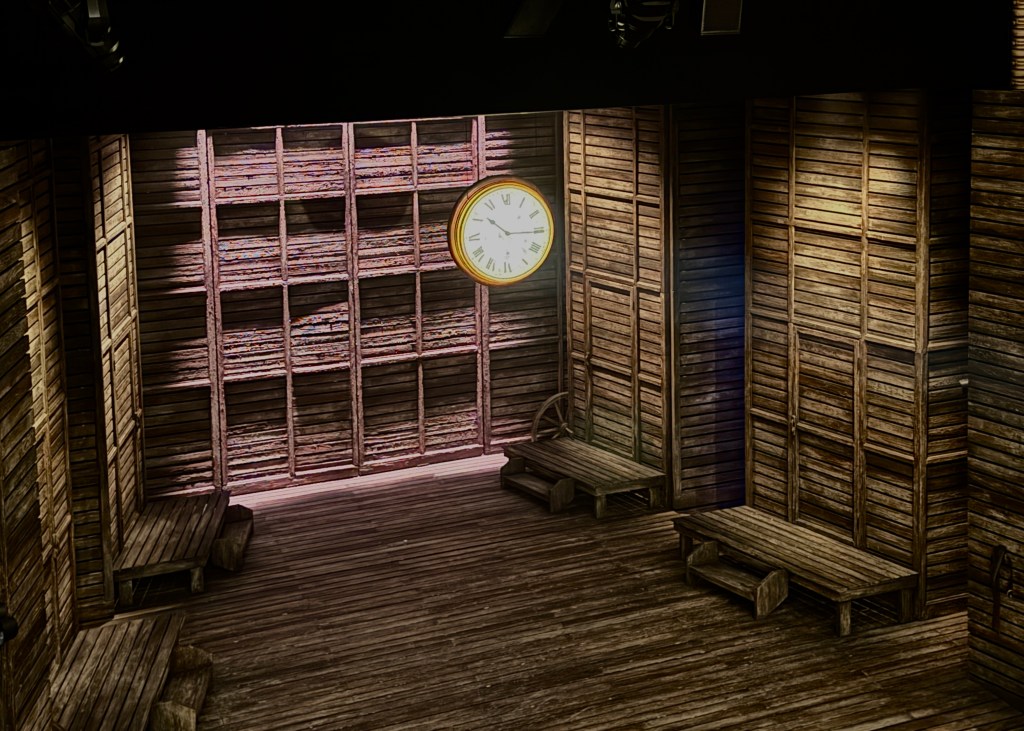Although we are a theatre-going group, we theatreguys often go to the theatre by ourselves or with friends. This OurReviews page is where we write about those theatre visits. The latest theatre visits are listed below with earlier years on other pages. ‘Our Rating’ is our opinion; the ‘Group Appeal’ star-rating is our recommendation for our general mixed group. Star ratings are not given in the SelectedPostings section contributed by others. Enjoy, Fredo&Mike
Please use the menu above to find OurReviews in this section; details of current, future and previous bookings in the Bookings section; introductions to upcoming shows in the SettingThe Scene section; news and articles in the News section; our Group’s comments on shows you see in the Selected Postings and Your Comments sections; links to other useful websites in the Links section; and About Us is all about us.
Click here for OurReviews in earlier years –
2025 / 2024 / 2023 / 2022 / 2021 / 2020
READ reviews with pictures for 2026, by the theatreguys (this page) and Group friends (SelectedPostings2026) by clicking on the titles here : Evening All Afternoon / The Dance of Death / Man and Boy / Arcadia / A Ghost in Your Ear / American Psycho / The Unlikely Pilgrimage of Harold Fry / Shadowlands / Guess How Much I Love You? / High Noon / Woman in Mind / KENREX / Into the Woods / Orphans / When We Are Married / Indian Ink / Top Hat /End
28/02/26 Fredo writes –
The Dance of Death
By August Strindberg, at the Orange Tree Theatre
You never know what you’re going to get with The Dance of Death. Strindberg wrote this play in two parts, which are sometimes abridged and played together. Most frequently, part one is played on its own, and that was the case at Richmond. For me, it still felt like a long evening, despite the sprightliness of WIll Keen and Lisa Dillon as the warring couple, the failed captain Edgar and the former actress Alice, and Geoffrey Streatfield as her cousin Kurt, making an unfortunately-timed visit.
From the outset, Alice and Edgar clearly hate each other, after nearly 25 years of marriage. They are trapped together economically, and by the children they have weaponised against each other. It seems to be their determination to make life hell for each other that keeps them alive.
And that’s more or less it. The play is enlivened by flashes of the blackest comedy, but there is little development or revelation in the characters. Directing his own adaptation Richard Eyre doesn’t give the actors room to engender any sympathy for their characters. Edgar is a monster, but in the second act when Alice is trying to break free with Kurt, the dice is loaded against her. They remained ensnared by their mutual detestiaton.
The crowded set in the tiny acting space at the Orange Tree adds to the emotional claustrophobia. Of the actors, Lisa Dillon comes off best, emphasising Alice’s coquettish, though faded, charms. Geoffrey Streatfield conveys the disappointments of his own marriage, and his anger at Kurt’s complicity in estranging him from his wife and children, in a rather self-effacing performance. The star turn of the evening has to be Edgar, if the play is going to work. Will Keen looks the part, with his clipped hair and military bearing. There is a problem which I have been aware of in this actor’s other performances. Even in the small Orange Tree, he was at times inaudible, dropping volume at the end of sentences. That is, when he wasn’t shouting. No, it isn’t my hearing; Lisa Dillon is more softly-spoken, but I could hear every word.
I first saw this play in 1969, at the National Theatre at the Old Vic, with Laurence Olivier, Geraldine McEwan, Robert Lang and a young Jane Lapotere, as the daughter in part two of the play. This is the third time I’ve seen it, and I feel I’ve done my duty by it. And perhaps by Strindberg as well. But if you’ve never seen it, you should, at some point. It’s regarded as a theatrical milestone, and given a bigger stage and room to breathe, and bigger performances, it could be an electrifying evening.
Mike adds – Like Fredo, I saw Olivier do this at the Old Vic, and terrifying he was in his temper and abuse, well matched by a coldly selfish and vicious McEwan. Lisa Dillon is an actress we always enjoy but she is a naturally warm performer and had been miscast here. The play has a reputation for being one of the bleakest dissections of a marriage on stage. I was looking forward to it.
But, as Fredo says, it has elements of black comedy, needed to vary the tone and add glimmer to the darkness. Right from the start here, there was a suggested comic tone. The audience laughed quietly as barbed insults were exchanged, tittered more enthusiastically as the shouting began; they seemed to be reacting more to an Ayckbourn than a Strindberg. I was unamused, perhaps more disturbed by the audience than the play. Fredo now says he would have enjoyed it more if I had not been sitting next to him! Maybe, but really Richard Eyre seemed more intent on directing an entertainment than reflecting a marriage in its final throws of implosion. We do try not to make comparisons with earlier versions of any plays we see, but most importantly the original intentions of any playwright should be followed. I feel that in this production Strindberg’s caustic view of marriage had had its claws trimmed to be less disturbing than intended. Our mainly senior audience applauded enthusiastically.
Our Rating: ★★★/ Group Appeal: ★★
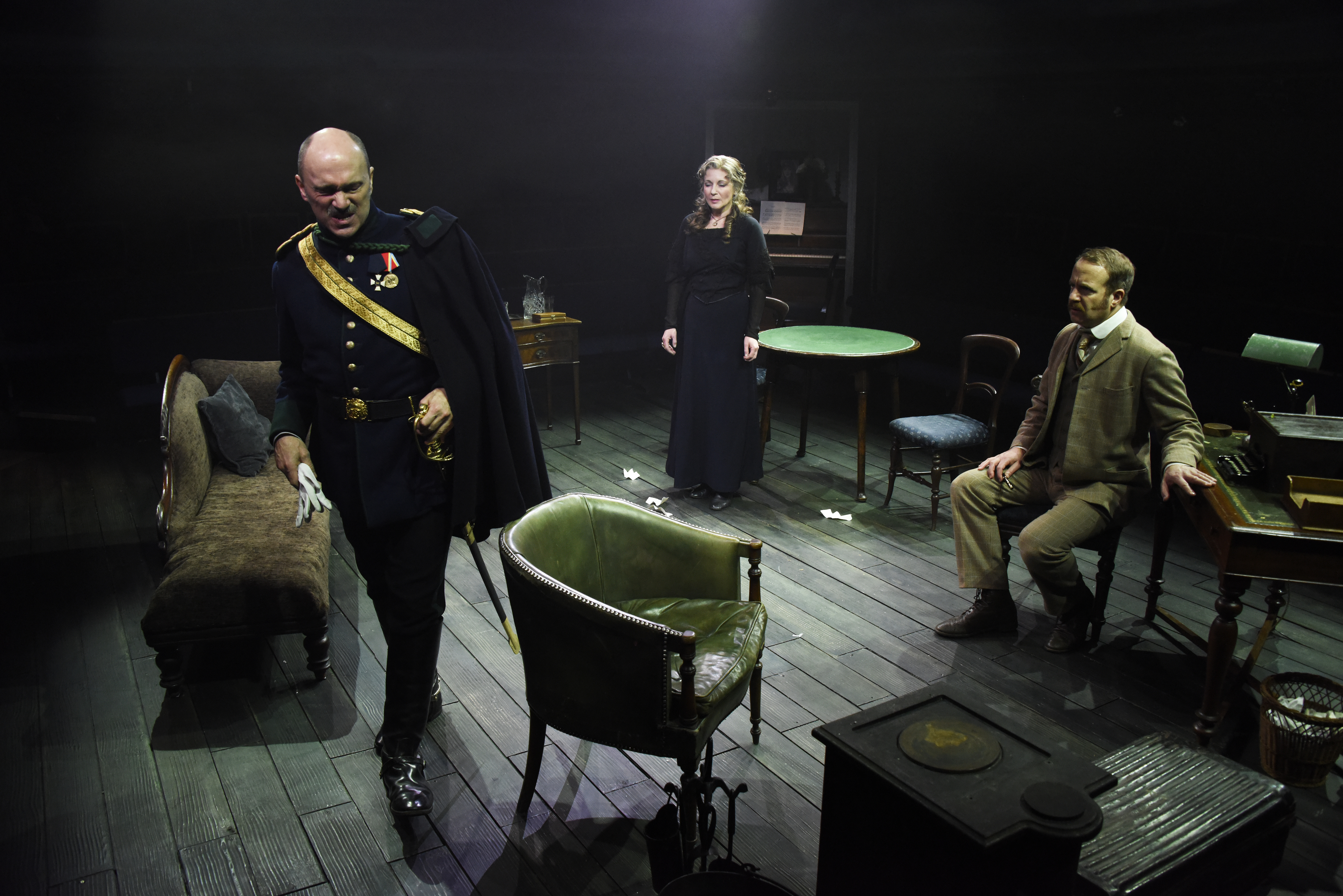
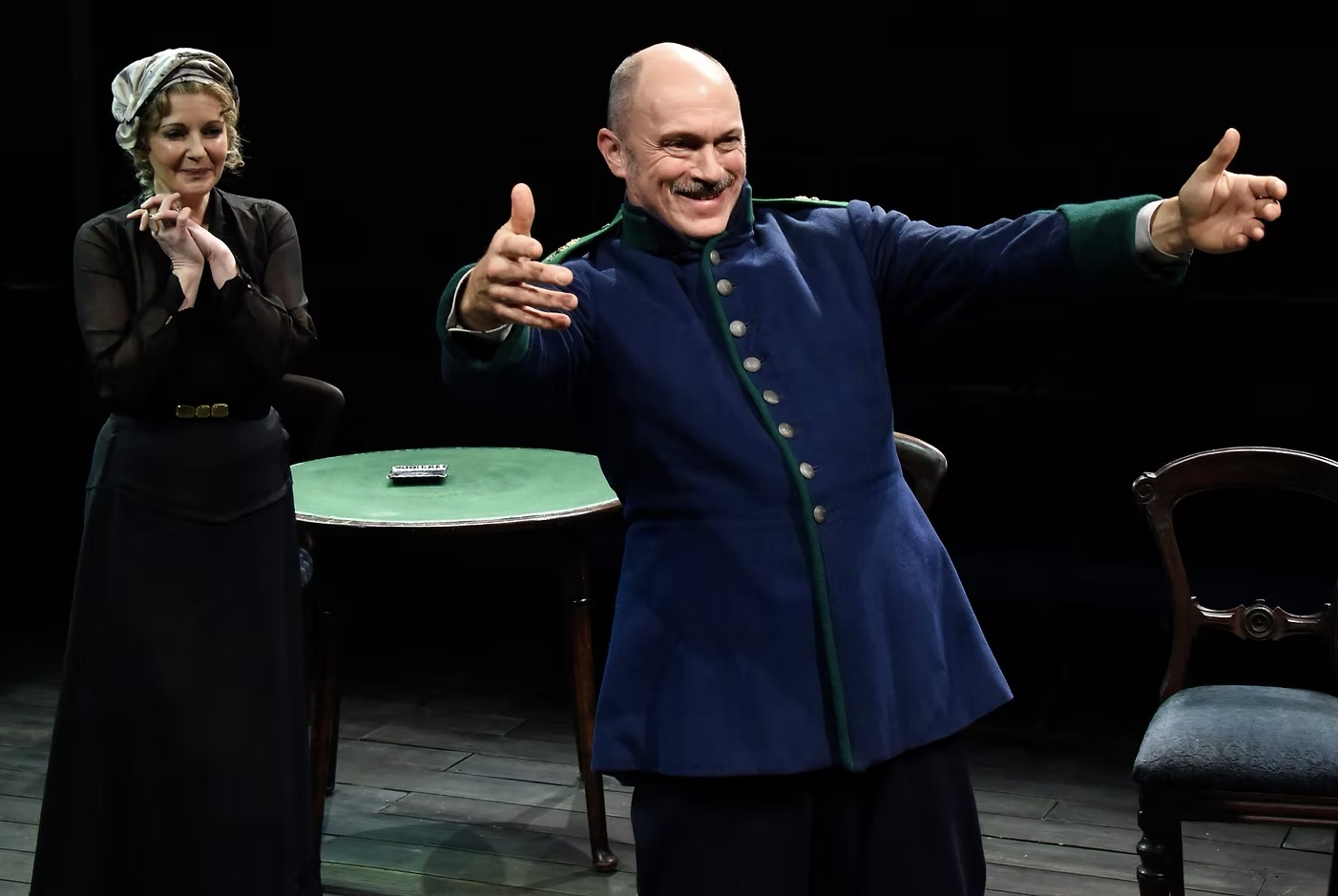
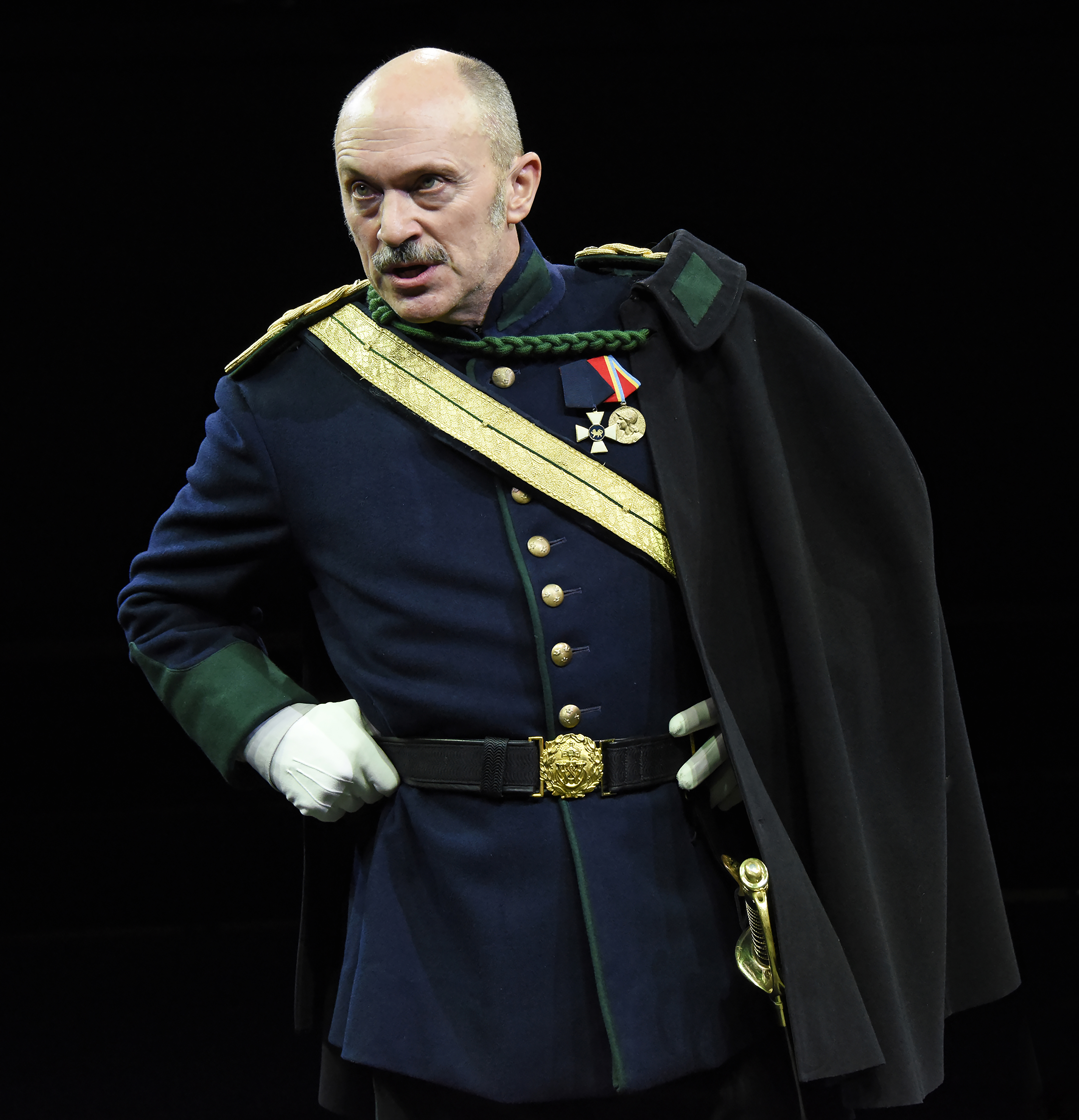
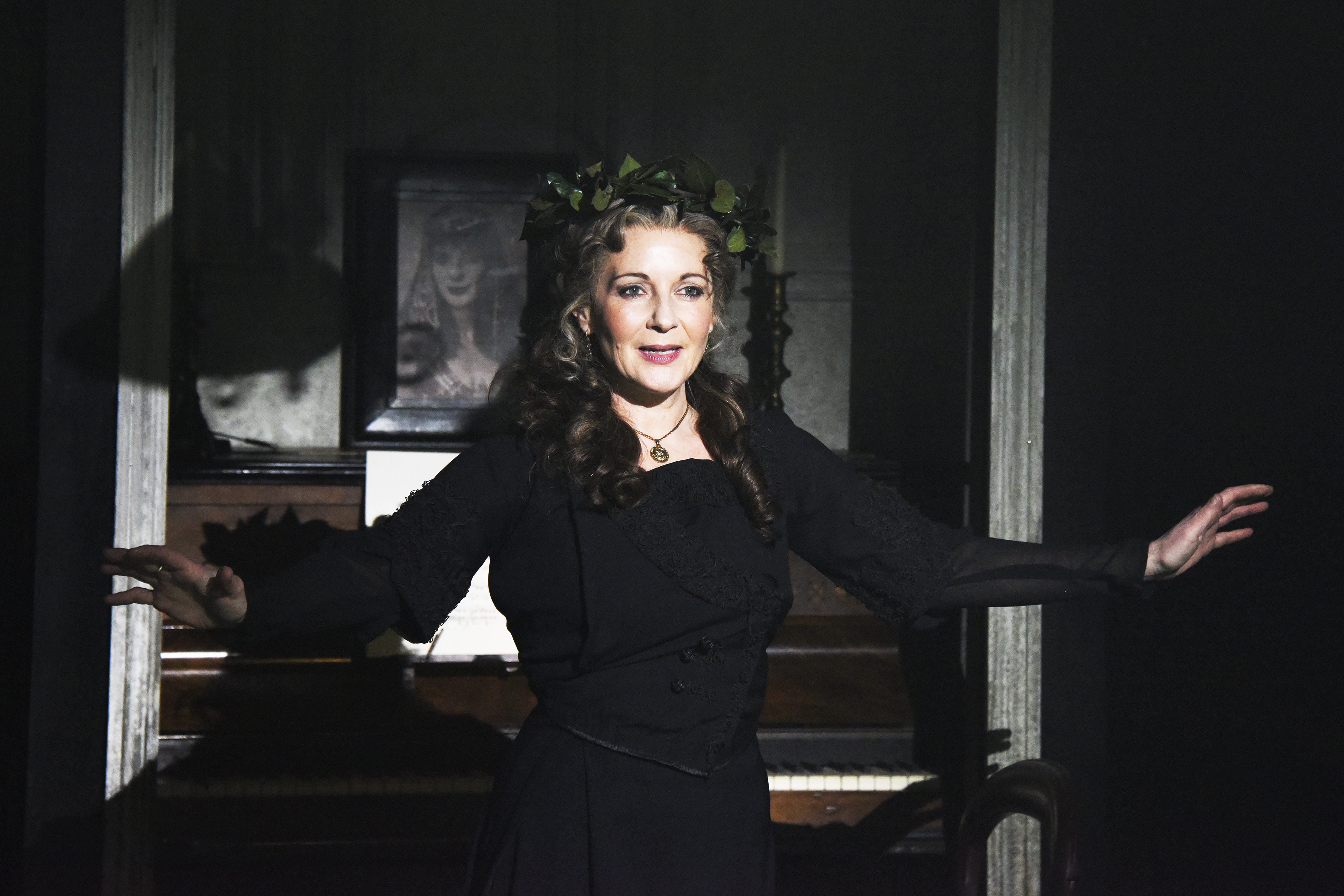
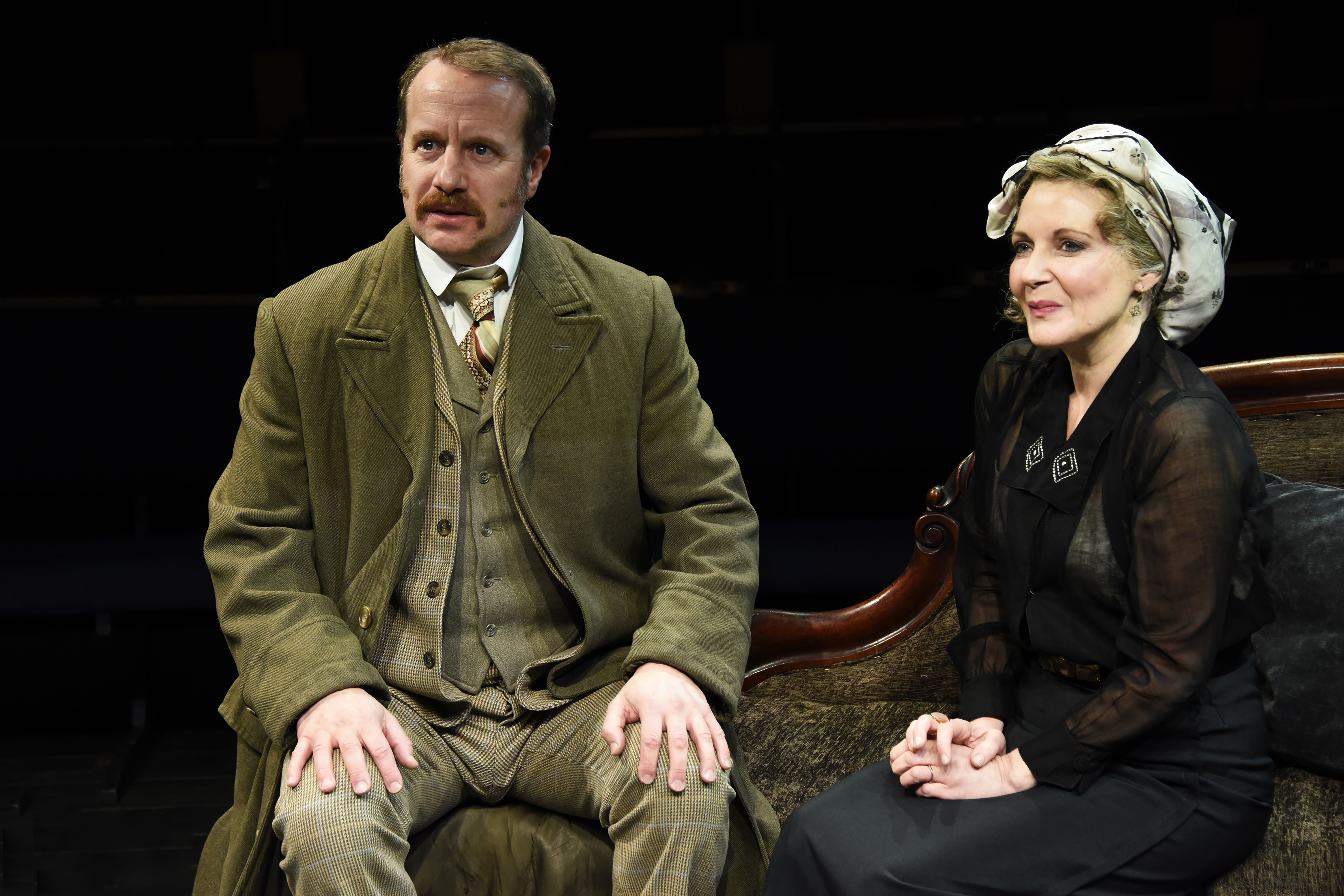
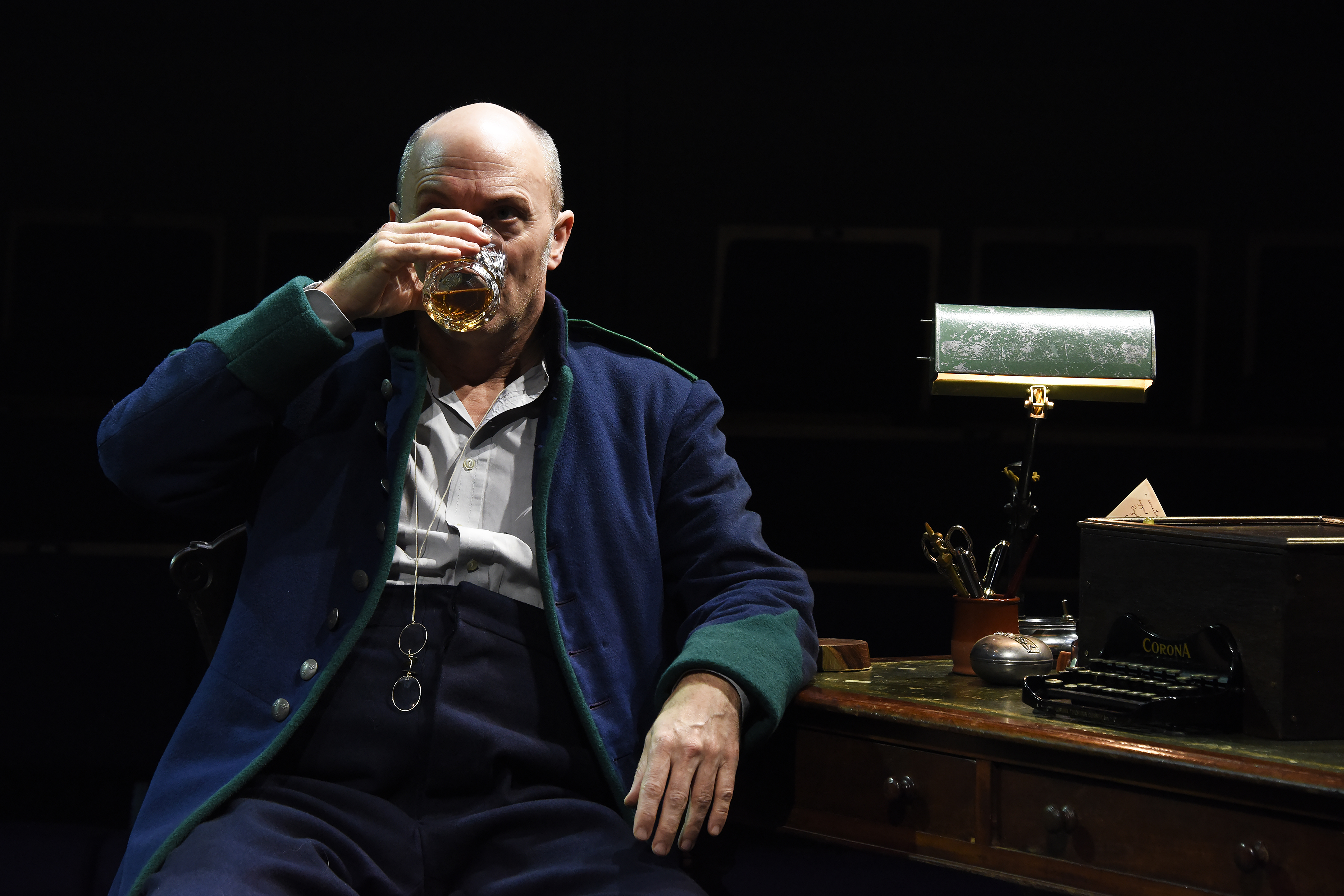
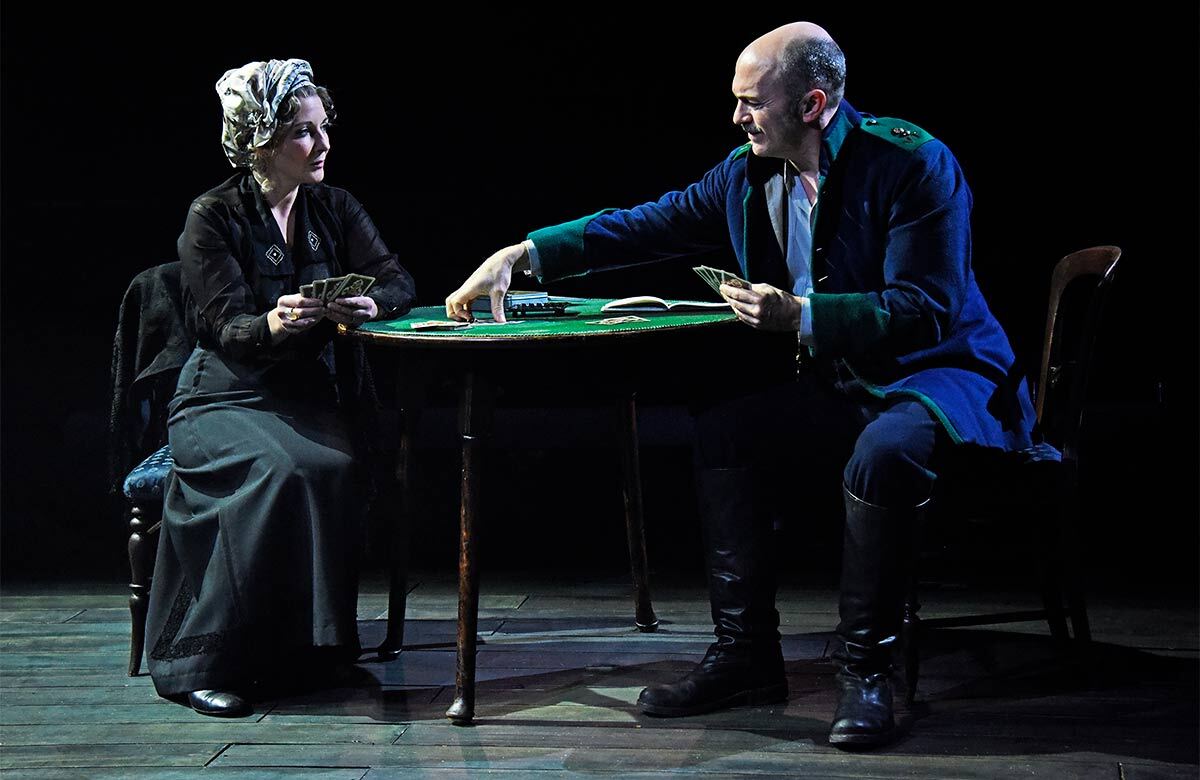
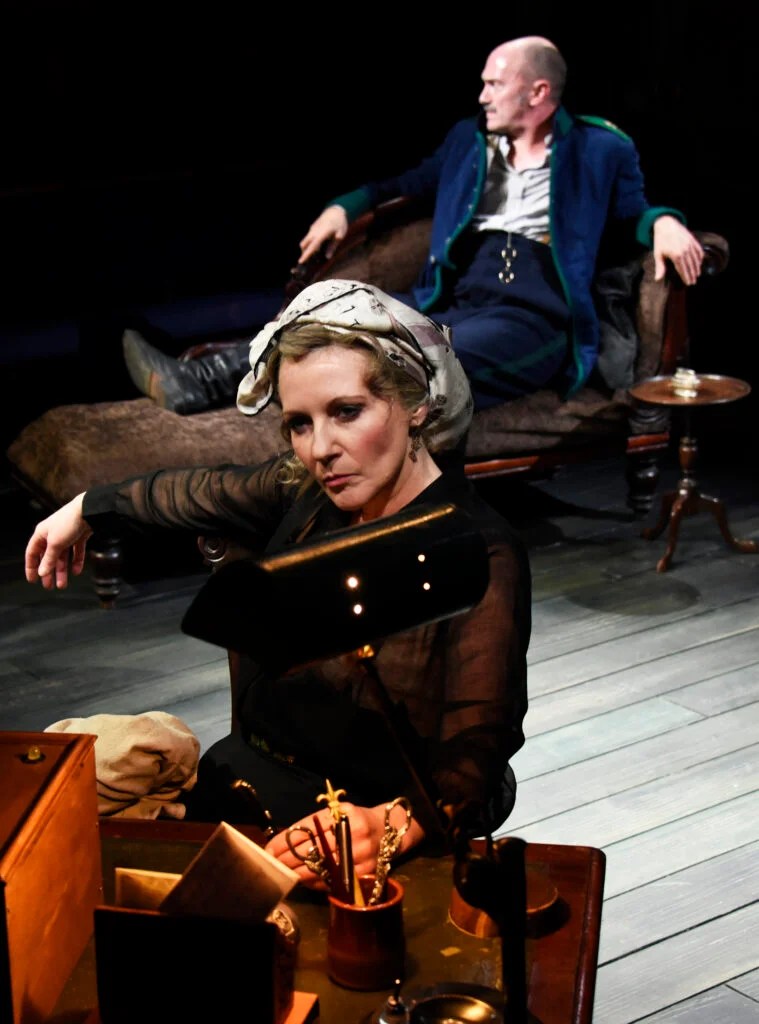
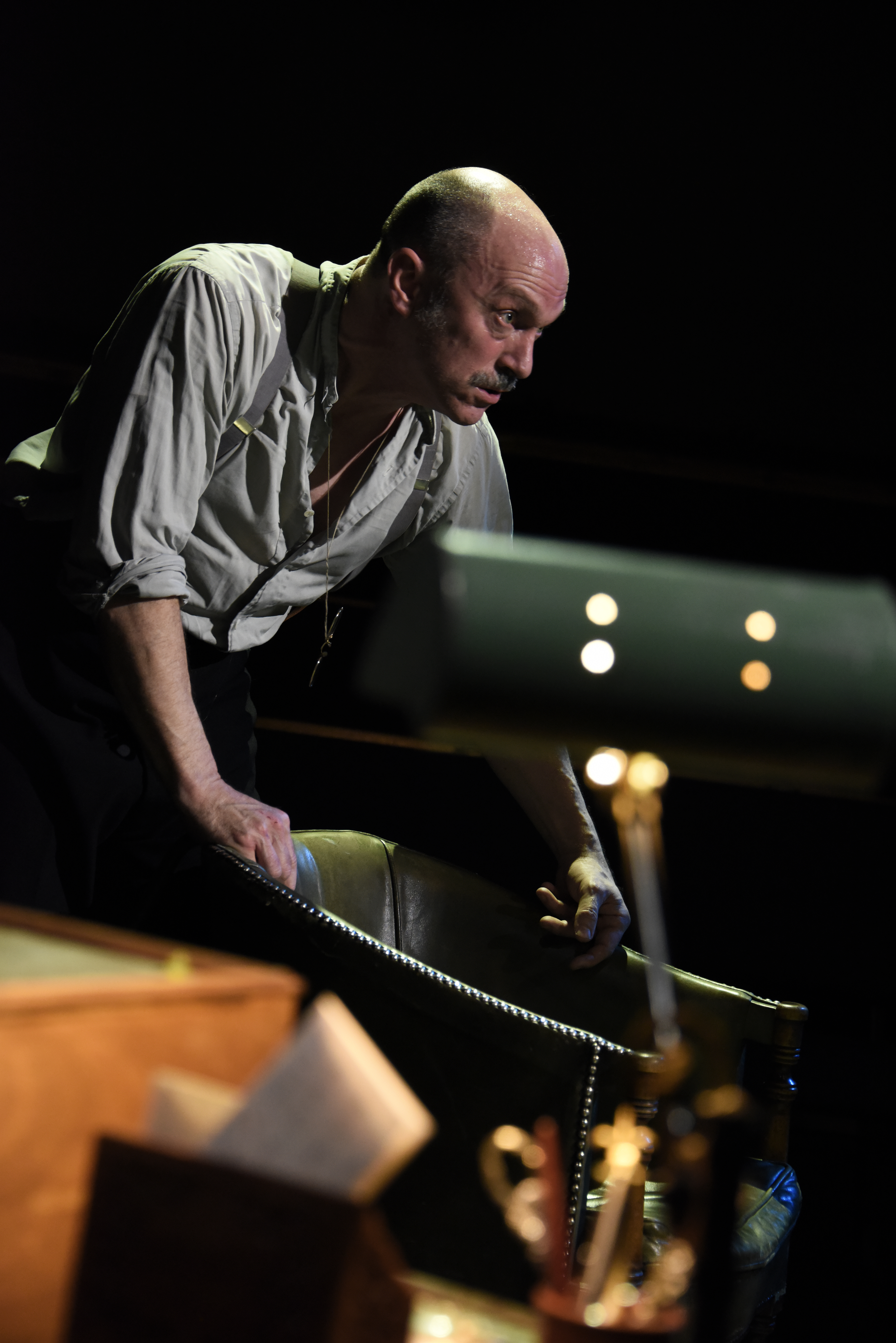
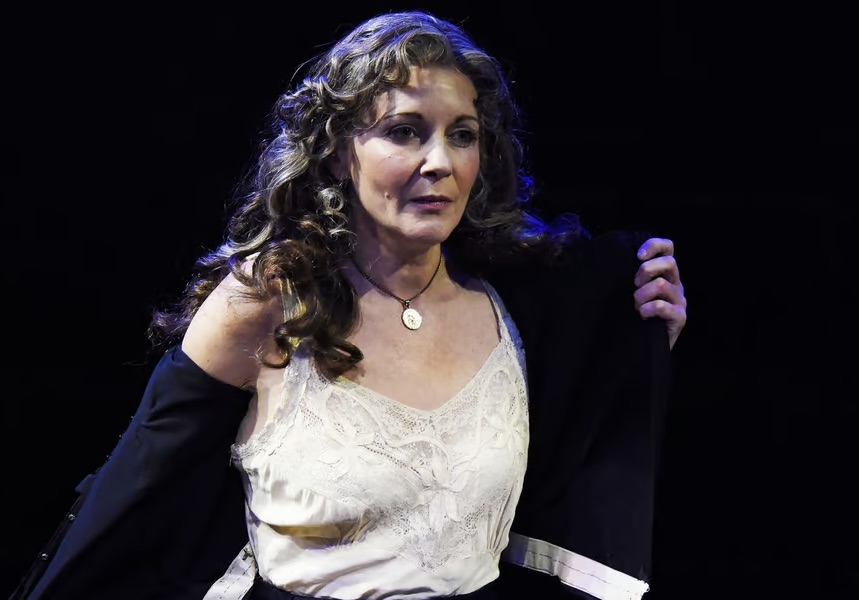
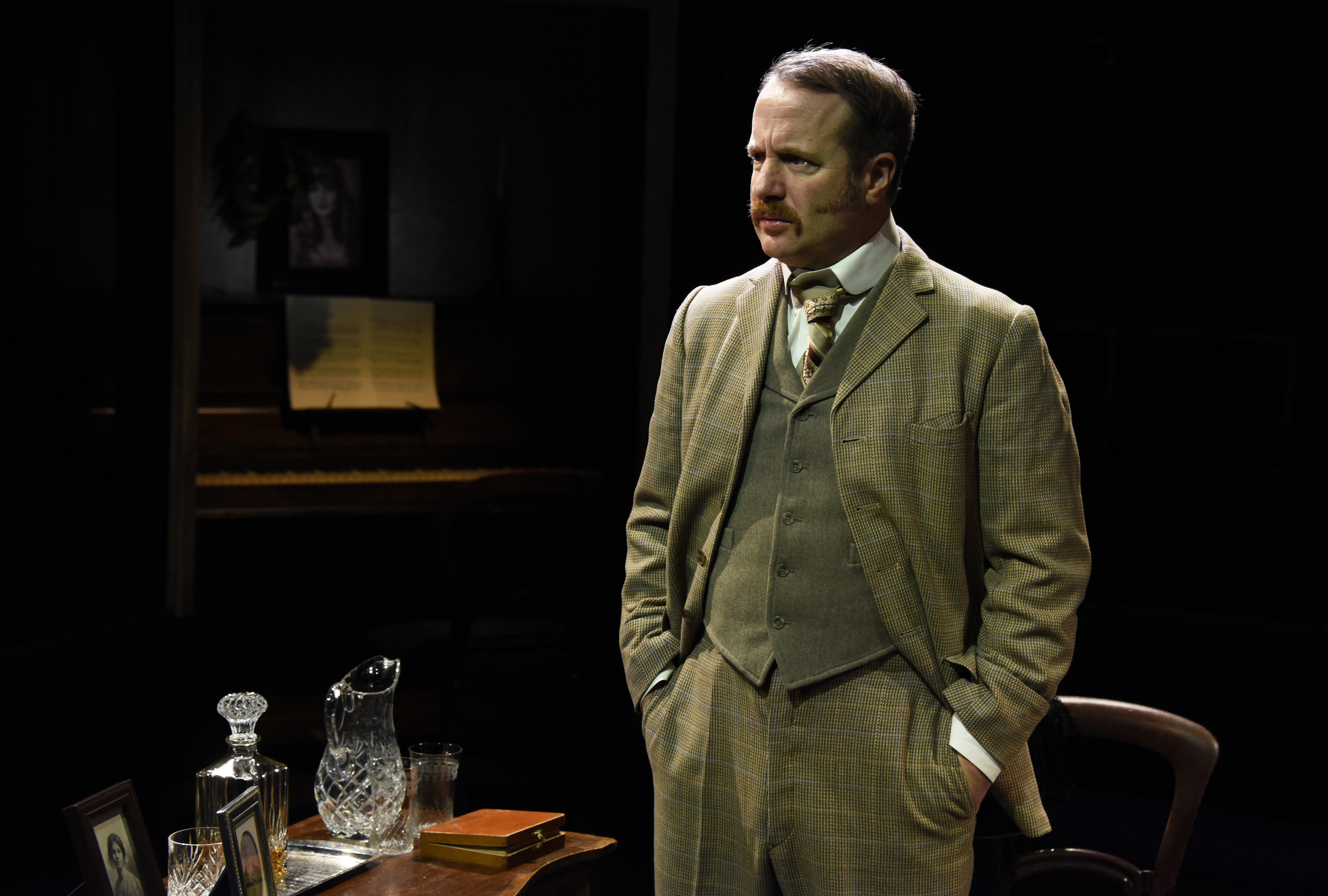
Photos: Nobby Clark
18/02/26 Jennifer writes –
Man and Boy
by Terence Rattigan, at the National: Dorfman Theatre
Man and Boy is a rarely performed work by Rattigan, written as his star was waning in the early 1960s following the rise to fame of the “angry young men” such as John Osborne and Arnold Wesker. Unfortunately for Rattigan, plays about lives of quiet desperation lived in a seaside hotel or in rented rooms with one’s unsuitable lover were no longer fashionable. Man and Boy is Rattigan’s attempt to recapture the zeitgeist with a drama set in 1939 about an eastern European plutocrat (based on a real person, apparently) who will stop at nothing to save his business empire from crumbling after a business deal goes awry. In a bid, perhaps, to shake off Rattigan’s somewhat staid image in this new production, the director and stage designer have decided that the traverse stage in the small Dorfman Theatre should be bare apart from Formica tables onto which the actors jump up and down at key points, as well as some 1930s props: a Bakelite phone, a wireless and a decanter of whisky on the sideboard. As the play is set very firmly in its time, with references to the Great Depression and the rise of fascism and Nazism in Europe, the non-naturalistic set just feels strange and distracting.
Luckily, the charismatic Ben Daniels, plays the plutocrat, Gregor Antonescu with an impeccable (as far as I know) Romanian accent, a sharp suit and bags of charm. Daniels’ knack of mixing allure and menace in his characterisations is certainly on show here. As the play opens, Antonescu arrives unexpectedly at the Greenwich Village apartment of his estranged son, Basil, played by an affecting Laurie Kynaston (tv’s delightful Leonard and Hungry Paul), and asks if he can lie low while he works out his next move. He’s being chased by the press after the possible collapse of a merger of one of his companies with an American conglomerate has become public. Basil reluctantly agrees encouraged by his girlfriend, Carol (Phoebe Campbell), who is charmed by Antonescu. As the action unfolds, and Antonescu’s right hand man, Sven, adroitly played by Nick Fletcher, arrives, we realise our plutocrat has been plotting all the while. What’s more, he’s been keeping a dossier of useful information on Basil during their estrangement (remind you of anyone?). During the tightly plotted first half, Daniels embodies Antonescu’s intelligence, wit, animal cunning and, yes, charm (his explanation of financial liquidity to Carol is a masterclass). You can’t take your eyes off him even when he’s jumping off the table. The pace is breathless and, as the Chairman of the conglomerate arrives at the apartment with his accountant for a hastily arranged secret meeting, Antonescu’s diabolical plan becomes clear. How can he possibly get away with it……?
In the second half, it’s perhaps inevitable that the action feels underpowered and drawn out. Antonescu’s wife, the Countness Antonescu (the title has been bought by her husband, obviously) makes a brief appearance and the pair trade sardonic barbs. As Antonescu faces the future with pragmatism and a growing self awareness those in the audience swayed by his charm can’t help but wish things could have turned out differently. The play is too densely written to be perfect and apparently wasn’t popular when first staged (the plot twist is shocking to modern audiences and must have been more so in 1963). Nevertheless, I’d give the production 3* with an extra 1.5* for Ben Daniels making a total of 4.5*. Here’s hoping he receives a well deserved Olivier nomination and perhaps a tube of voltarol for his knees after all that jumping on and off tables.
Our Rating: ★★★+★½ / Group Appeal: ★★★½

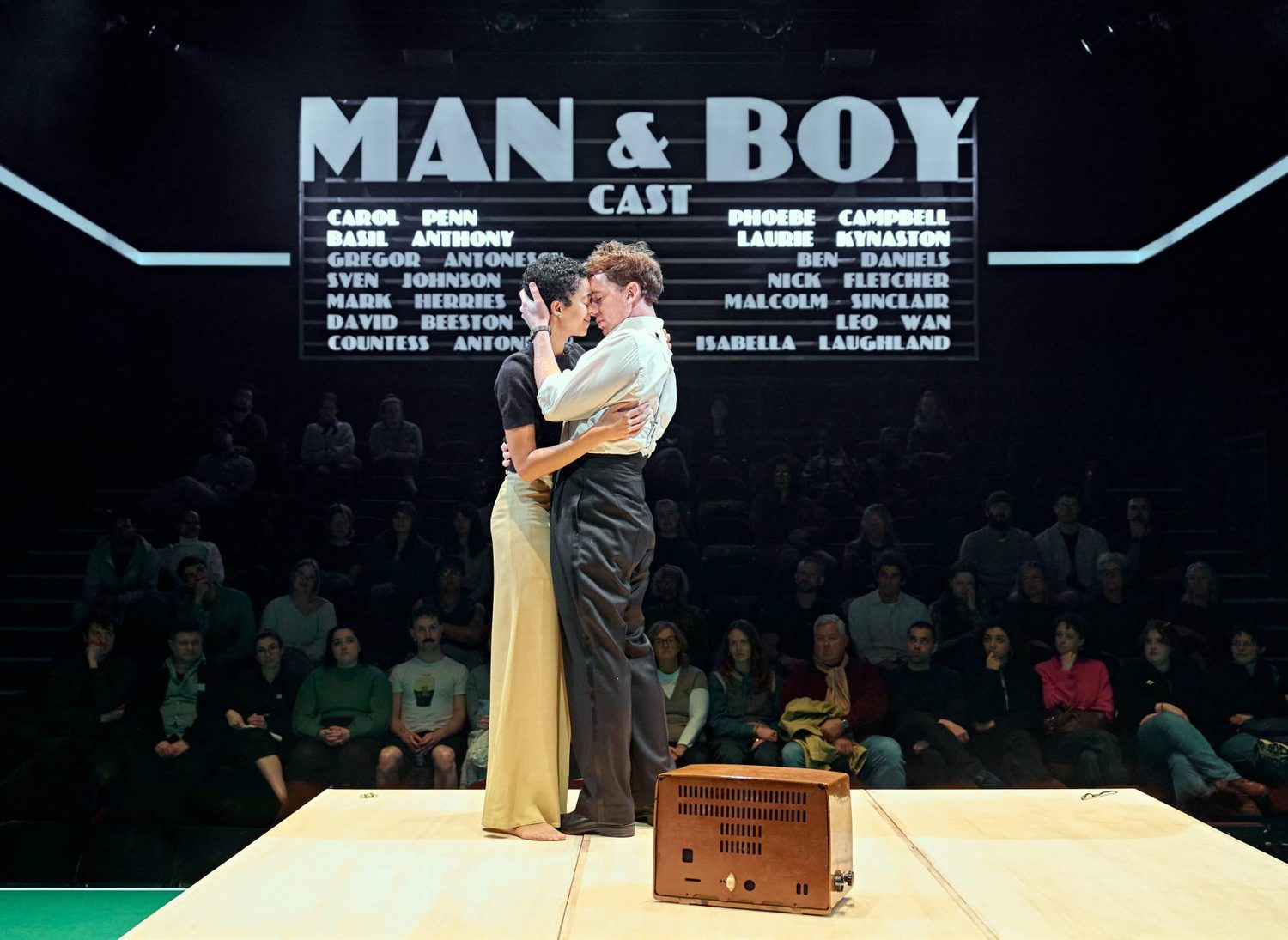
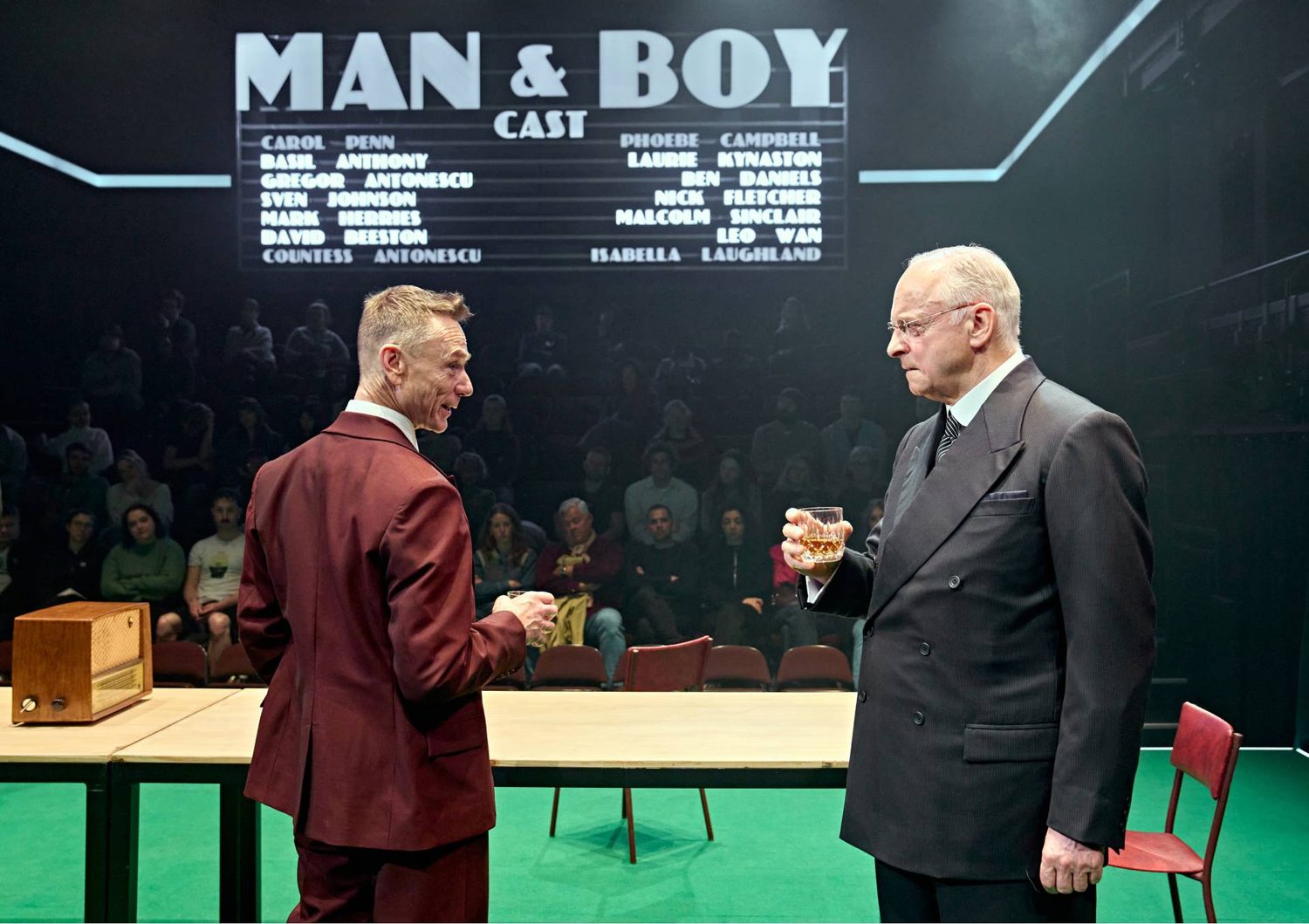
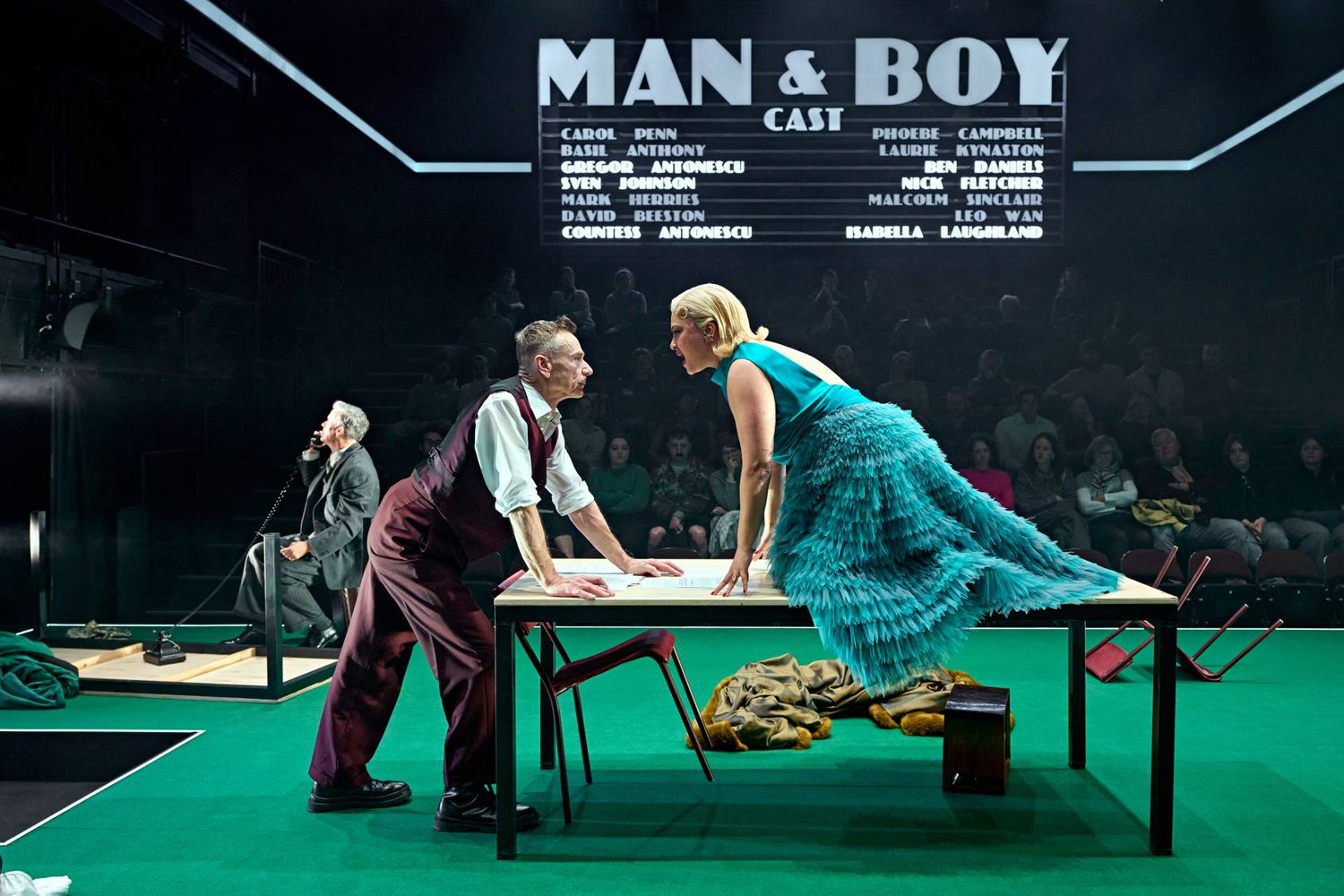
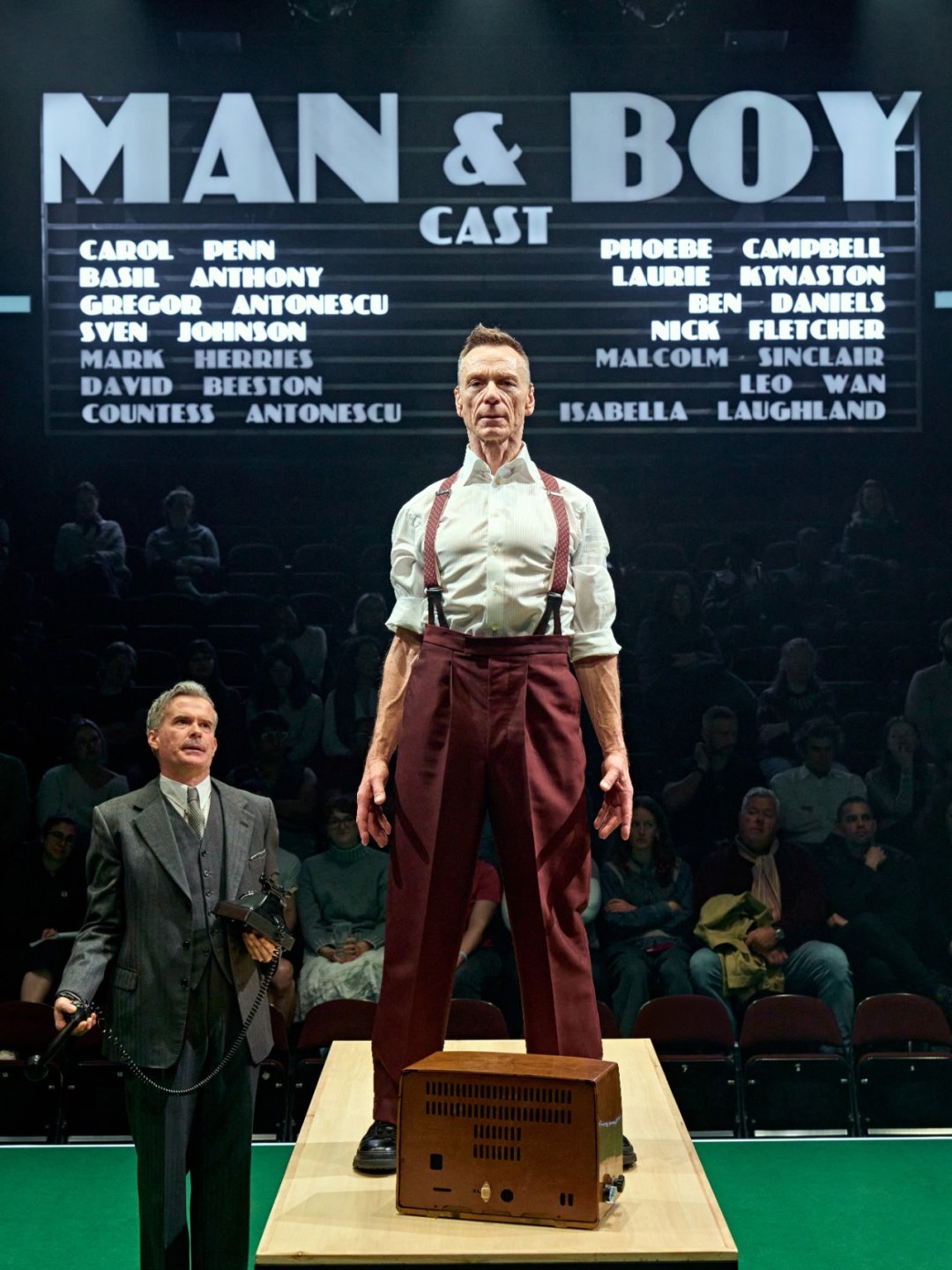

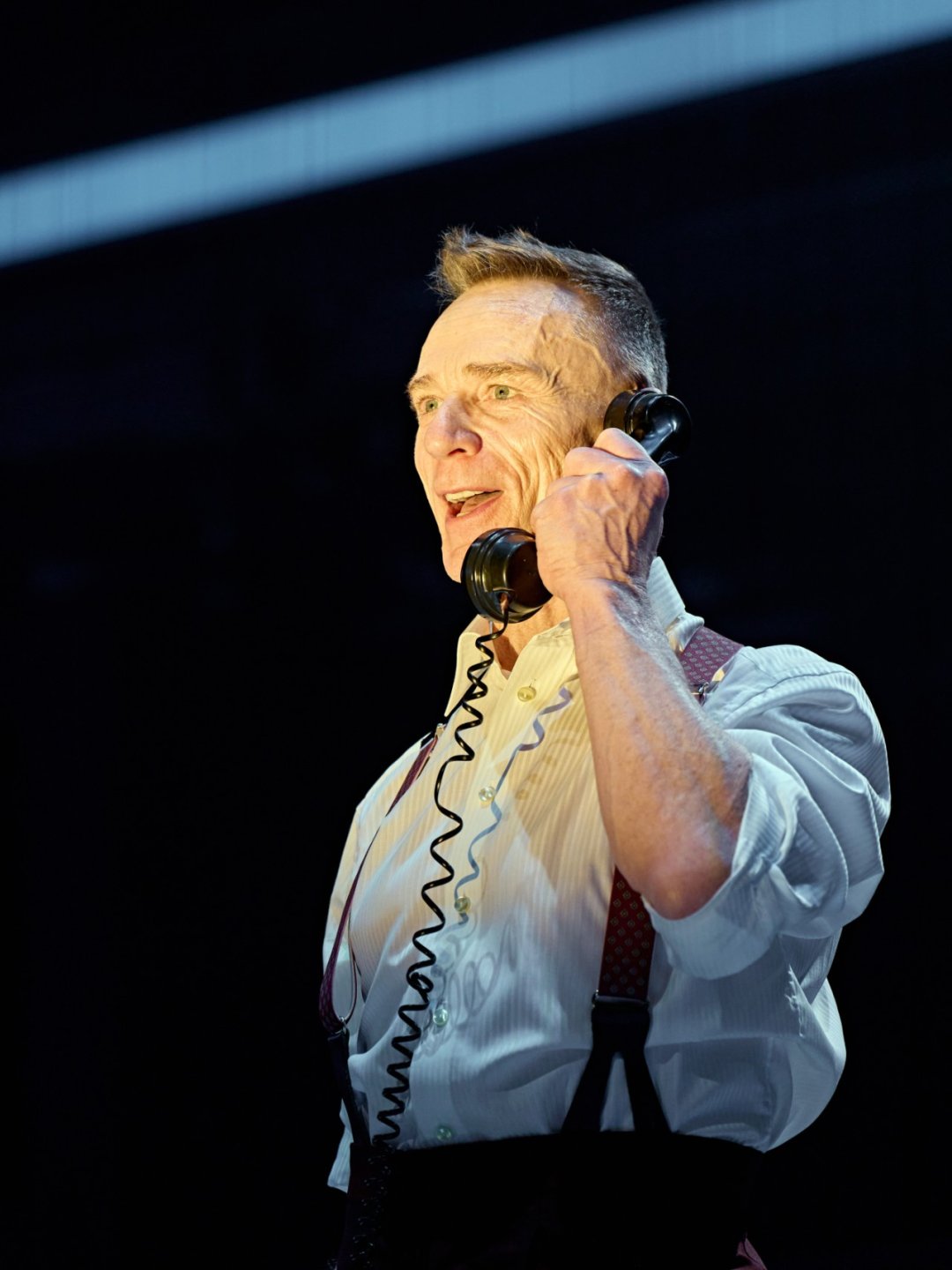
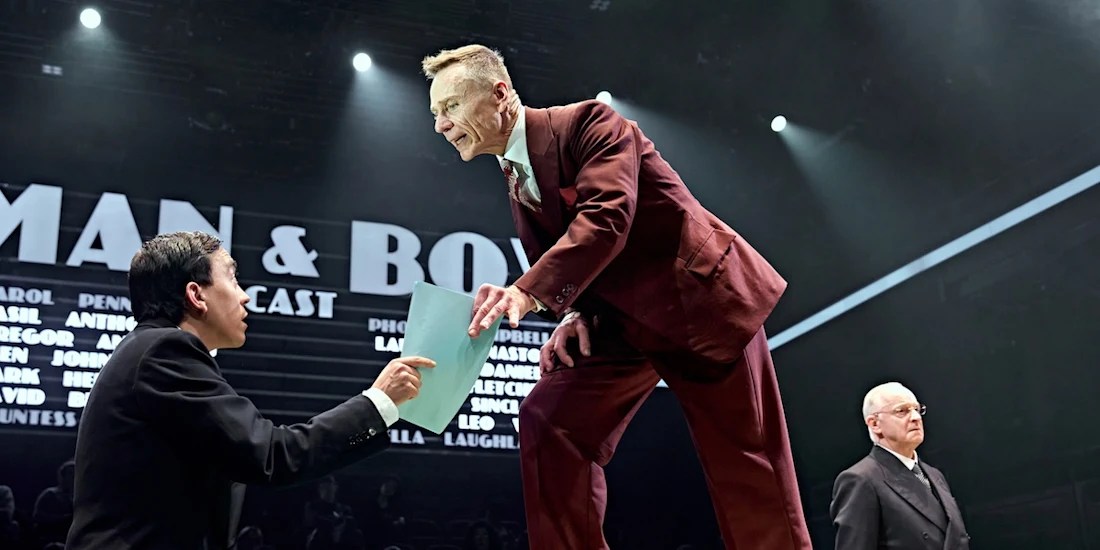
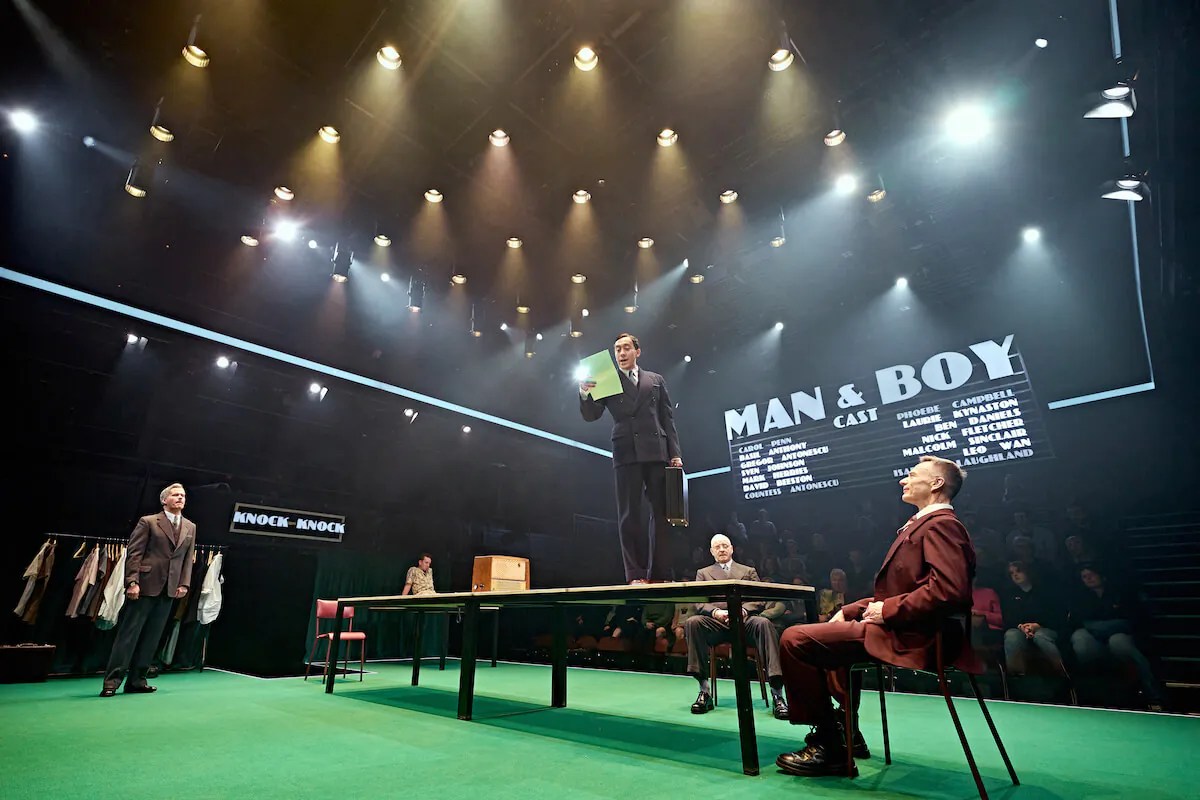
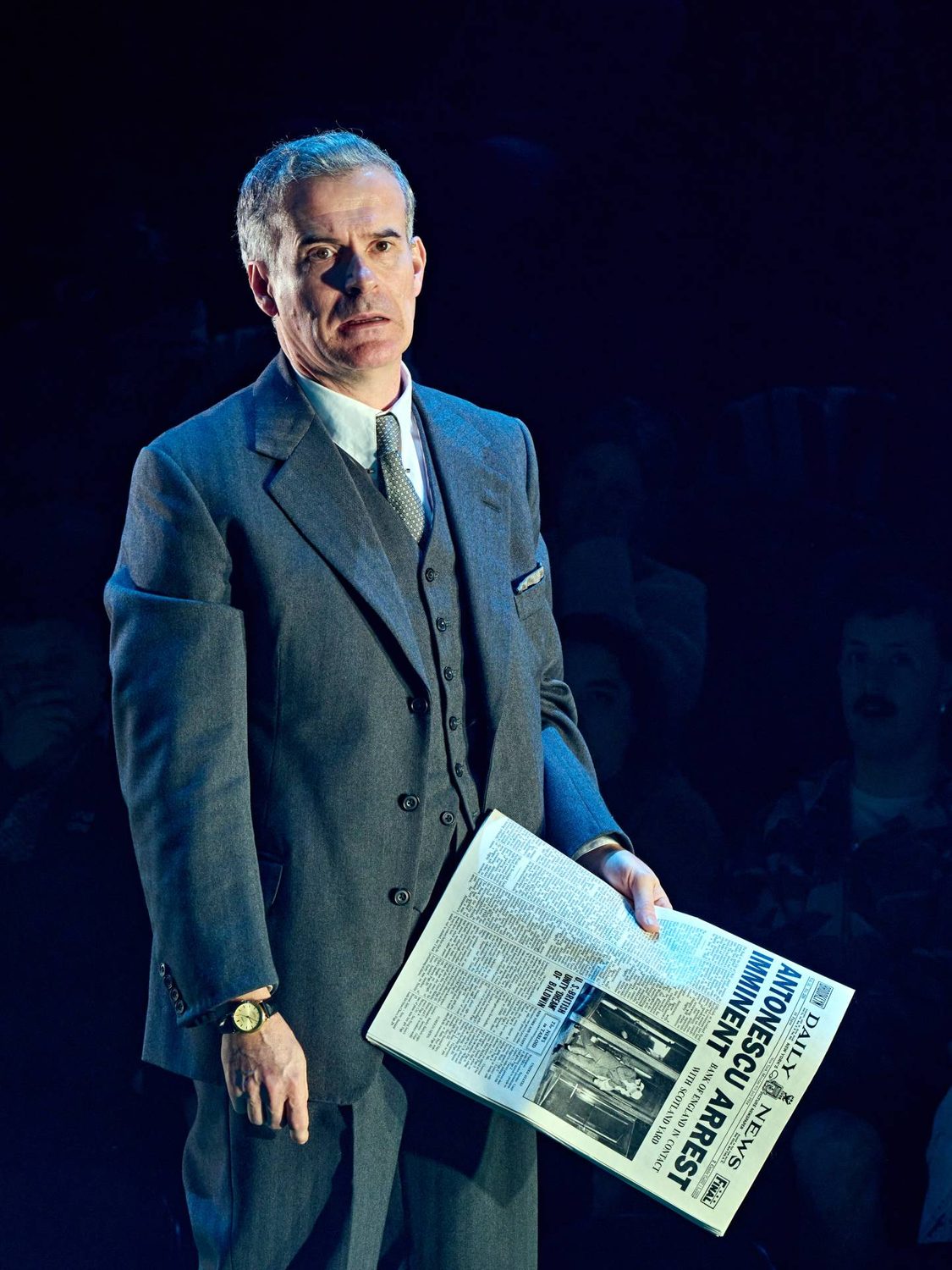
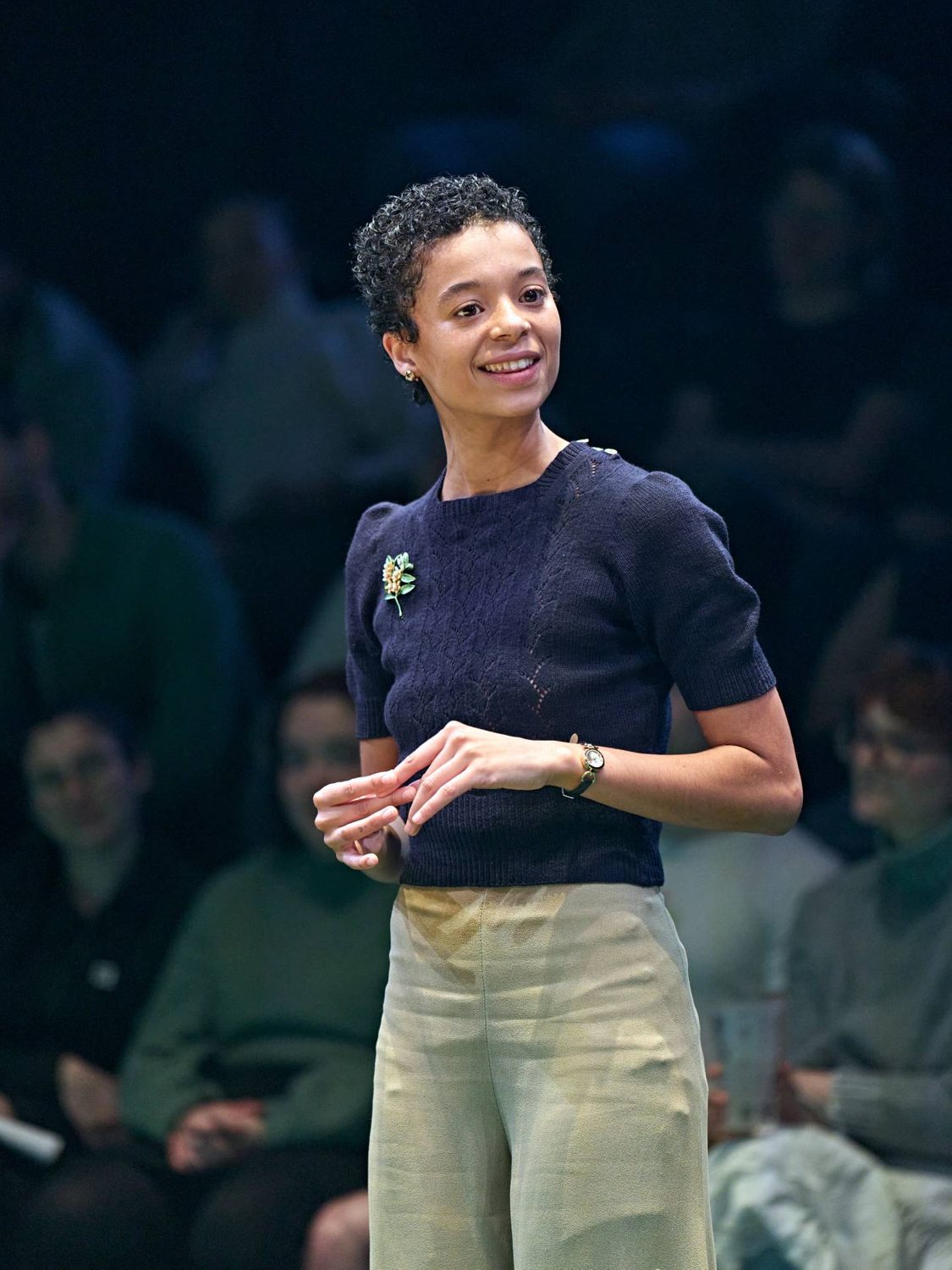
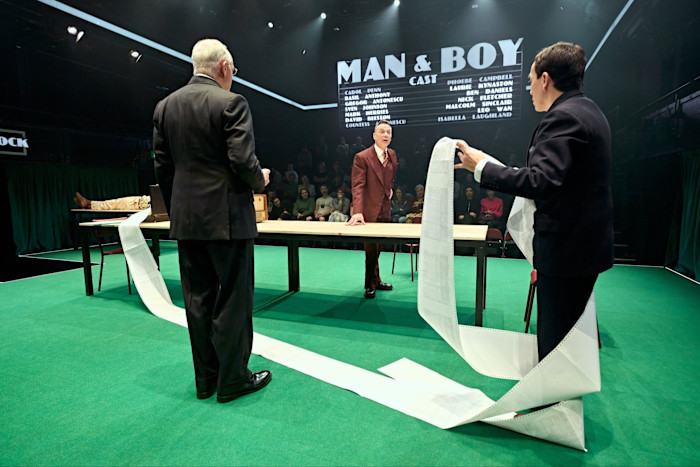
Photos: Manuel Harlan
(The Cast List is displayed on one side of the stage with names illuminated when actors are on stage. We could not see this from our seat but it must have been irritating for those facing it all the time.)
12/02/26 Mike writes –
A Ghost in Your Ear
Written and directed by Jamie Armitage, a collaboration with Ben & Max Ringham, at Hampstead Theatre Downstairs.
Ghosts, demons, the paranormal, the unexplained, and things that go bump in the night, all are Big Box-Office in theatreland at present. Look at the phenomenal popularity of Stranger Things, first on tv and then in the West End, and Paranormal Activity at the Ambassadors Theatre is currently selling out for every performance. Even I am reading ‘Chasing the Dark – Encounters with the supernatural’ by Times journalist Ben Machell, so I thought I should also check out this smaller scale ghost story Downstairs at Hampstead Theatre, and so popular over Christmas they had to extend the run.
After lockdown, the Donmar was the first theatre to open and they did it with spaced seating, in total darkness with nothing to see. The play was Blindness, about the experiences of a blind woman – we were put in her position by just listening to the dialogue and sounds through binaural headphones. Our sight returns for A Ghost in Your Ear but also relies upon headphones so we can hear a ghost we cannot see. It’s set in a recording studio booth where actor George Blagden is telling a ghost story into his mic with Jonathan Livingstone playing the technical assistant at the soundboard. I’ve said before how much I enjoy being told stories on stage – Kenrex, Harry Clarke, and even A View From the Bridge has a character narrating. Here George and Jonathan begin their recording and we listen intently, in darkness outside the glass booth. But there is more than a story being told here – the story takes control of the telling.
When the door of the booth inexplicably becomes jammed, we are trapped inside with George, in the dark, and can sense the presence of an unseen character. That old deserted house, an inheritance, with its empty decaying rooms and dark passages that we have been exploring with George…it becomes all too vivid in our minds, especially in that claustrophobic sound booth, in the dark theatre. We await with bated breath for every tense silence to be broken. Is that cold chill we feel just imagined? We hear rumblings, whispers in our ear, a deep voice….from someone…nearby…unseen.
It’s an old-dark-house story given a new twist by its use of binaural sound techniques. The microphone George speaks into looks oddly ghostlike itself with a plain face outline, but it is highly directional so we hear sounds moving from left to right and all around – we can ’see’ where the sound comes from until…..there are sounds from something there we cannot see.
It’s a gripping yarn with all the hoped-for tropes, the tension, the jumps, the laughs of relief…..and the unexplained, with a complex mix of generational ghost story within ghost story, and ’no escape’ from inherited doom. If you like ‘this sort of thing’ as obviously many do, then join the queue, but for others unwilling to suspend belief it will be avoidable hokum.
But all praise to the actors and the technical team behind the production, especially to George Blagden who holds our undivided attention throughout, tense for us and exhausting for him. His mostly-monologue of 90 minutes is interrupted only by the assistant and….
Our Rating: ★★★½/ Group Appeal: ★★
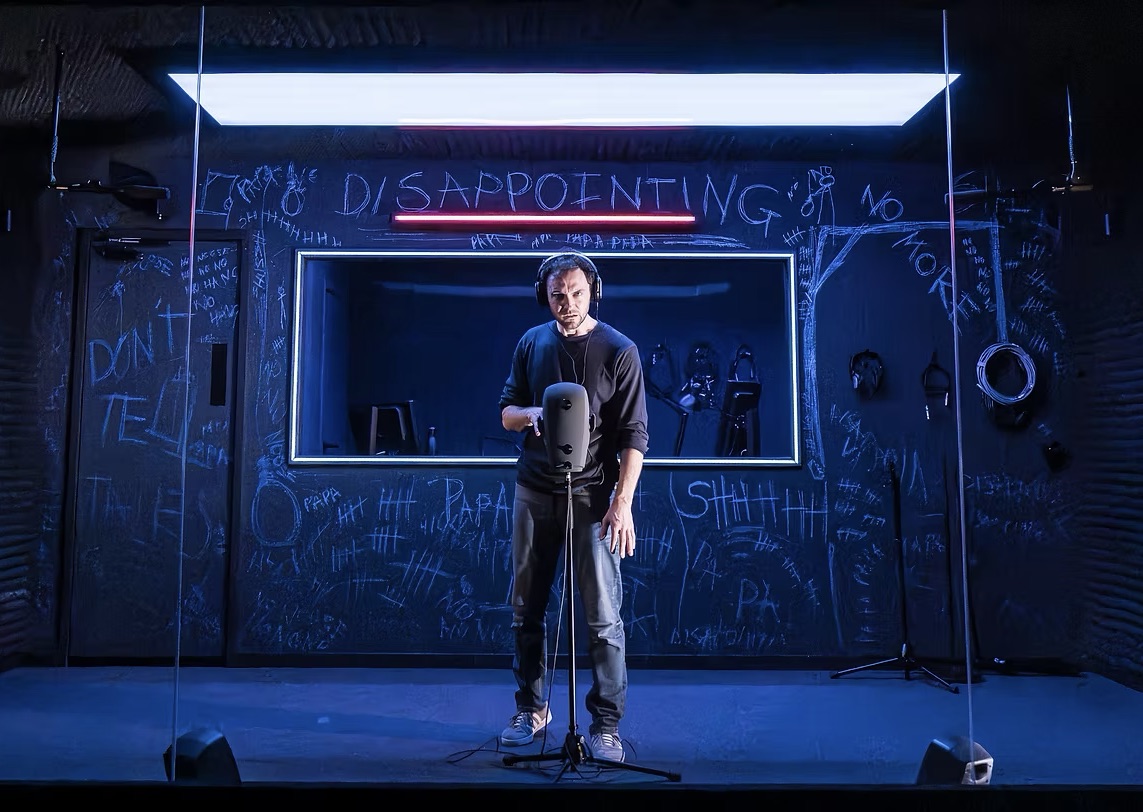
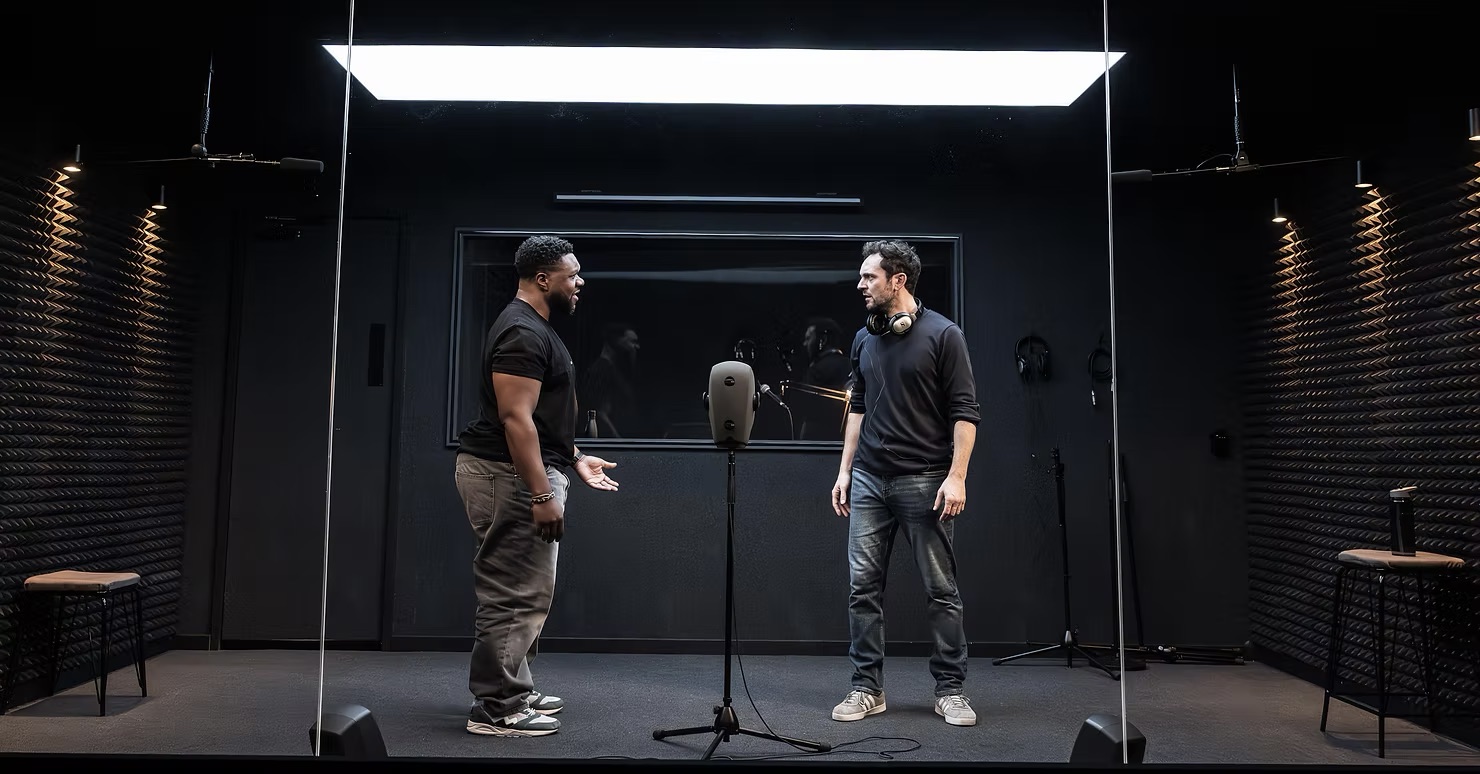

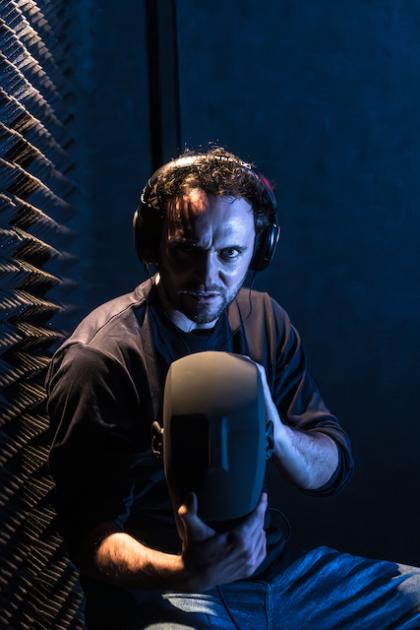

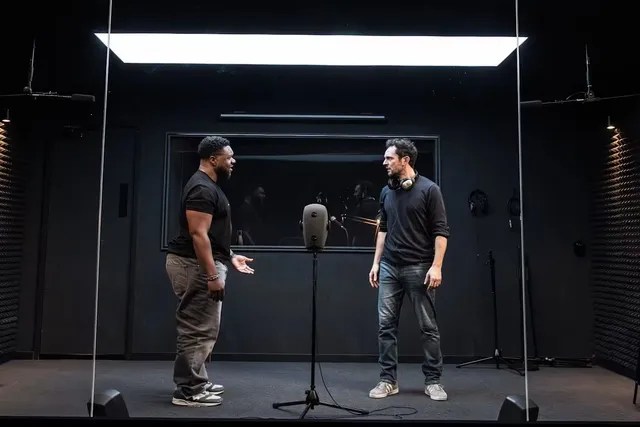

Photos: Marc Brenner
11/02/26 Mike writes –
American Psycho
Book by Roberto Aguirre-Sacasa, Music and Lyrics by Duncan Sheik, Based on the novel by
Bret Easton Ellis, at the Almeida Theatre
“Paul took 5 minutes to die. It took 30 minutes for him to stop bleeding. I know because I timed it on my Rolex”. So says Patrick Bateman, yuppie serial killer extraordinaire, in an announcement which precisely sums up the tone of this brashly pulsating musical. He does “nothing” (he boasts) to make thousands of $$$$ in his investment banking career on Wall Street, wears $60 boxer shorts for his many seductions (he tells us), and works out (we see the evidence) to be fit for his actively psychotic lifestyle. And dissecting his victims. Bloodless musicals are the norm, except for Sweeney Todd, but American Psycho is certainly another exception. Blood flows extravagantly once Pat swings his axe. And it’s all done in the slickest, chicest, best possible taste.
We first saw this show at the Almeida about 12 years ago when it was a huge hit, based on the popular 1991 novel and 2001 film, set inevitably in Manhattan. The show transferred to Broadway in 2016 where it closed after 27 previews and only 54 regular performances. (Thanks for the stats, Wikipedia.) Why did America take against it whereas we snapped up tickets here? Did they not like the competitive New York capitalist scene being portrayed so harshly in a show originating in London?
But now it’s back at the Almeida, in Rupert Gould’s same production, and I was keen to see it again. Oddly I could remember little about it, except its dazzling exuberance and its grizzly activities, all portrayed in strutting dance moves, light, colour, and with unabashed glee. If video recording and digital projection are the theatre’s current toys of choice, back then it was neon and underfloor visual effects – this still amazes with its variety of stripes and colours – the video-flooring becoming an essential part of every scene, with spectacular moving patterns and blood splattering effects. No, it’s neither lurid nor gross, but all part of the stylish ambiance, a visual crescendo to enhance the bizarre tale.
The element of dark comedy is counterbalanced by the way it brushes aside any moral qualms with its energetic choreography, and songs both borrowed and original. We may not come away with a tune in our heads, but we certainly remember the visuals and the spot-on portrayals of the pampered rich-kids indulging their extravagant vices. All are portrayed as caricatures of that time and place, with Bateman a centrepiece of smooth and cynical narcissist horror.
Some may fret about exploitation of immorality and vices served as entertainment, but really they miss the point. This is a critique of lifestyle choices and of the characters making them – a musical exposé of how sudden riches create monsters among us.
The cast are well drilled, stylishly designer-dressed, and exposed like catwalk creatures, with Gucci, Dolce & Gabana, and other brands tossed into the decadent mix. But then glimpses of their real lives show the reality behind the surface gloss. Arty Froushan, recently seen as a boyfriend in The Line of Beauty (also at the Almeida) confidently holds the centre stage here, perfect as Patrick Bateman – arrogant, insensitive, boastful, and increasingly insane. His women are a good match – Asha Parker Wallace plays his devoted secretary; Emily Barber is his persistent fiancée; Zhegng Xi Yong is a besotted gay admirer; and the athletic ensemble all morph into a multitude of designer yuppie stereotypes.
This may strive to be the coolest show currently in town. It certainly has an ice-cold surface appearance with a hard heart beneath. But as a satire on a past age, it nevertheless still reflects so many of today’s obsessions.
Our Rating: ★★★★ / Group Appeal: ★★★½
Photos: Marc Brenner
09/02/26 Fredo writes –
The Unlikely Pilgrimage of Harold Fry
Music & Lyrics by Passenger, Book by Rachel Joyce, based on her novel. At the Haymarket Theatre
There are unexpected as well as unlikely delights in this musical version of Rachel Joyce’s bestselling novel. The music covers a wider range of styles than you anticipate from indie folk singer Passenger – yes, there’s some New Agey chanting with accompanying cavorting by Noah Mullins as the Balladeer, but we do have ballads and gospel and even a expertly-executed tap number from a gay Silver-Haired Gentleman.
Producer Nick Sidi has spent money on the production. There’s a big cast, and the complex lighting design is in the magical hands of Paule Constable. There’s a lot to enjoy here, and the audience gave it a good response. Why didn’t I enjoy it more?
The fault is partly mine. I’ve always had a resistance to the picaresque form. The novels Tom Jones and Don Quixote, where the heroes set out on a journey and meet colourful characters along the way, have always made my heart sink. I’m left wondering how they end, if they ever end. The only road movies I’ve truly enjoyed involved Bob Hope and Bing Crosby encountering Dorothy Lamour in exotic locations. The word “Pilgrimage” in the title was like a trigger warning for me.
Nevertheless, I was almost won over by the energy of the cast and their commitment to the material. They could all sing as well (not always a given in West End musicals, though there’s been little to complain about in recent years). And the message of the show was refreshingly positive.
This message is delivered to Harold early on by the young girl who works in the garage: YOLO i.e. You Only Live Once. Off Harold goes on his quest to visit an old colleague Queenie, who has been admitted to a hospice. Quirkily (and to me, irritatingly) he chooses to walk from Devon to Berwick-on-Tweed rather than catch a train. By the time the interval came, he’d only just got north of Bath. It felt like a long road ahead.
Fortunately, he covered a great distance in the 20-minute ice cream break. He’d reached Derbyshire, and he was tired and almost at breaking-point. The story got darker as we discovered more about Harold and his wife Maureen, and the remote Queenie. This act gives Mark Addy a bit more to work with than the first act had, and this is one of the underlying problems of the show: I’d suggest that Rachel Joyce spends too much time setting up the situation and leaves the revelations and characterisation too late.
As Maureen, Jenna Russell – one of the best singer/performers on the London Stage – gets to sing a few bars at the start of the show, and then it’s 40 minutes before we hear another note out of her. Then she has a big number, and another in the second act, but I had begun fretting in the meantime. Musical veteran Peter Polycarpou is similarly under-employed, though there’s a lot of ensemble to involve everyone. And as I said before, they all perform well, with stand-out turns from Nicole Nyarambi as the Garage Girl and Daniel Crossley as the Silver-Haired Gentleman.
There’s much to enjoy, including the satirical shafts that Joyce directs at social media. If you buy a tickets for the show, I’m sure you won’t be disappointed. But for me, it didn’t have a consistent tone. The shift from humour to the tragedy and the ultimate life-enhancing insights meant I couldn’t relax into it; it was asking for conflicting responses. It lacked a sense of direction. Like Harold, the show needs a road-map.
Our Rating: ★★★ / Group Appeal: ★★★★
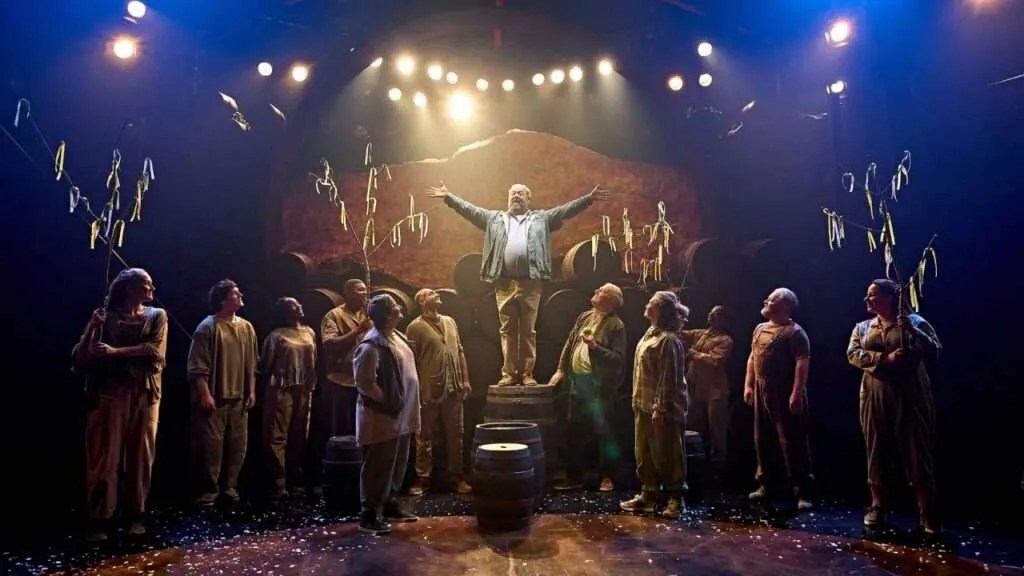
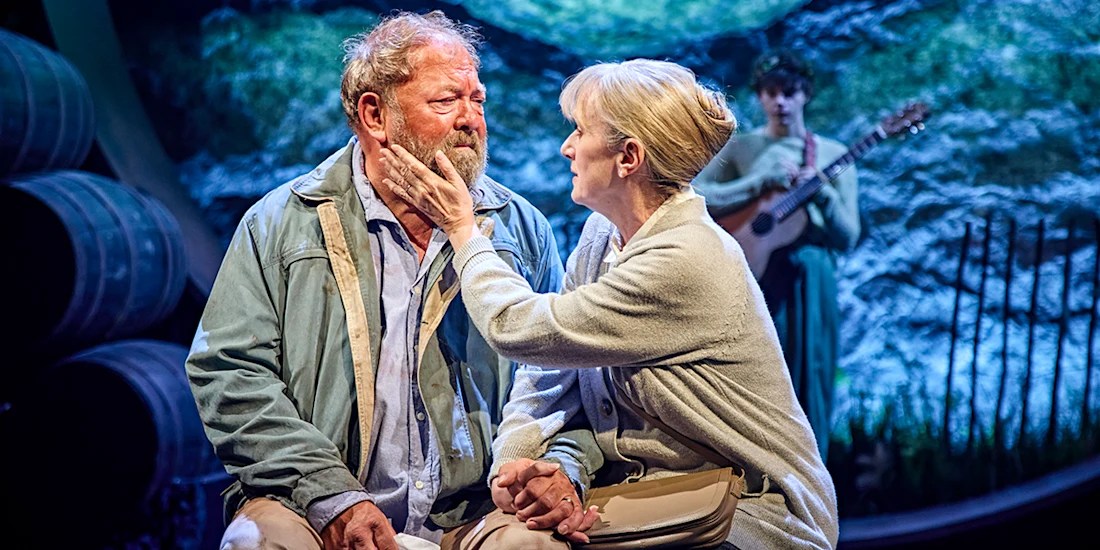
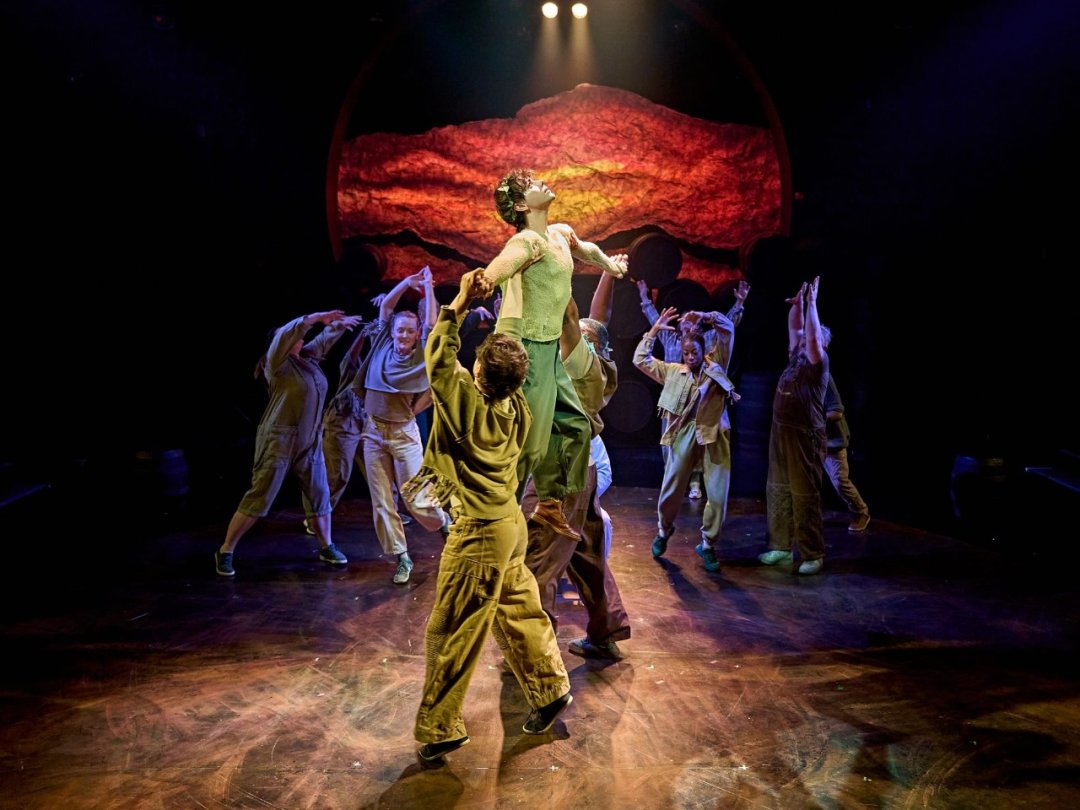
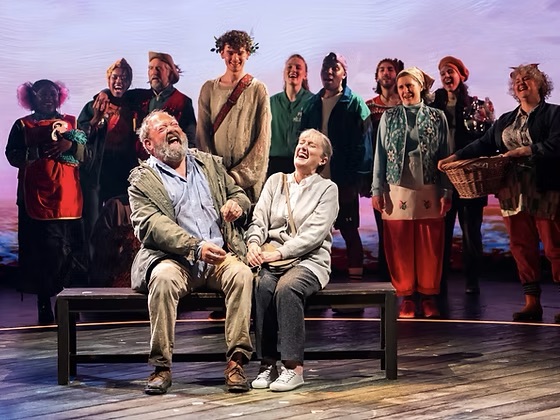
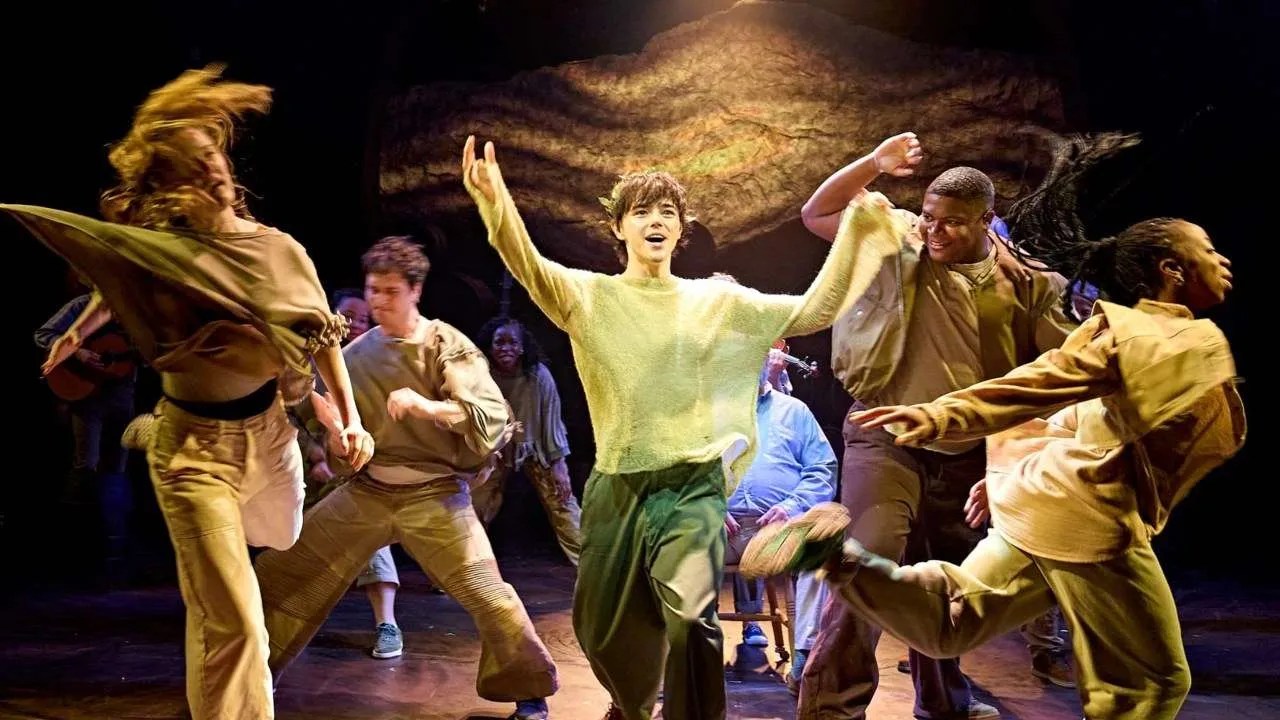
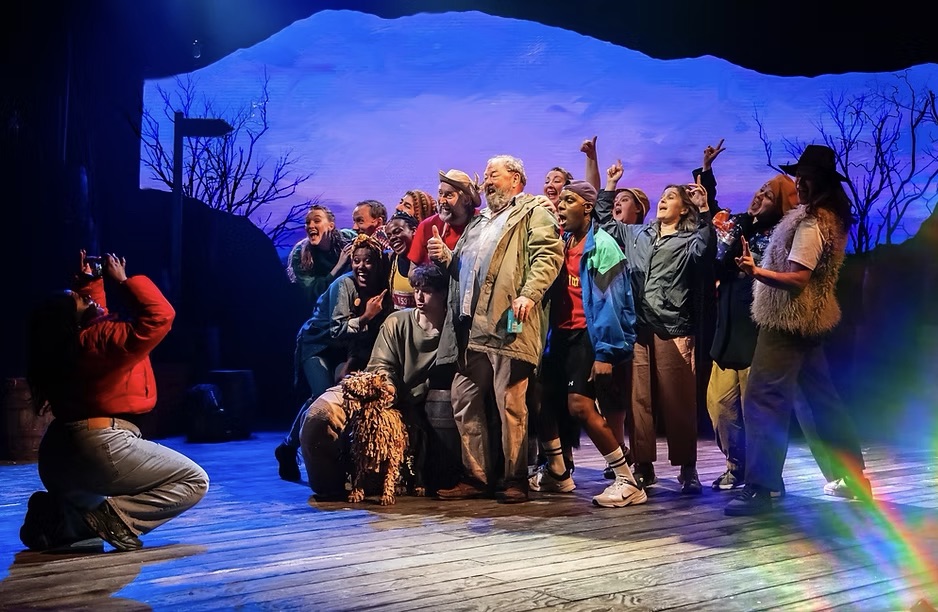
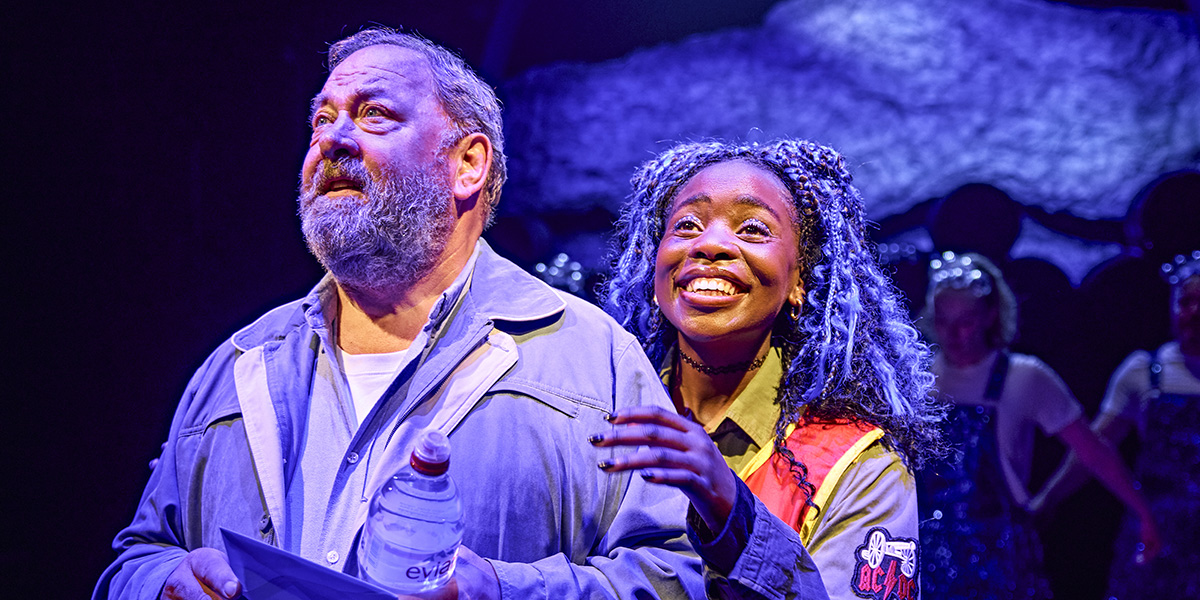
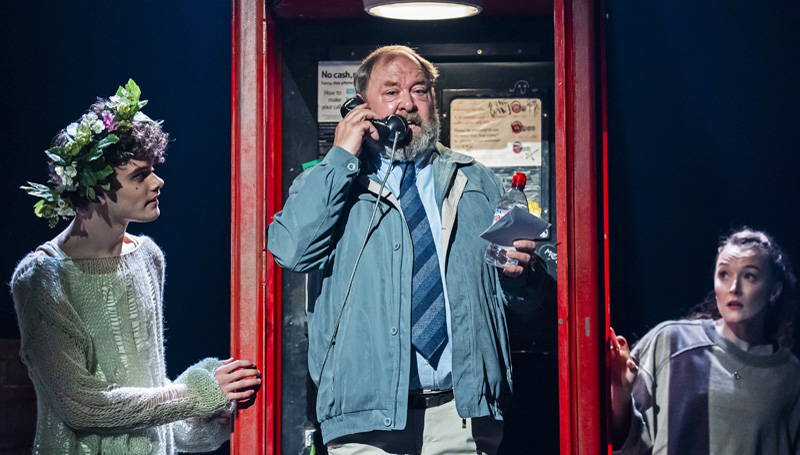
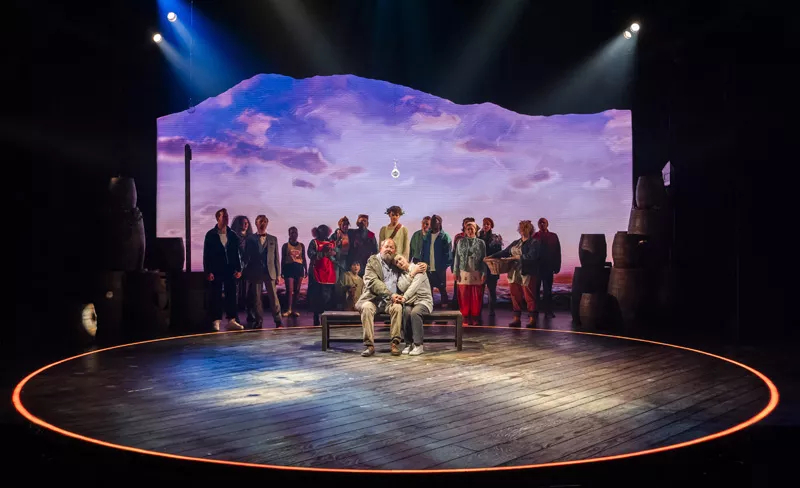
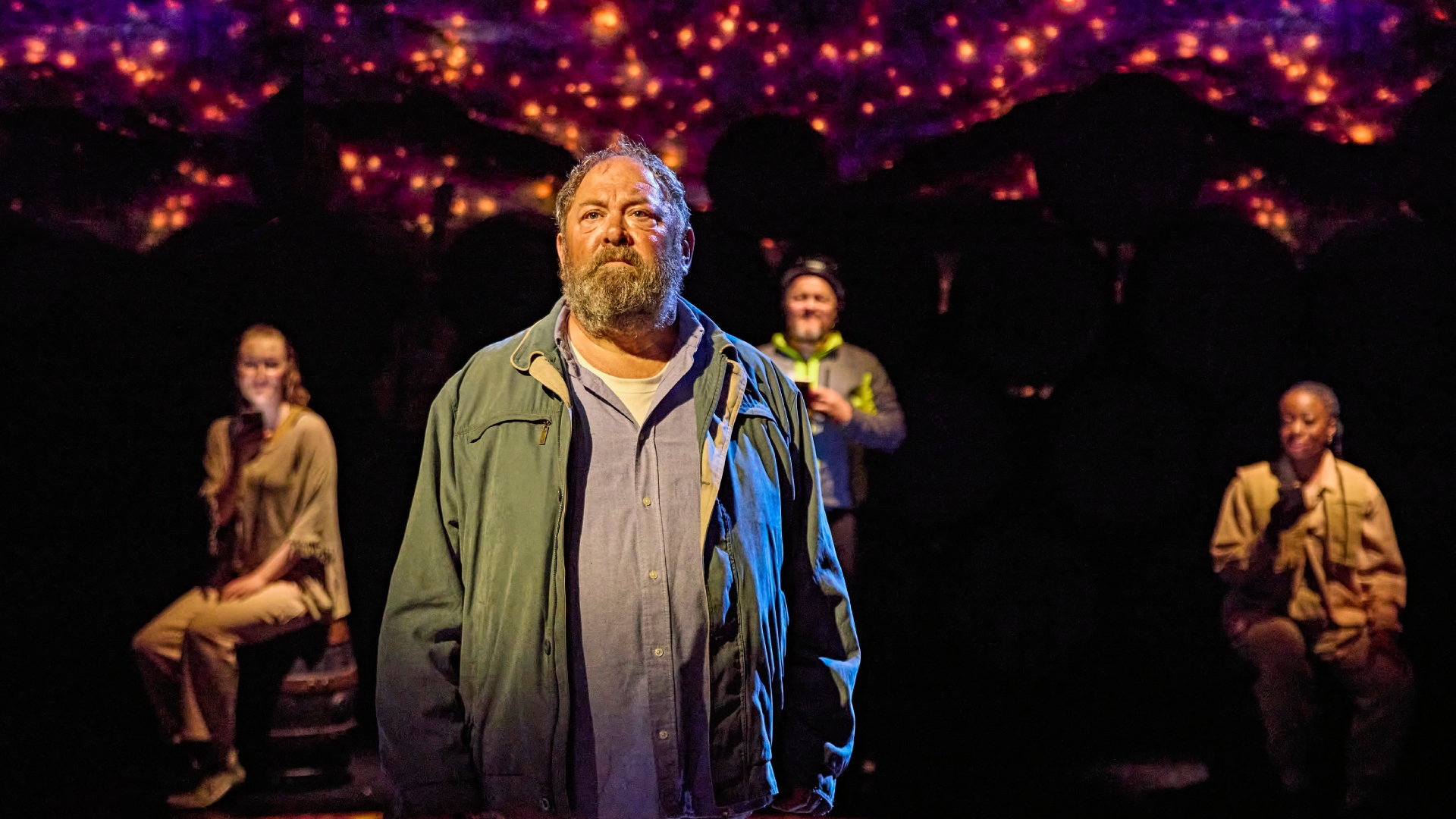
Photos: Tristram Kenton
07/02/26 Fredo writes –
Guess How Much I Love You?
By Luke Norris, at the Royal Court Theatre
As we approached the Royal Court, I asked Mike, “Isn’t Guess How Much I Love You? the title of a children’s book?” Indeed it is. Sam McBratney’s much-loved picture book has sold 30 million copies worldwide since it was published in 1994, and you lose parent (or grandparent) Brownie points if you haven’t read it to your children.
It’s referenced very heavily in the almost unbearably moving fourth scene of Luke Norris’s play, when emotional Robert Aramayo tries to finish reading it to his wife, played by Rosie Sheehy. Almost unbearable…but we’d already weathered – just about – the third scene which had reduced a woman sitting behind me to audible sobbing. She wasn’t alone; someone on the other side of the theatre provided stereophonic support.
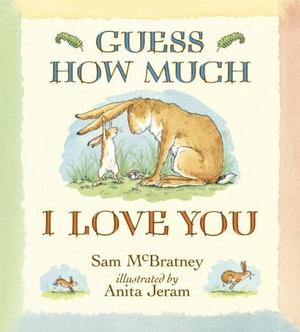

I only had a vague idea of the subject of the play, something about having a baby, but knew enough to speculate, as with The Years, if any of the performances would be halted because members of the audience were overcome. It didn’t reach that pitch (for which relief, much thanks), but following one of Rosie Sheehy’s blistering outbursts, I heard seats being tilted up as a couple of people left before it became too overwhelming.
Praise first to the two actors. We’re committed members of the Rosie Sheehy fan club. We’ve been impressed by this young Welsh actress every time we’ve seen her (in Oleanna, and most recently in The Brightening Air at the Old Vic) and our admiration increases still. We missed Robert Aramayo in Game of Thrones, so he was new to us when we saw him as the deranged Orde Wingate in the movie Palestine 36. He’s now BAFTA nominated as Best Actor for the movie I Swear. Together they make convincing young parents who enjoy banter – it can easily tip over into raging irritation when unforgivable words are spoken then swept aside because of their love for each other.
Kudos to Luke Norris – yes, the handsome if rather bland Dr Dwight Enys from Poldark – who is a playwright as well as an actor. Every scene in the play is meticulously constructed, drip-feeding us the information we need to understand the development of the characters. I can only guess at the input director Jeremy Herron had in shaping the play on stage, but it looks as though Norris has the instincts of a major dramatist.
To say more of the intensely moving plot would require spoilers when the best experience is to discover more for yourself. It’s brilliantly written and performed, perfectly judged for its Royal Court audience, and flings itself into an emotional turmoil I have not encountered on stage before.
The theatre advised the audience that they could stay in the auditorium at the end of the performance, if they needed a few moments to recover from the impact of the play – a quiet space would be found if needed. We could only marvel at the fact that the actors had given us smiles during their deserved ovation, as they left the stage to prepare for another gruelling performance in the evening.
Our Rating: ★★★★★ / Group Appeal: ★★★★★
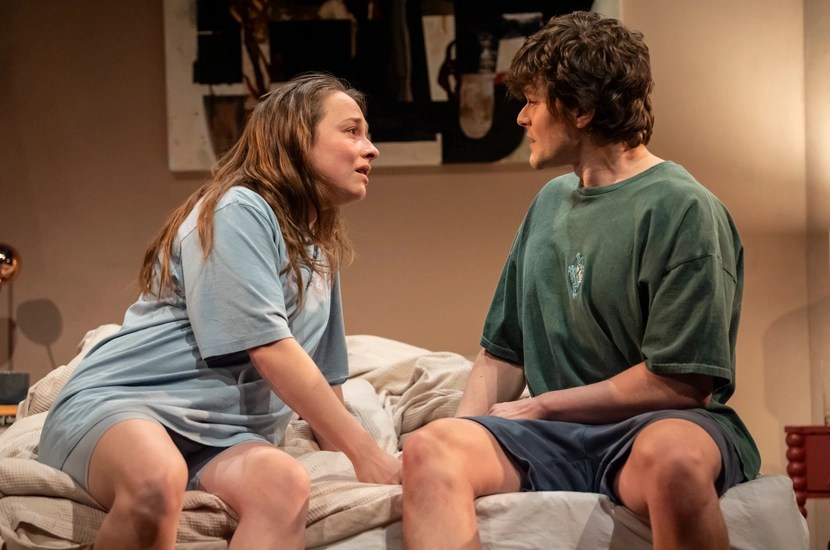
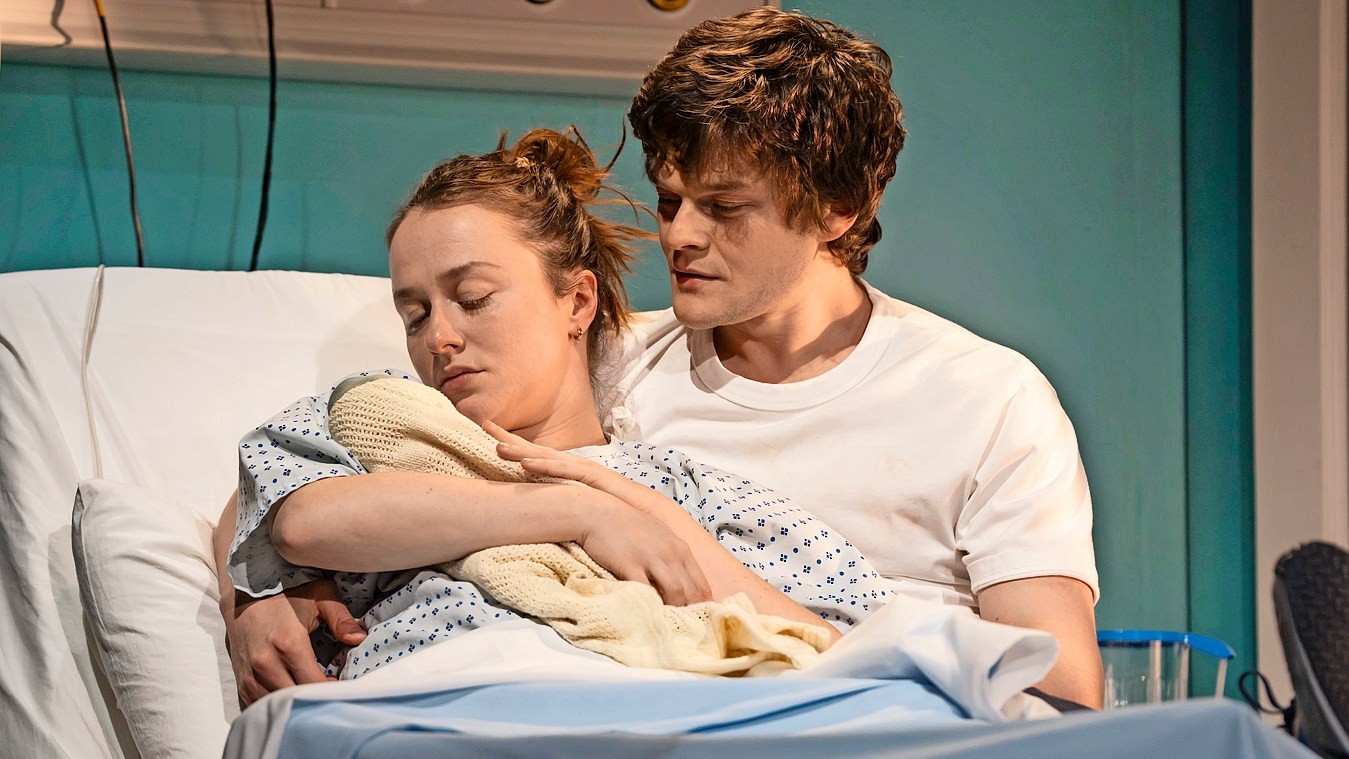

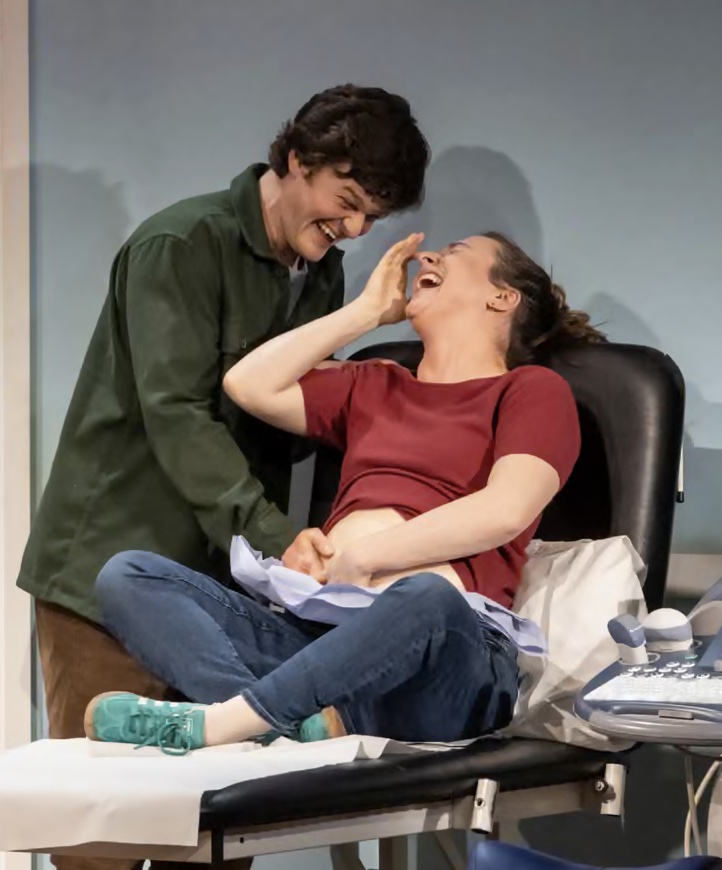
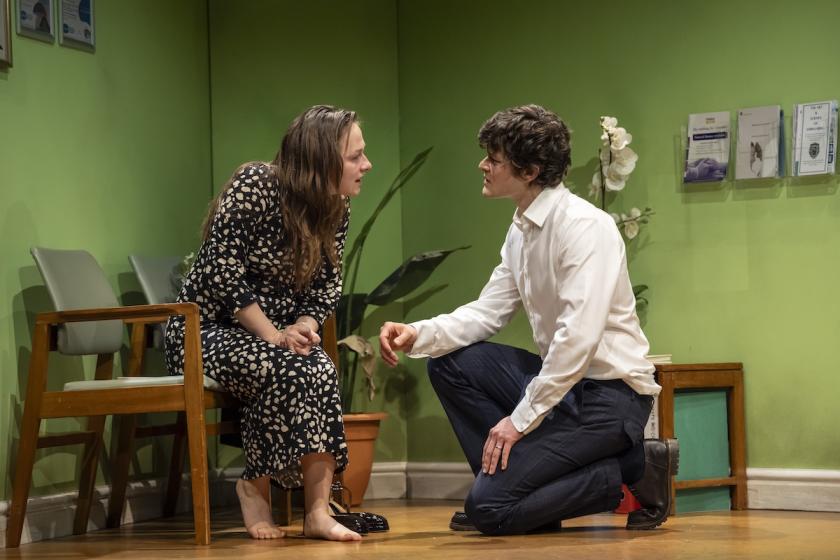
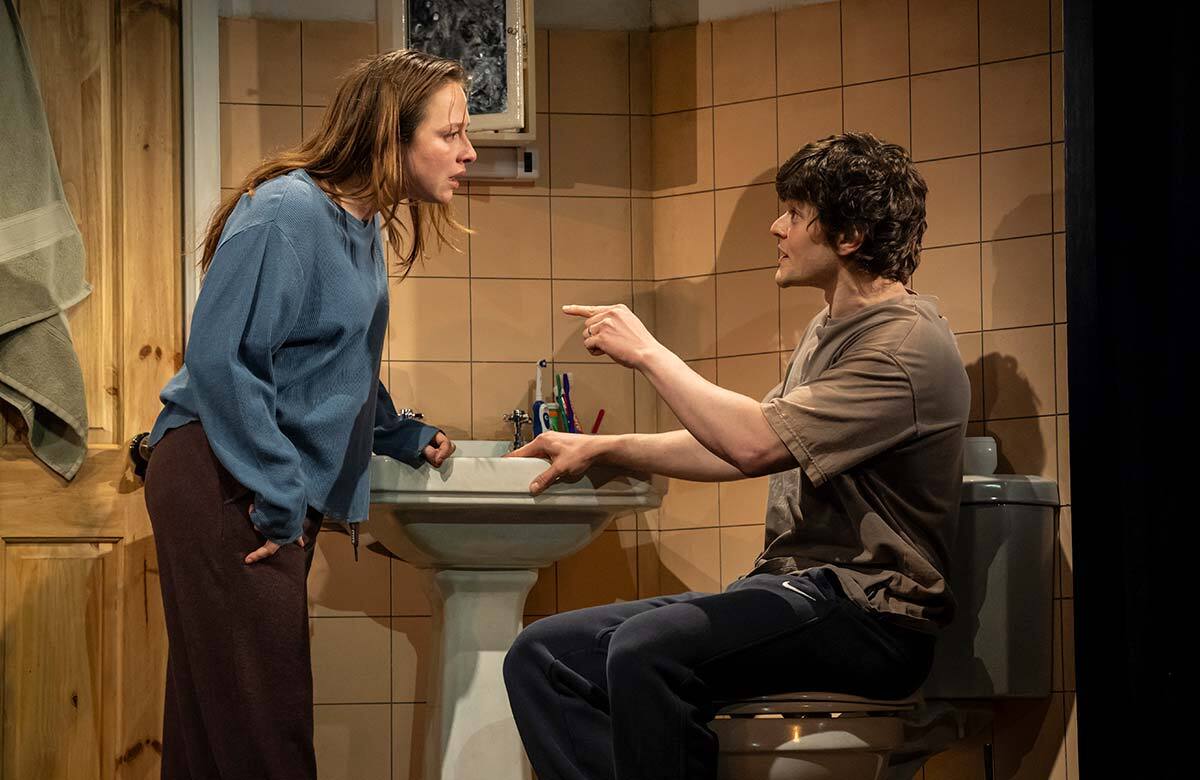
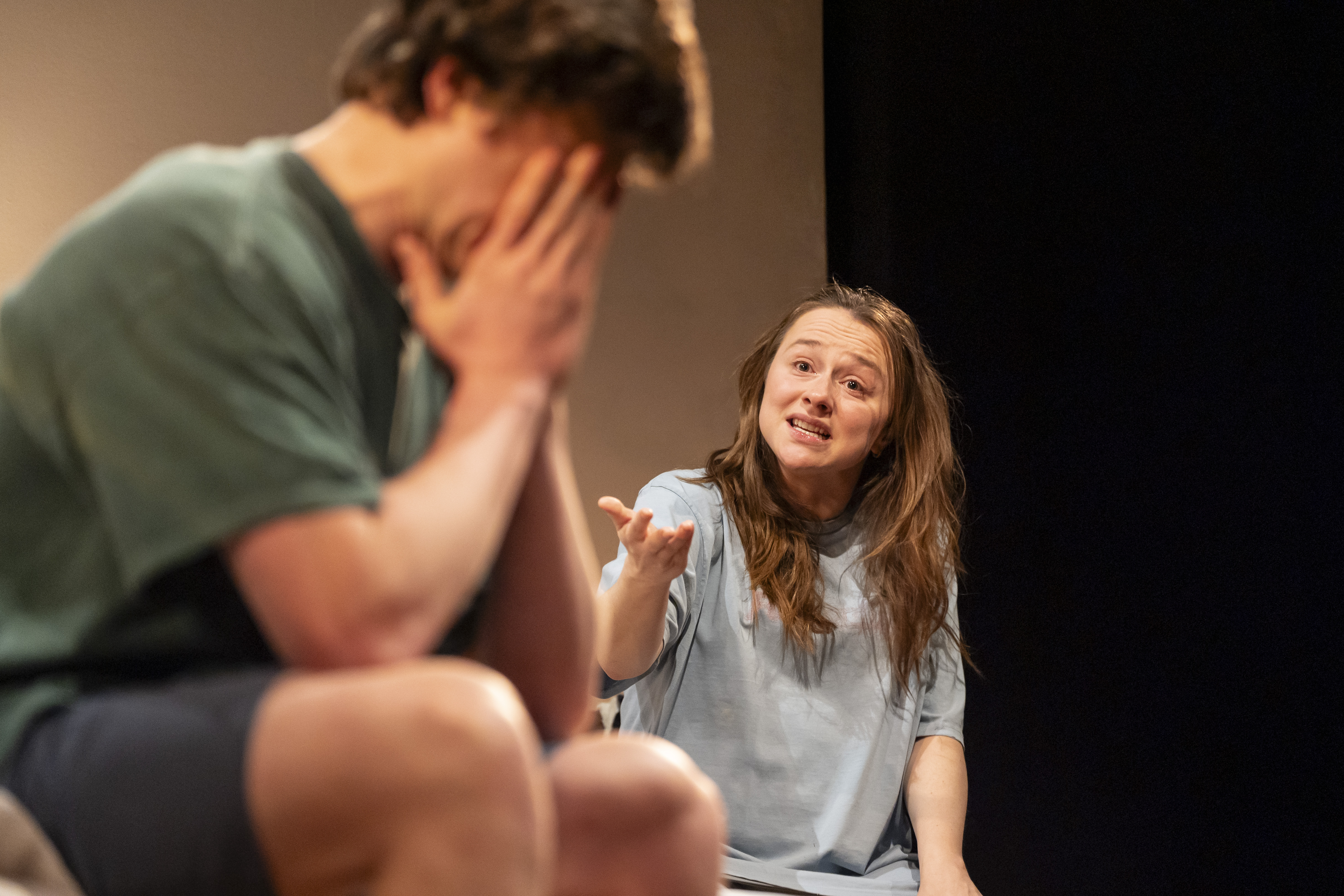
Photos: Johan Persson
04/02/26 Mike writes –
High Noon
By Eric Roth, at the Harold Pinter Theatre
The clock hanging high above the stage says 10.20 as the play begins, 100 mins to a a high noon showdown. There’s no interval so the action on stage must hold our attention and then provide the expected shootout. This, of course, is the play of the Western movie from 1952, quite the classic, that had an aging Gary Cooper (51) as the retiring Marshal Will Kane, wooing Grace Kelly (23) as Amy Fowler, a young Quaker schoolteacher.
Will there be gunslinging and horses? The play is set in a multi-purpose slatted-wood interior and the answer is Yes to the former…but no animals are exploited on stage as the villain is due to arrive by train at the appointed hour, without horse.
In the lead roles now are Billy Crudup and Denise Gough stepping into illustrious shoes. They are a well matched couple with Amy now an eligible widow, and their wedding opens the play. They plan to leave town and lead a settled life but it becomes known that outlaw Frank Miller, put away by Will, is leaving jail, inexplicably a pardoned man, and returning for vengeance. Amy wants peace and no macho rivalry but Will has a reputation to defend despite being beyond his best years. This somewhat revised version of the film also has another sparring partnership – a weak Deputy Marshall played by Billy Howle (miscast and not at his best), and a gutsy Rosa Salazar as his independent feminist girlfriend, keen to return to New Mexico. The other townsfolk gossip, disagree, line-dance after the wedding, and then when trouble threatens they make excuses in church for non-intervention. Will this be a pacifist Western?
I’m sure most of the audience will have a vague knowledge of the film and the title suggests a climax worth waiting for. And it is, for its human drama and theatrical effect. No spoiler warning is needed to say the play begins with a celebration and ends with that showdown, but many of the short scenes between have a dull predictability and little variation in pace – bars of wistful singing add little, but an impressively choreographed scrap with a fit Crudup all over the floor is a surprising bonus.
The distraction of that real-time clock is a mixed blessing: it tempts the question “How much longer?” and keeps us wishing for the end. However, the noontime climax does bring the satisfying finale we expect. Instead of rolling credits and Dimitri Tiomkin’s “Do Not Forsake Me, Oh My Darlin'”, the cast smile and wave and do a little dance to show us they have had a good time, and we respond to show we have too. Would we want to see it round again? Probably not.
Our Rating: ★★★/ Group Appeal: ★★★
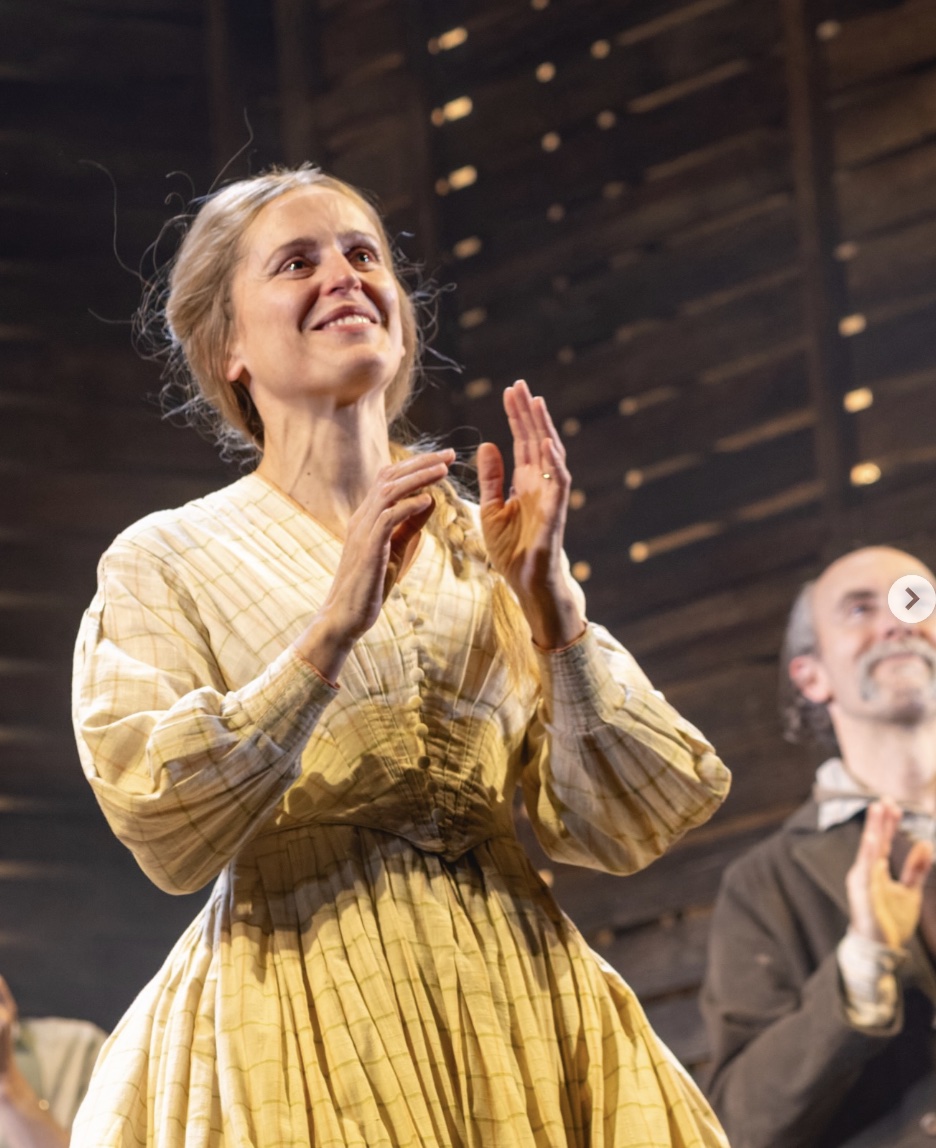
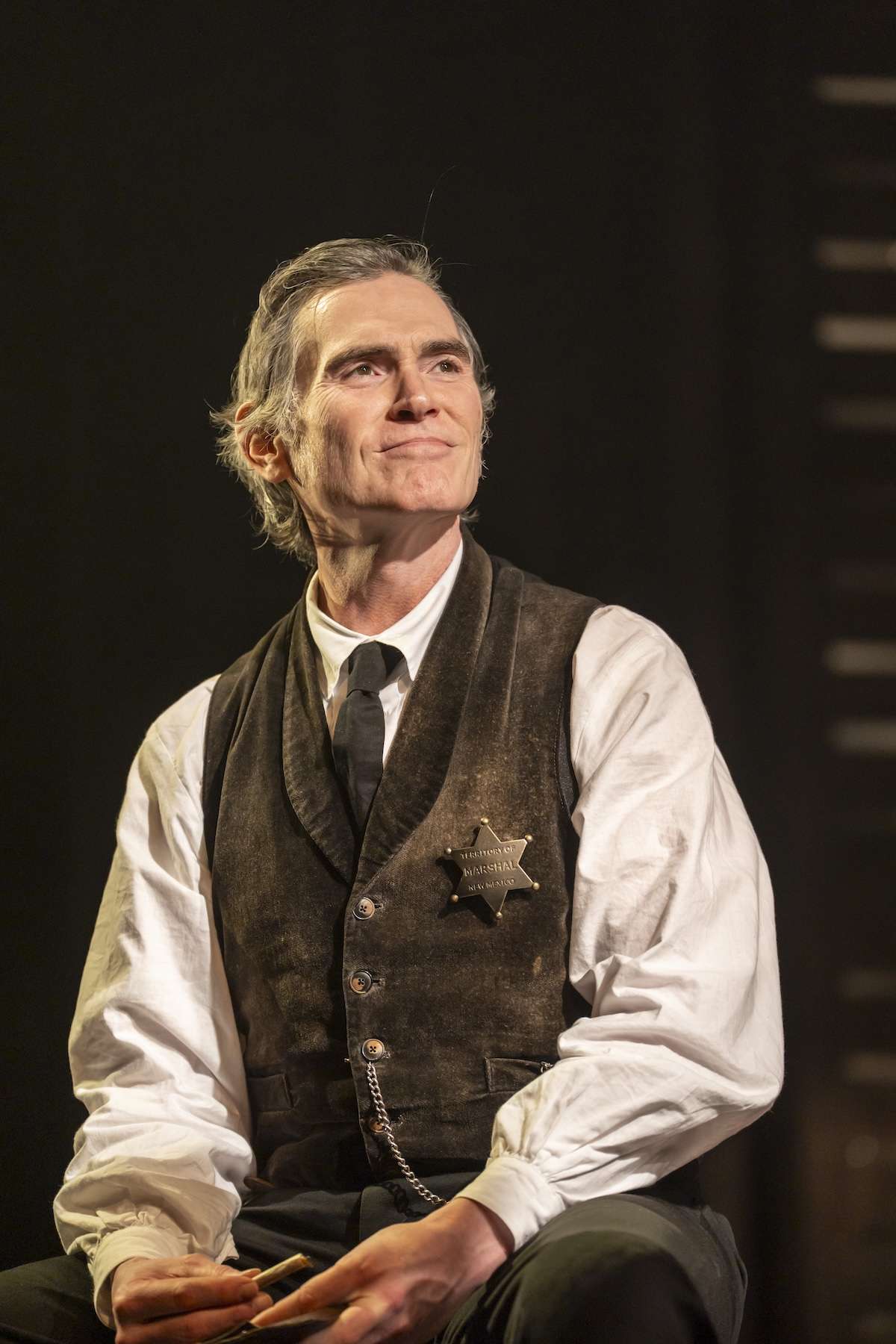
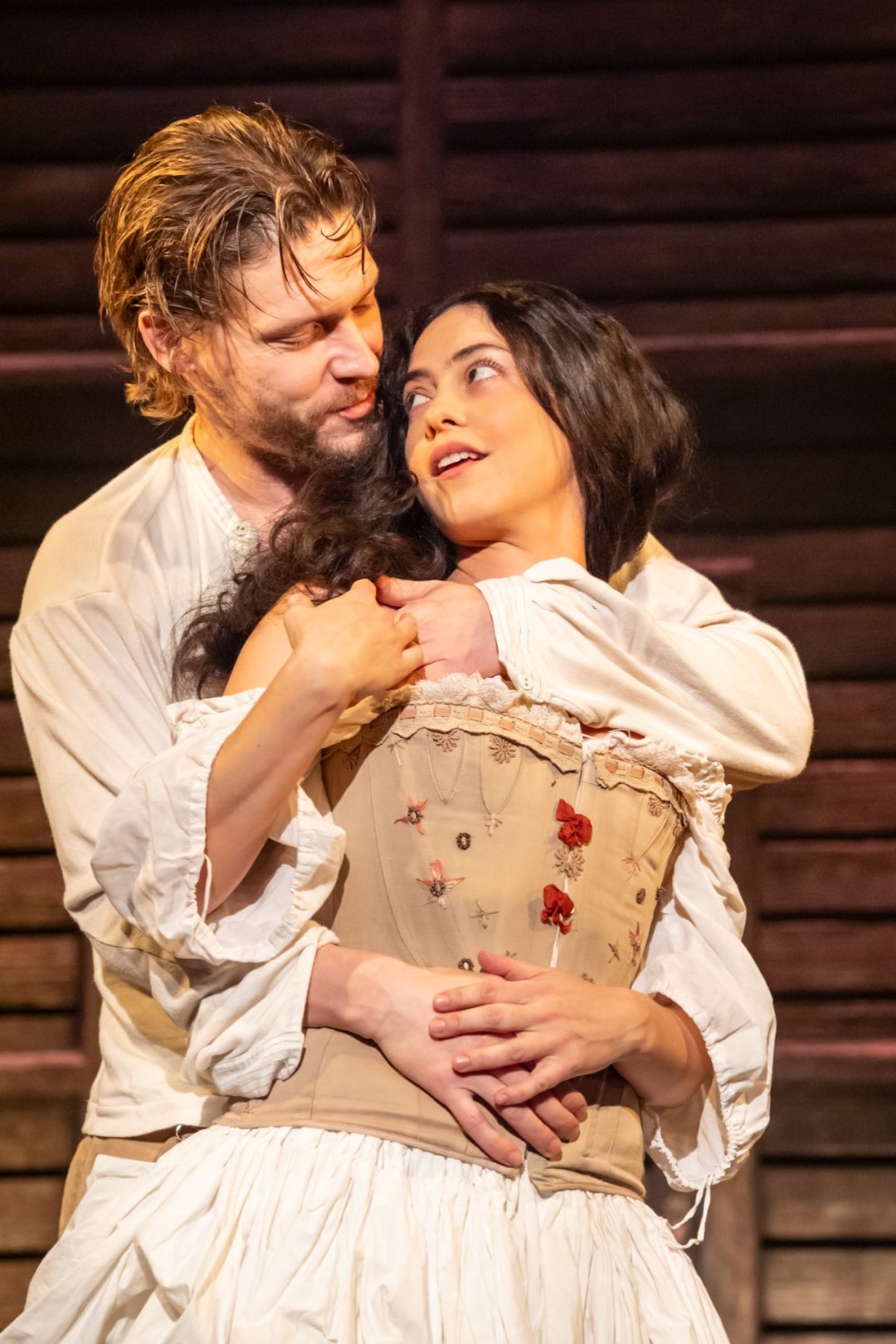
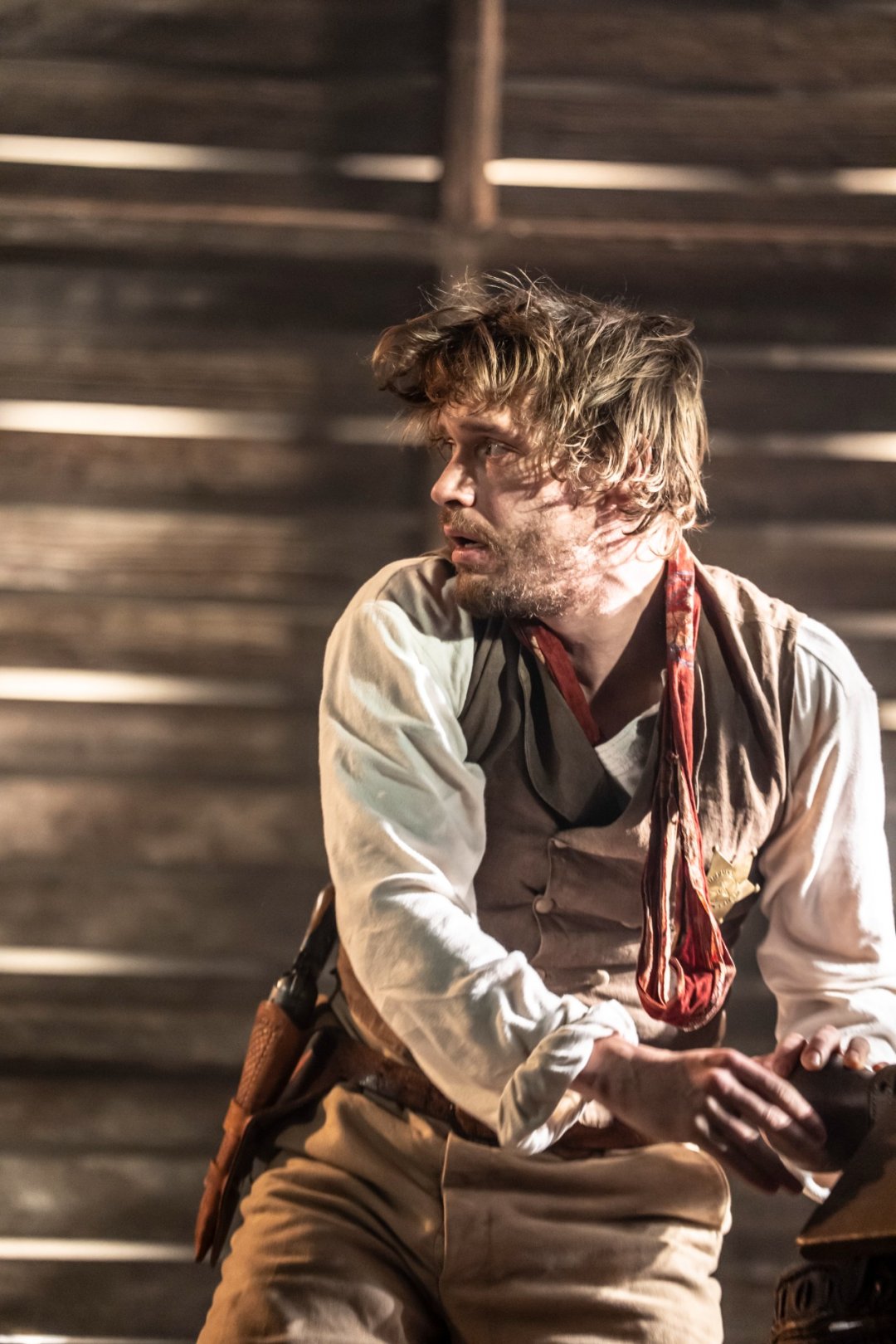
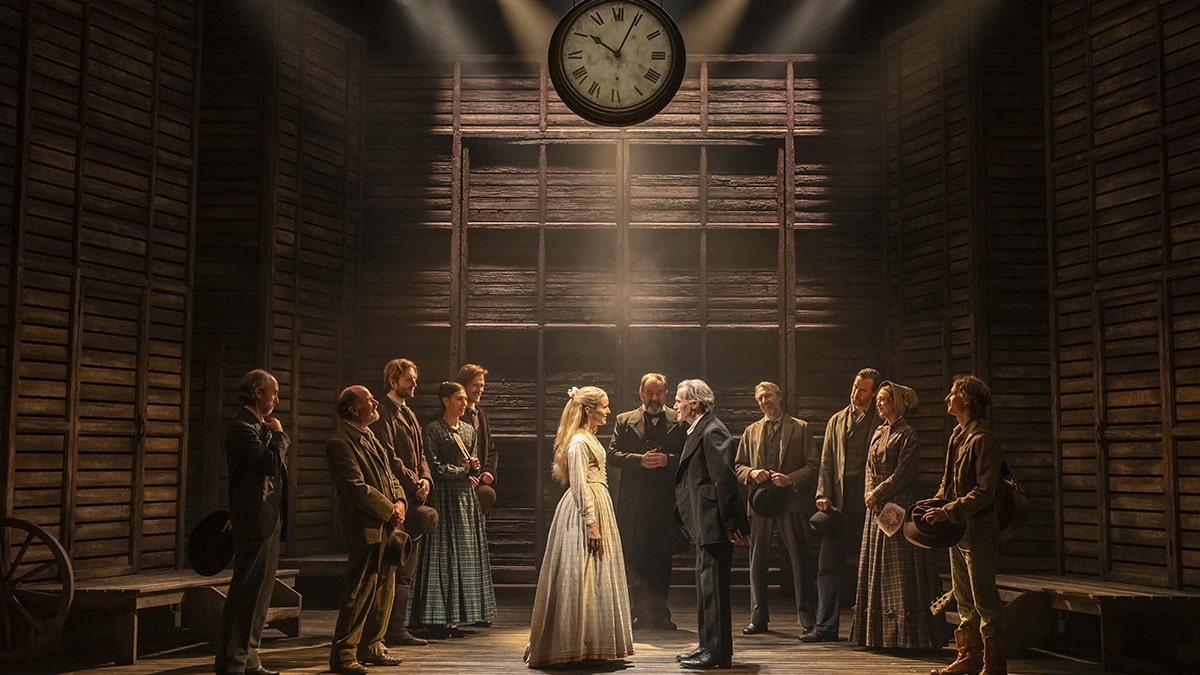
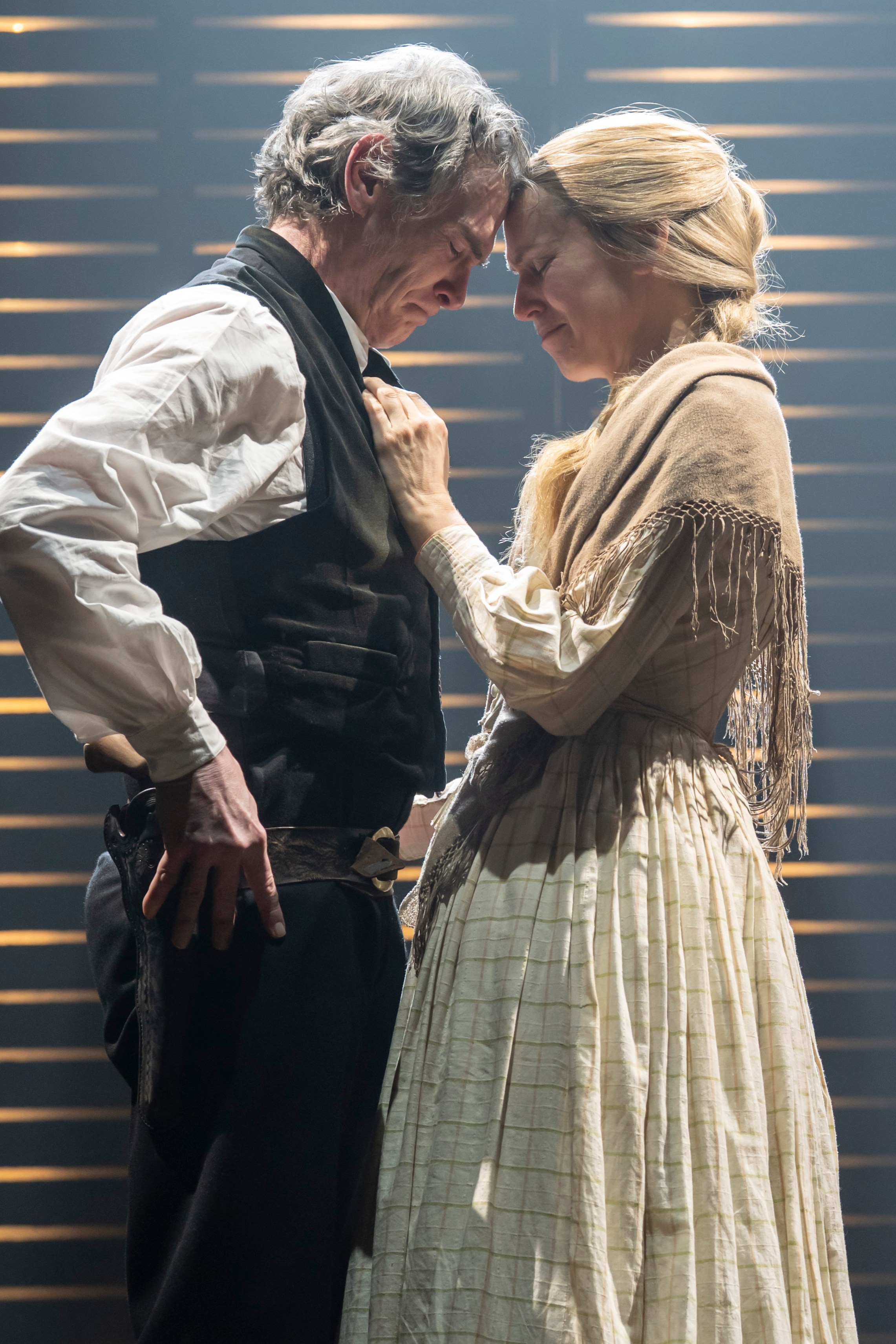
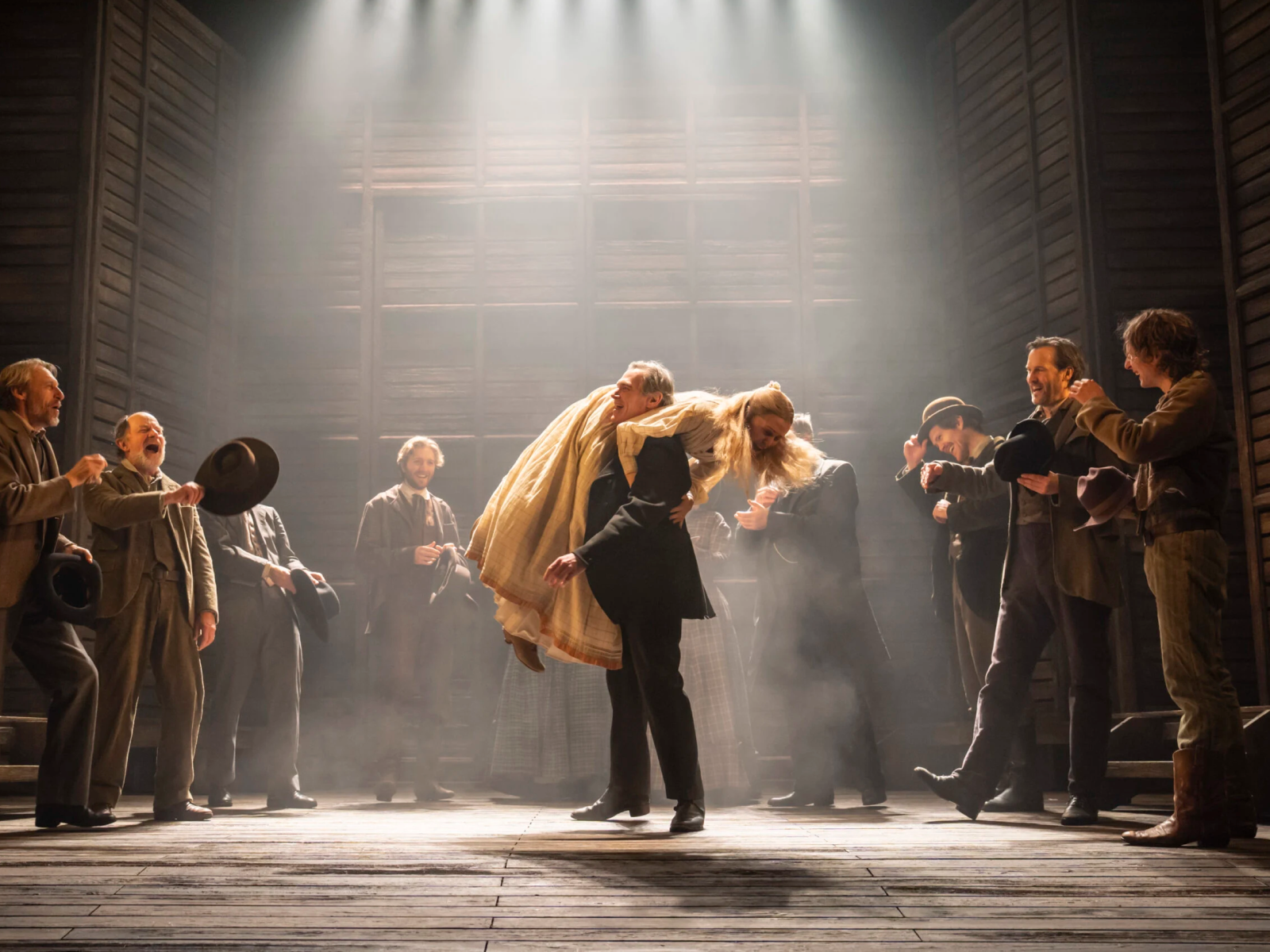
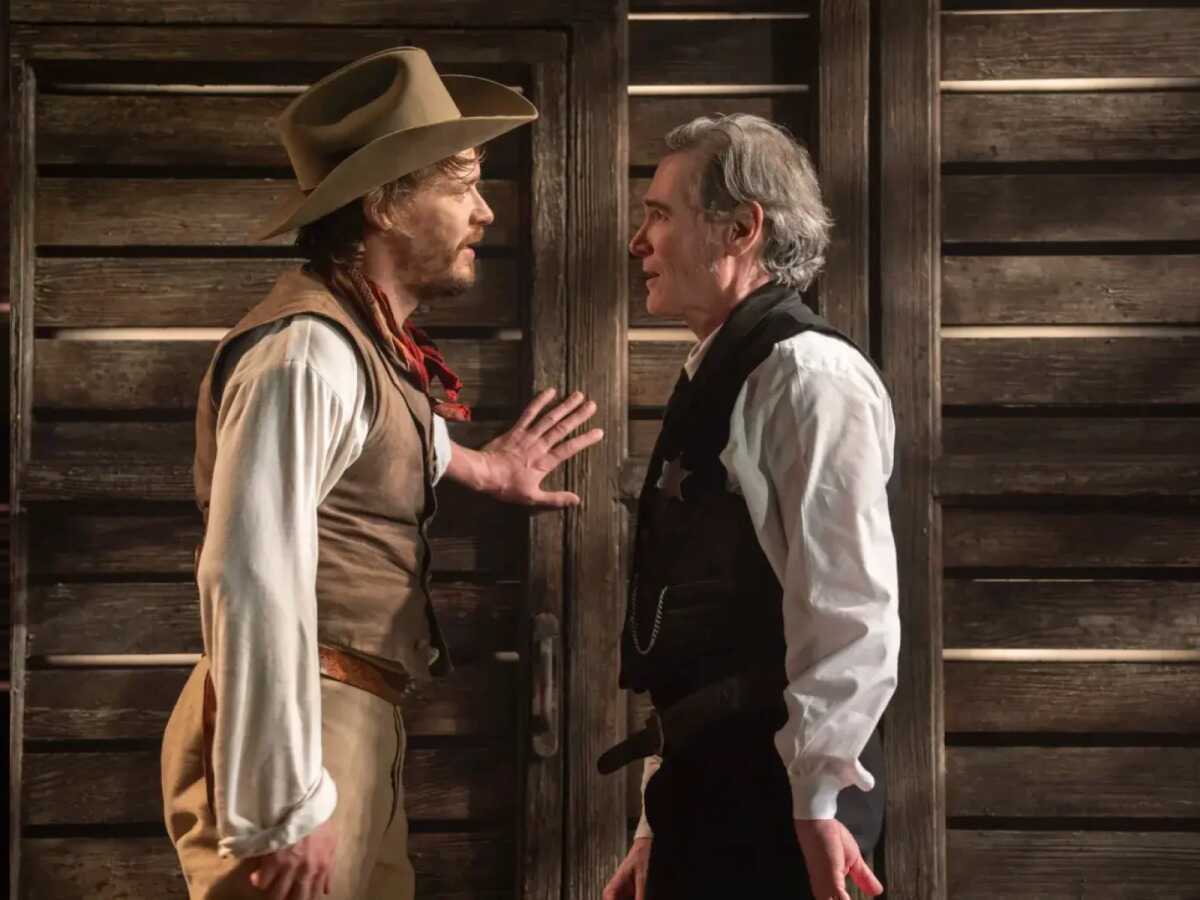
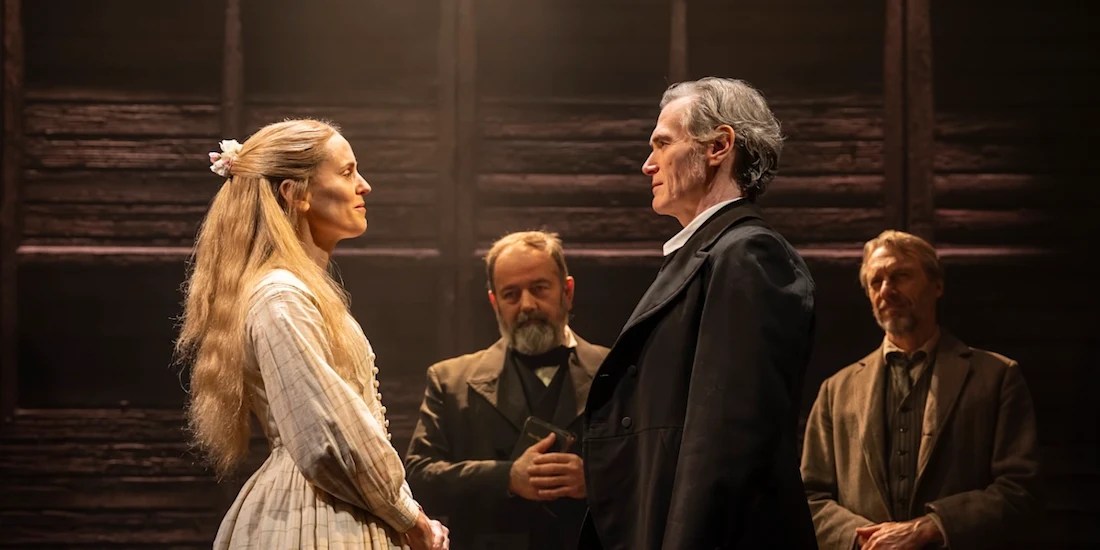
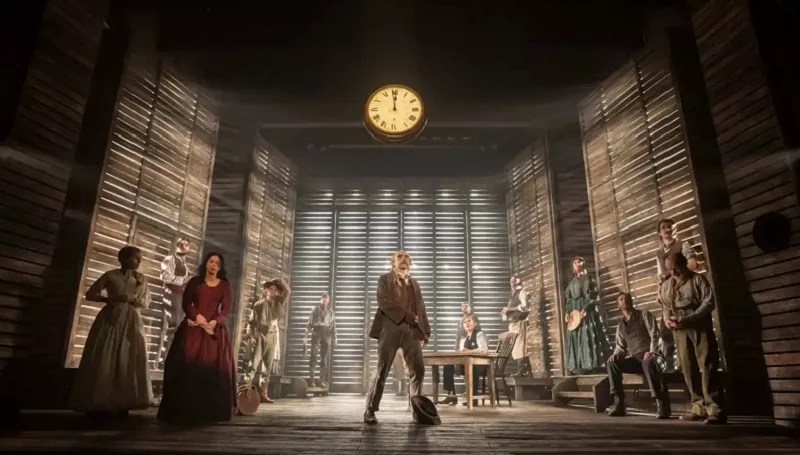
(Why do two photos show the clock at times not shown during performances? Taken during dress rehearsals perhaps.)
Photos: Johan Persson
19/01/26 Mike writes –
Orphans
By Lyle Kessler, at the Jermyn Street Theatre
I remembered the play Orphans by Lyle Kessler from way, way back, but without any detail. So I checked. It’s a popular title but this play is from 1983, not to be confused with a 1998 Scottish film nor Dennis Kelly’s similarly titled 2009 play, nor the Orphan film series with another upcoming.
It was originally produced in 1983 in Los Angeles then picked up in 1985 and made famous by Chicago’s Steppenwolf Company, renowned back then for New Writers and milestone drama productions which set new trends. John Mahoney and Kevin Anderson were in the Steppenwolf production. Over here Albert Finney starred in his own production of it in 1986, and in the 1987 film too with Kevin Anderson and Matthew Modine. Maybe it was Finney’s presence that had fixed the play in my mind.
I decided to revisit it again, at the tiny Jermyn Street Theatre to see if it would make an impression today. My first thought is how similar it is to Pinter’s The Caretaker from 1960. Did no-one realise the similarity back then, before admiring its originality?
Two brothers, yes orphans, are ensconced in a decrepit house – the illiterate Phillip (Fred Woodley Evans) is too scared to go outside, while the older and aggressive Treat (Chris Walley) is hostile to society, venturing out just for petty-thieving, to steal wallets and buy tins of tuna and Hellman’s mayonnaise. This minutiae of a daily existence is another Pinter trait. One day he brings home Harold (Forbes Masson), an unknown stranger with a briefcase, to keep hostage. And of course there is a turn-around power struggle with Harold (surely no homage to Pinter!?) surprising both with support, kindness, moralising…and a gun.
In its day I can understand why it was an unusual situation (if you overlook Pinter) given the clash of personalities and reversal of fortunes within its claustrophobic setting. Today it remains very much a theatrical miniature of its time. At Jermyn Street it is well performed and effectively set on a minuscule budget, and fills the 70-seater space because of, I suggest, its curiosity value. But it shrinks under Pinter’s shadow, and similar situations which have been explored since. I applaud the enterprising Jermyn Street theatre which programmed it and am pleased I was able to refresh my memory.
Our Rating: ★★★/ Group Appeal: ★★½
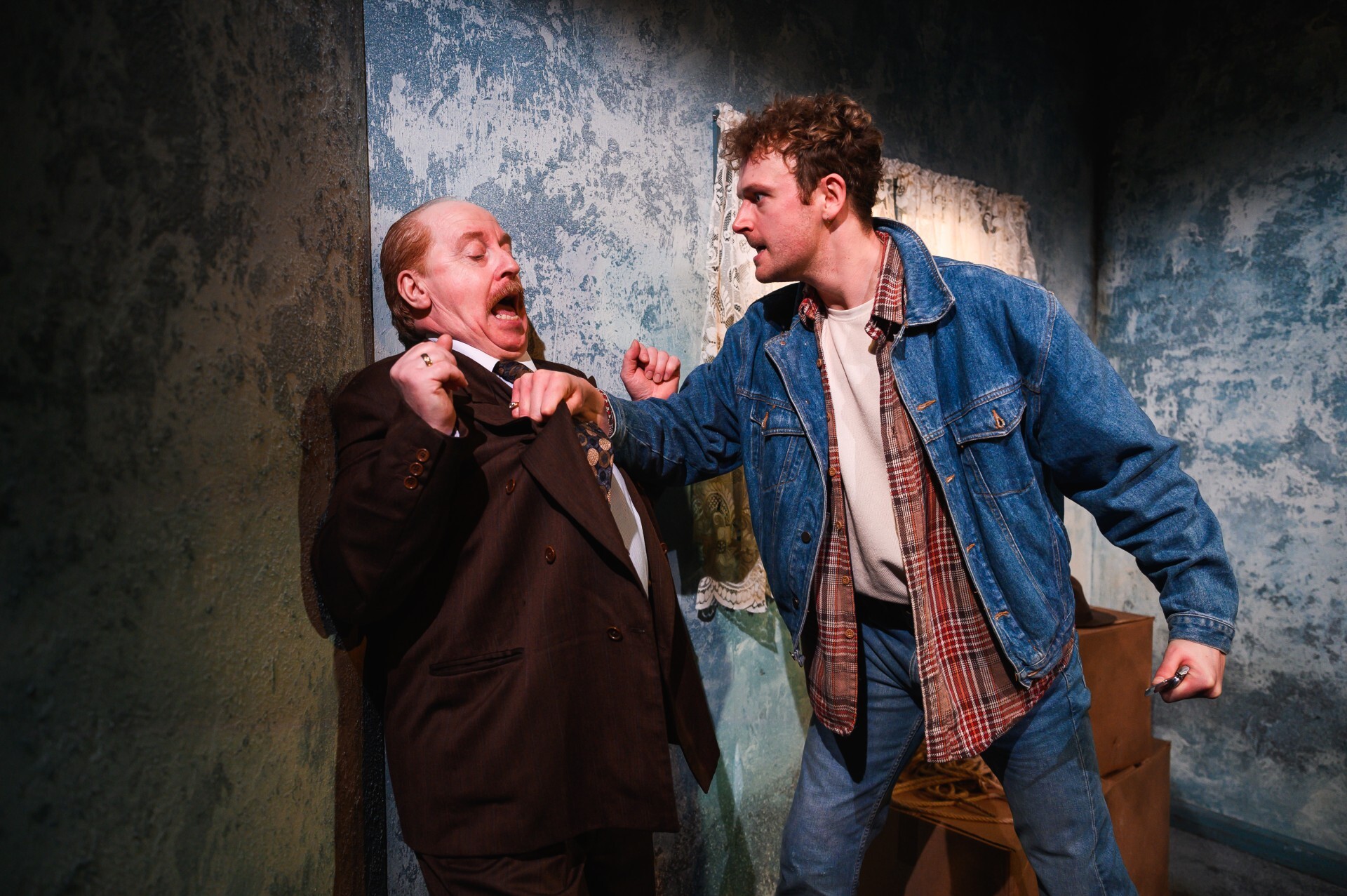
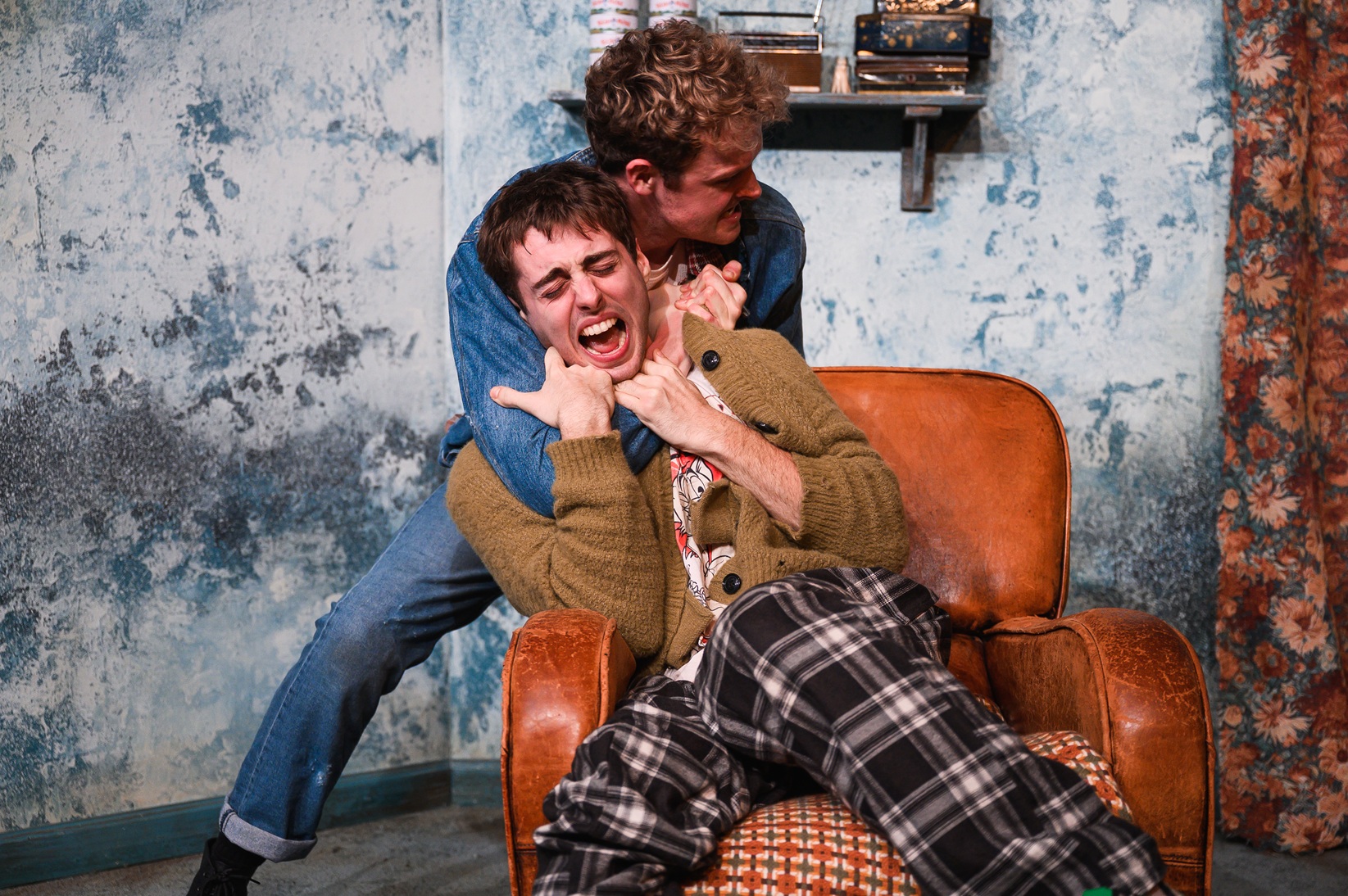
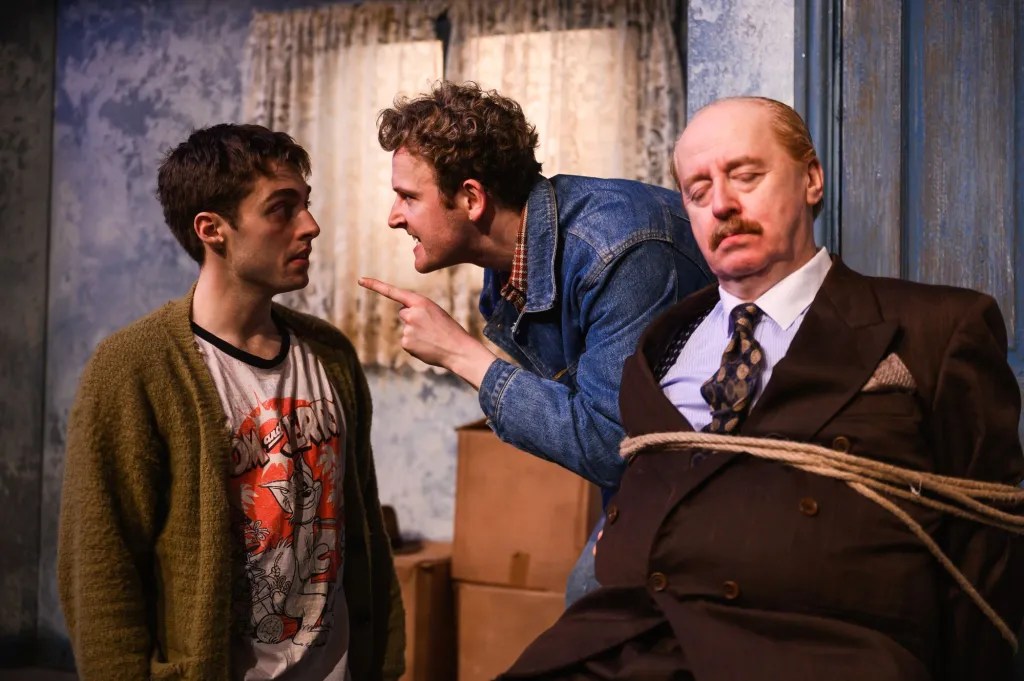
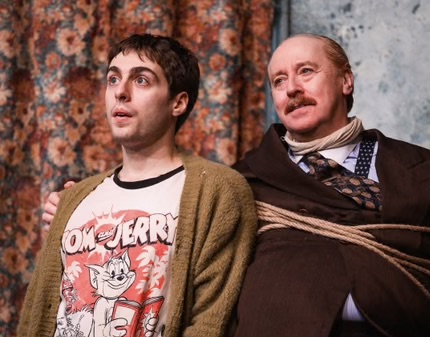
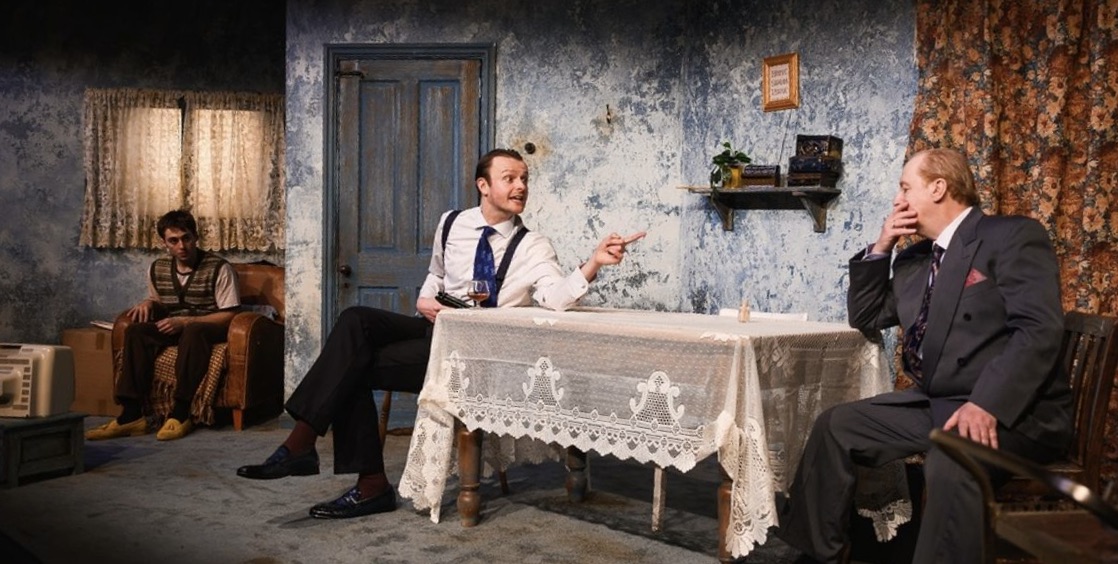
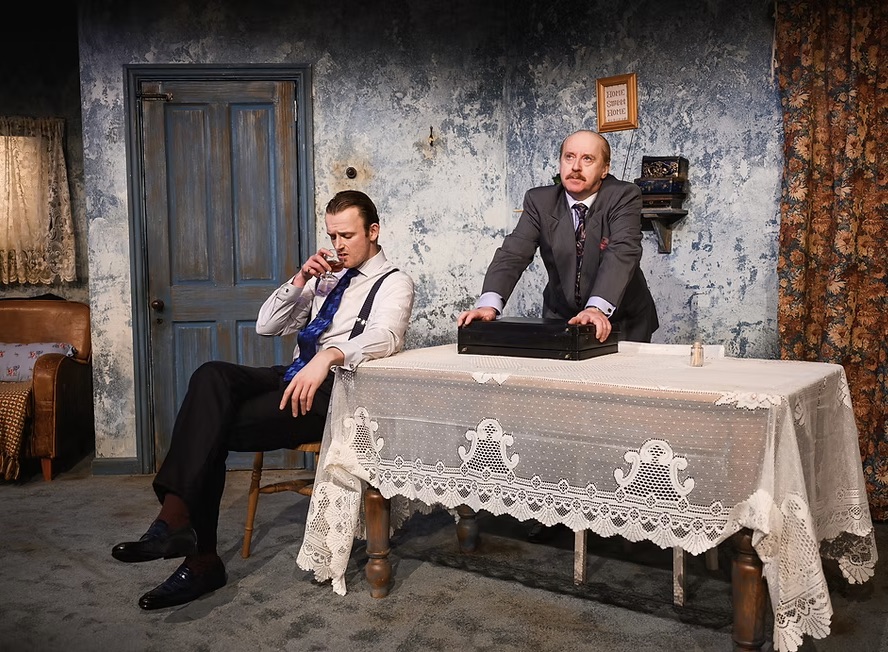
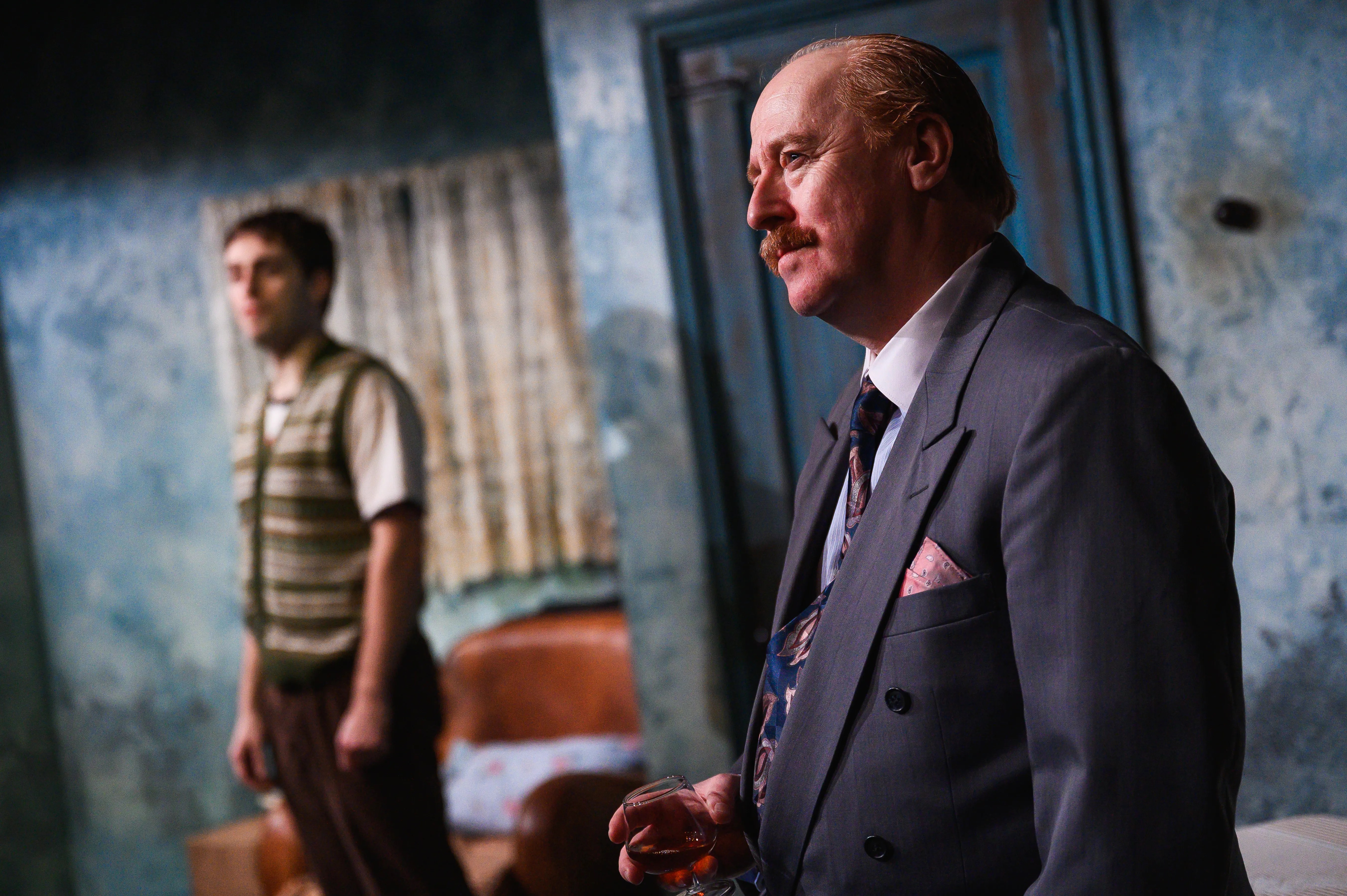
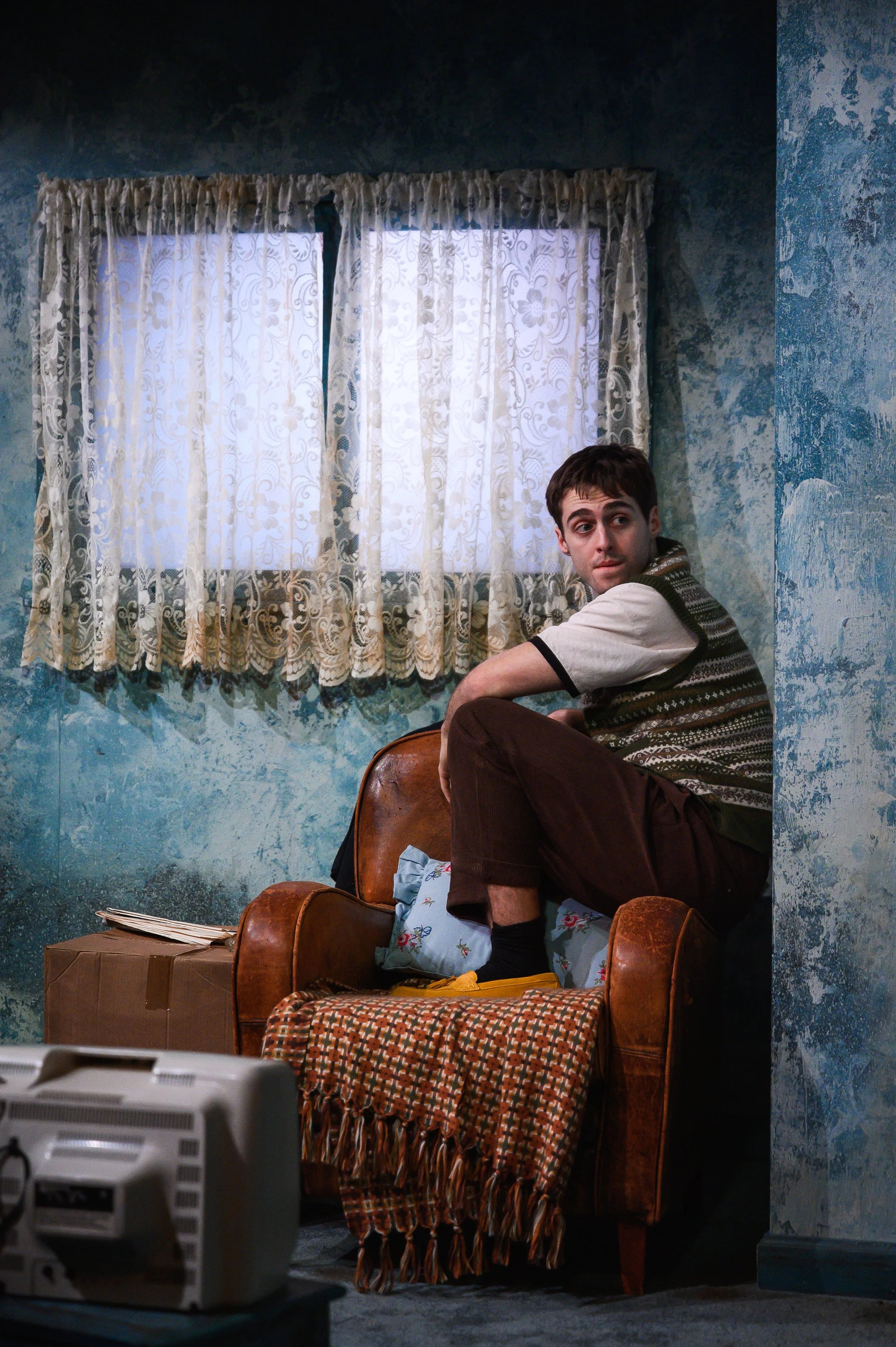
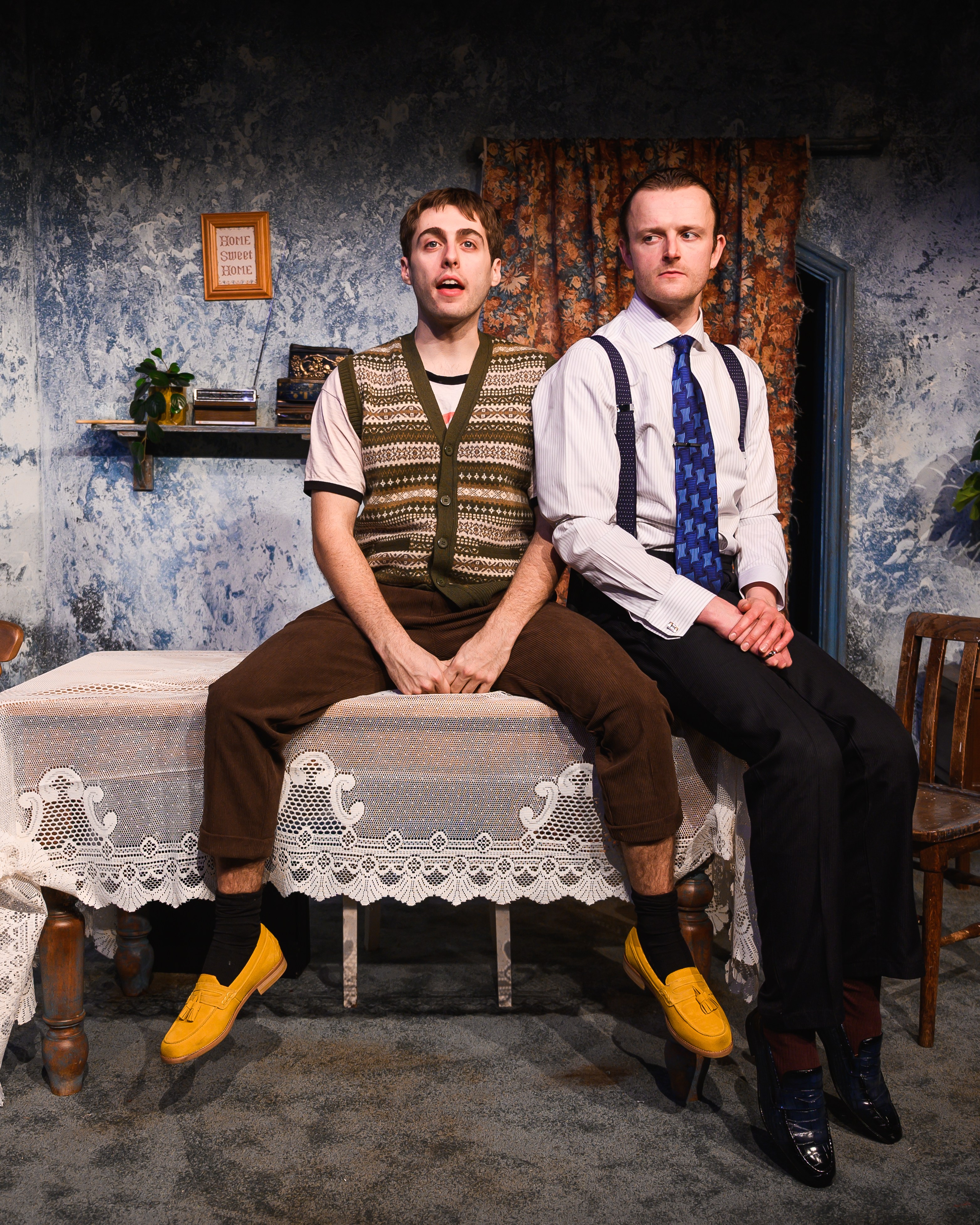
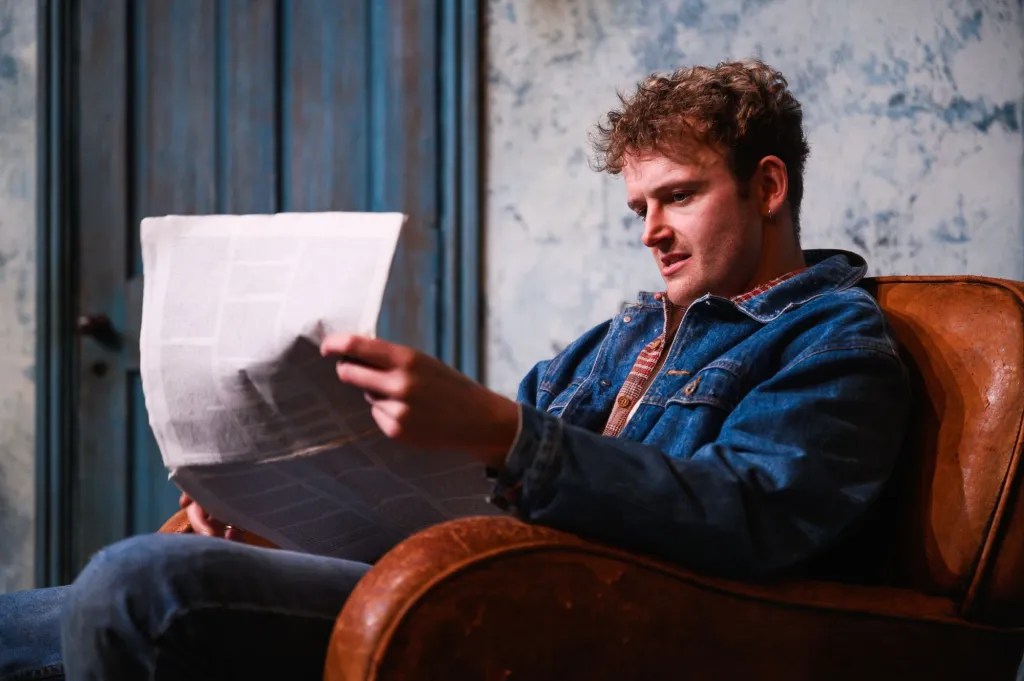
Photos: Charlie Flint
01/01/2026 Fredo writes –
End
By David Eldridge, at the National: Dorfman Theatre
In the End is our beginning…
Mike and I had a busy theatrical year in 2025, and we ended on a high with the unforgettable KENREX. It seems ironic that the first play we attended in 2026 is called End. Looking at our diaries, it’s really the beginning of another busy year ahead.
Playwright David Eldridge has had a busy time as well. His adaptation of John le Carre’s novel The Spy Who Came In From The Cold was enjoyed by our group, and is still playing @sohoplace theatre. Now End has opened at the National, and this completes his loosely formed trilogy that started with Beginning and continued with Middle.
Although the three plays stand alone, Eldrige takes a look at different stages of relationships. There’s a tentative start with the possibility of new life (that’s Beginning) and in Middle, he drops in on a couple who’ve been together for some years and it’s gone a bit stale. In End, he turns his attention to – well, guess what?
Alfie (Clive Owen) tells Julie (Saskia Reeves) that he has decided not to continue with his treatment for cancer. While they wait for their daughter to visit, they go down memory lane, considering the highs and lows of their years together. There are fewer tears than we might expect, and some laughter, and even song and dance as Alfie chooses the music for his funeral.
In an all-too-rare stage appearance, Clive Owen is affecting , and at times you could feel the silence from the audience as they listened closely to him. The always reliable Saskia Reeves (Slow Horses) has the more difficult task, as David Eldridge seems to write against her anticipated responses. This gives an unsteady quality to her character development that even an actress of Ms Reeves’s skill doesn’t overcome.
For me, there were some deficiencies in the writing. Nevertheless, I was impressed by Eldridge’s courage in exploring a difficult subject, and I found the quiet conclusion of the play very moving.
It was good to see Clive Owen and Saskia Reeves reunited. Early in their careers, in 1991, they had an impact in the film Close My Eyes. Both have worked steadily since then, turning in performances of a consistently high standard. As a long-time fan I was pleased to find Ms Reeves looking younger and in better shape that she appears in Slow Horses!
Although I found this play less satisfying than Beginning and Middle, it made a promising beginning to our play-going year; certainly not the end.
Our Rating: ★★★/ Group Appeal: ★★★
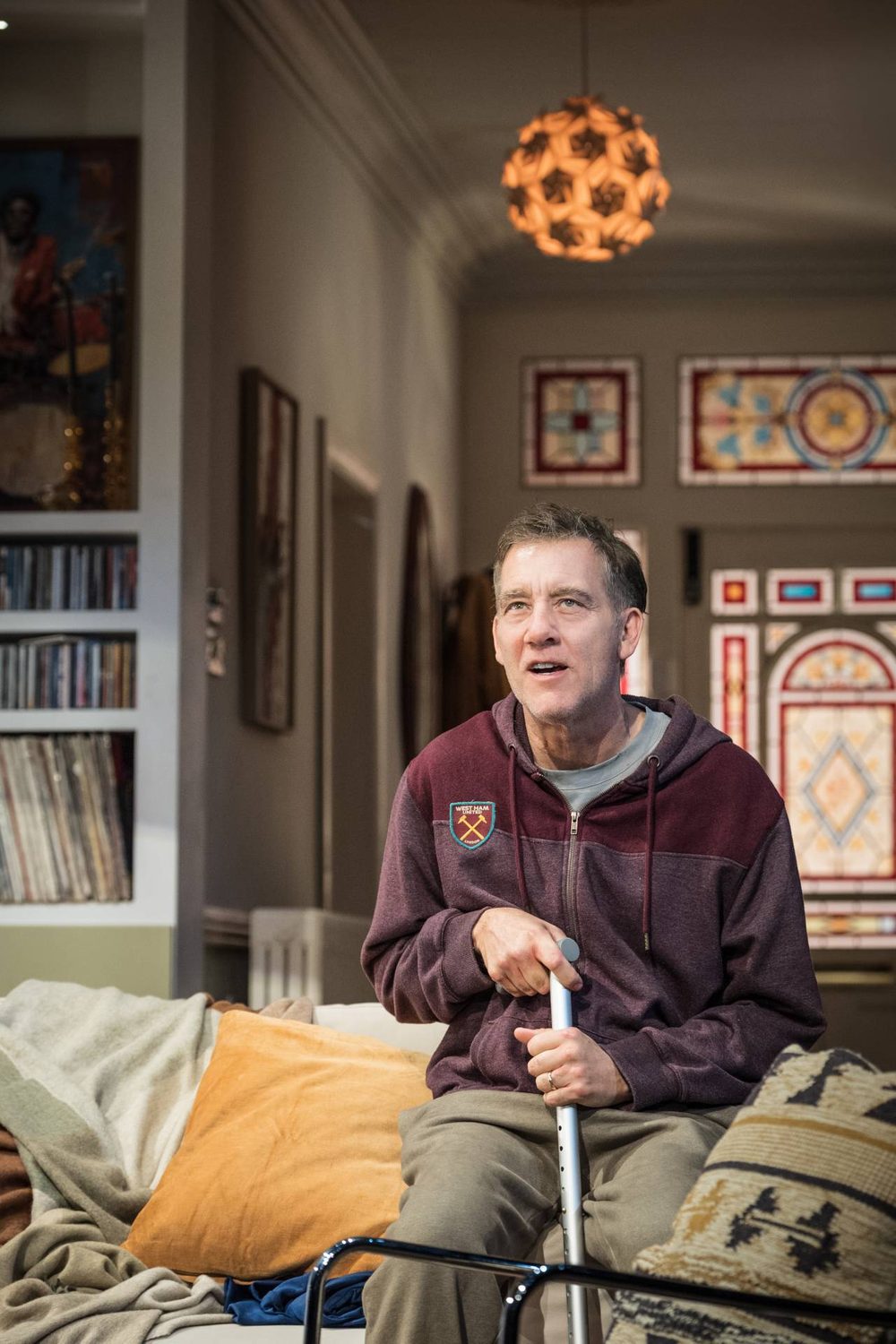
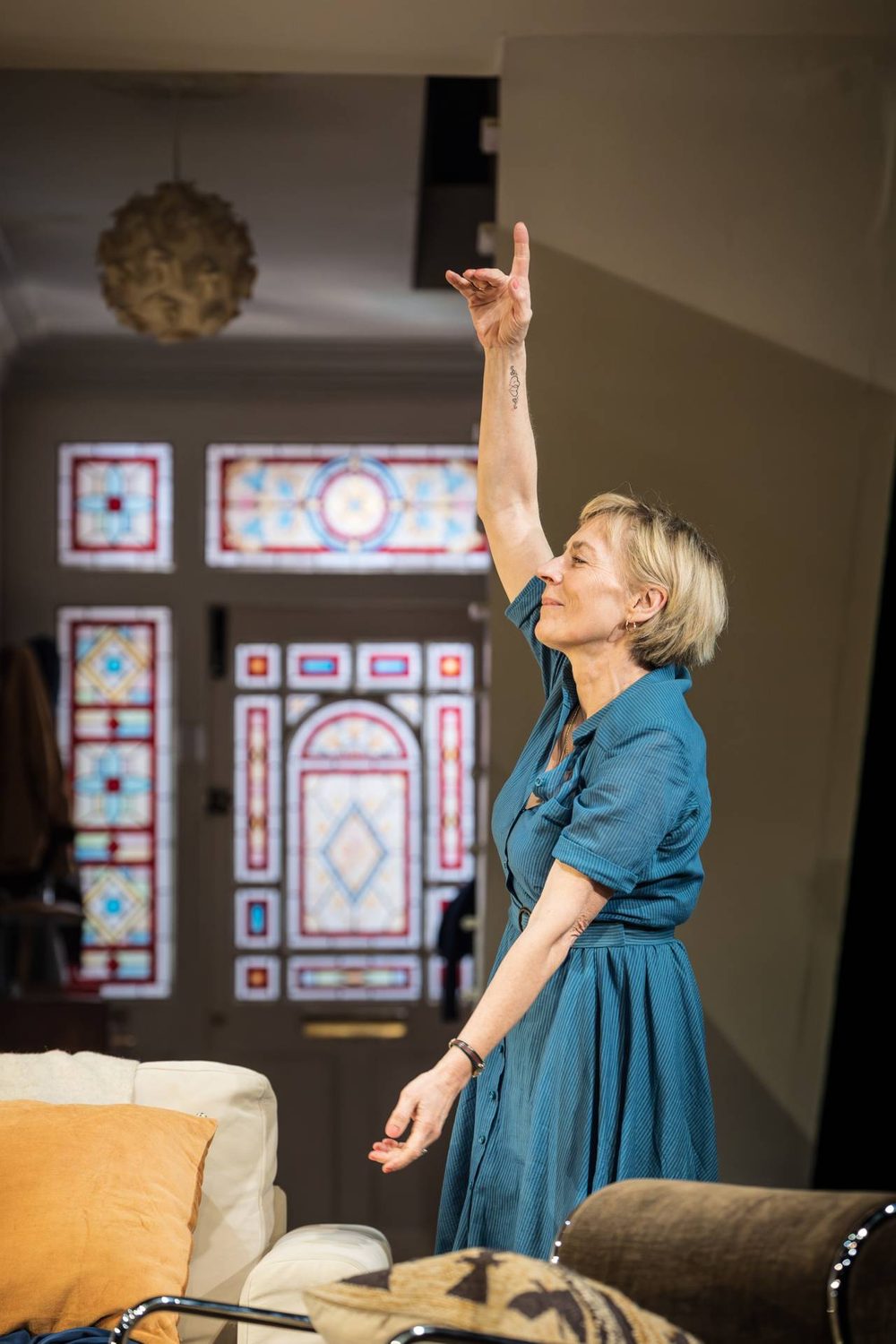
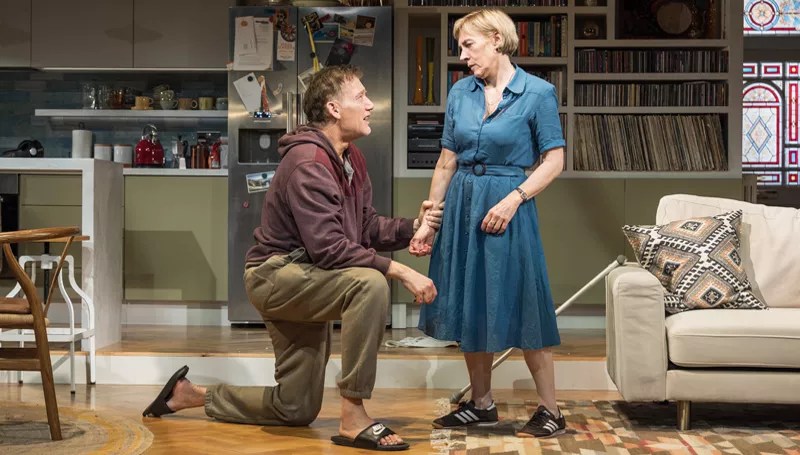
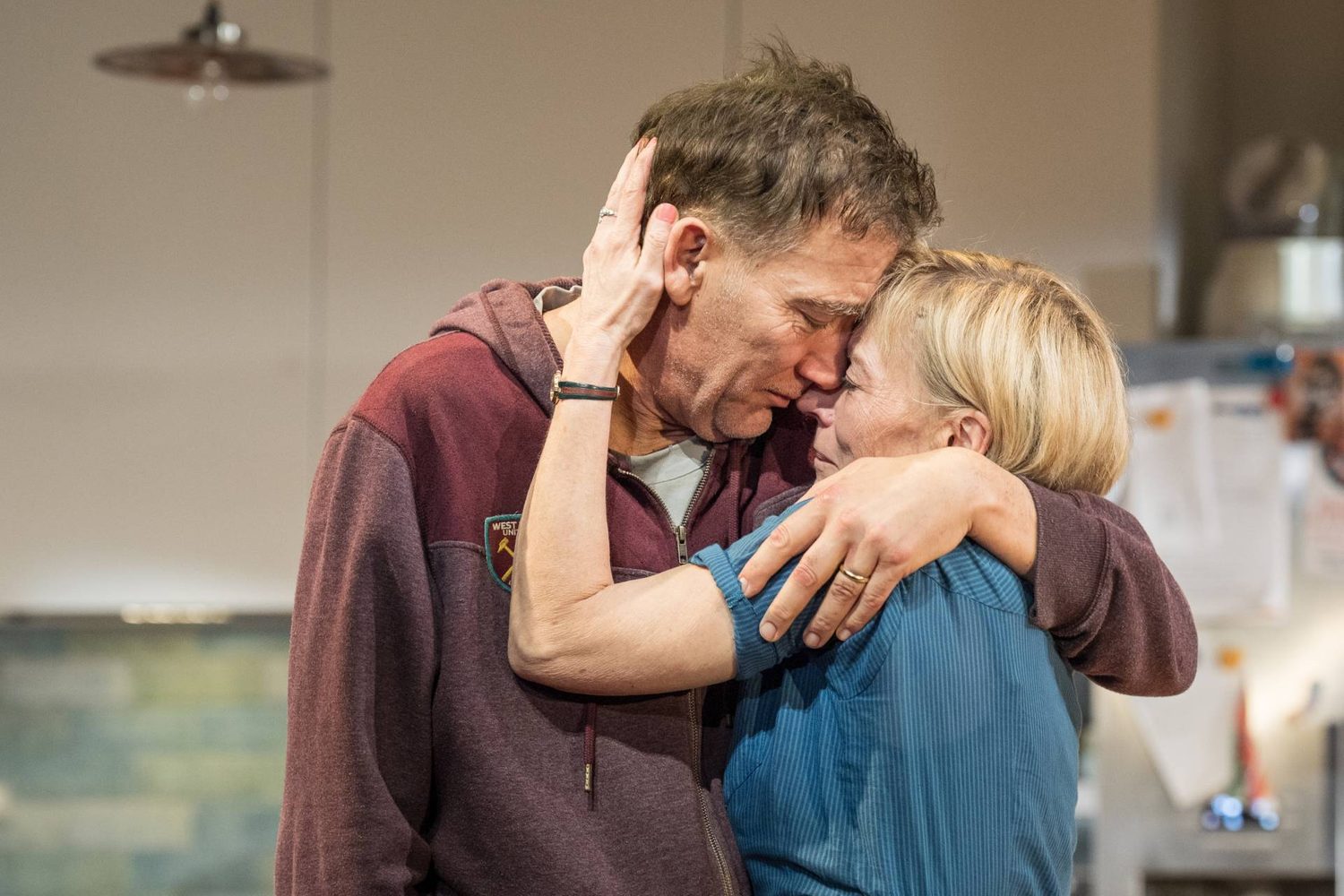
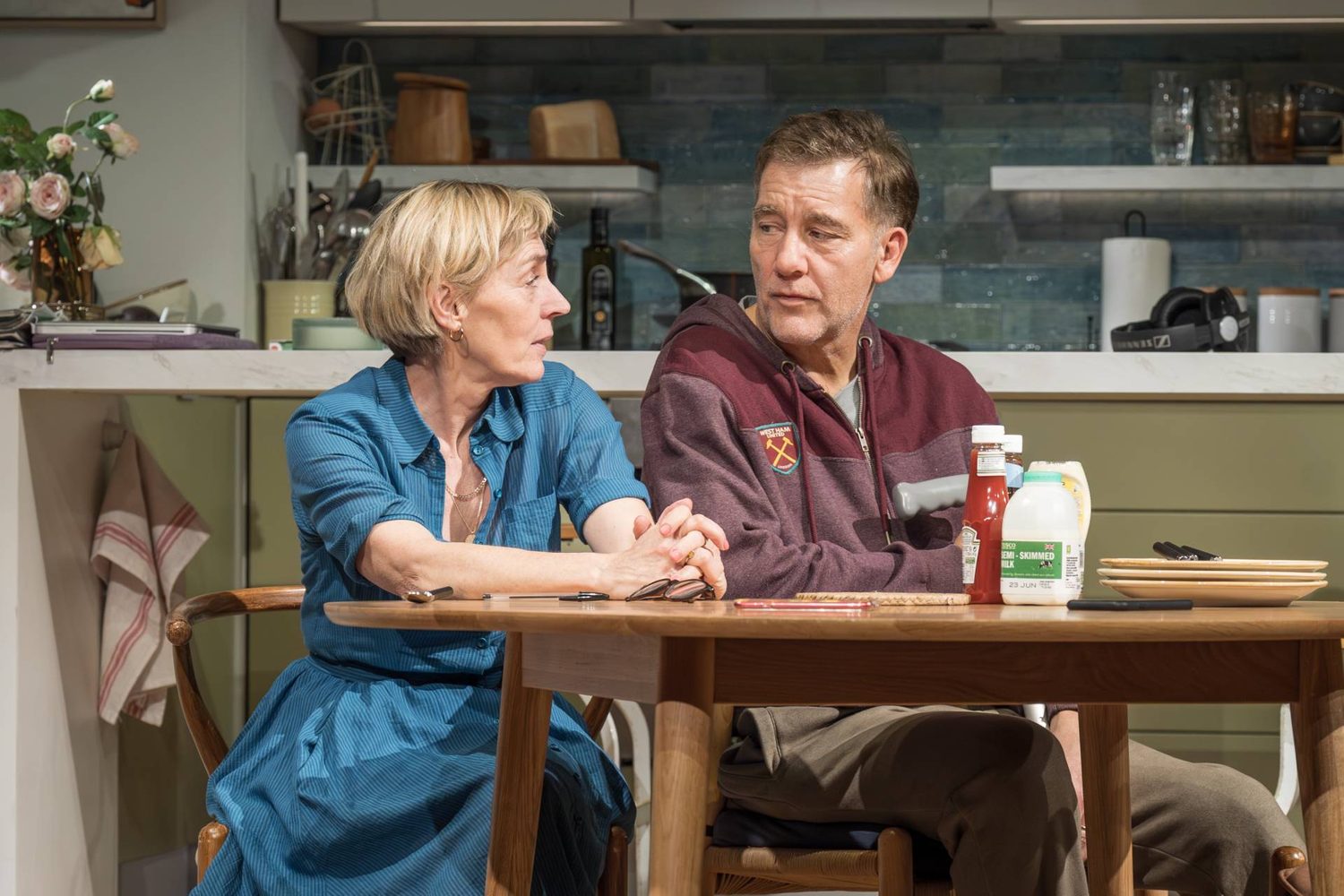
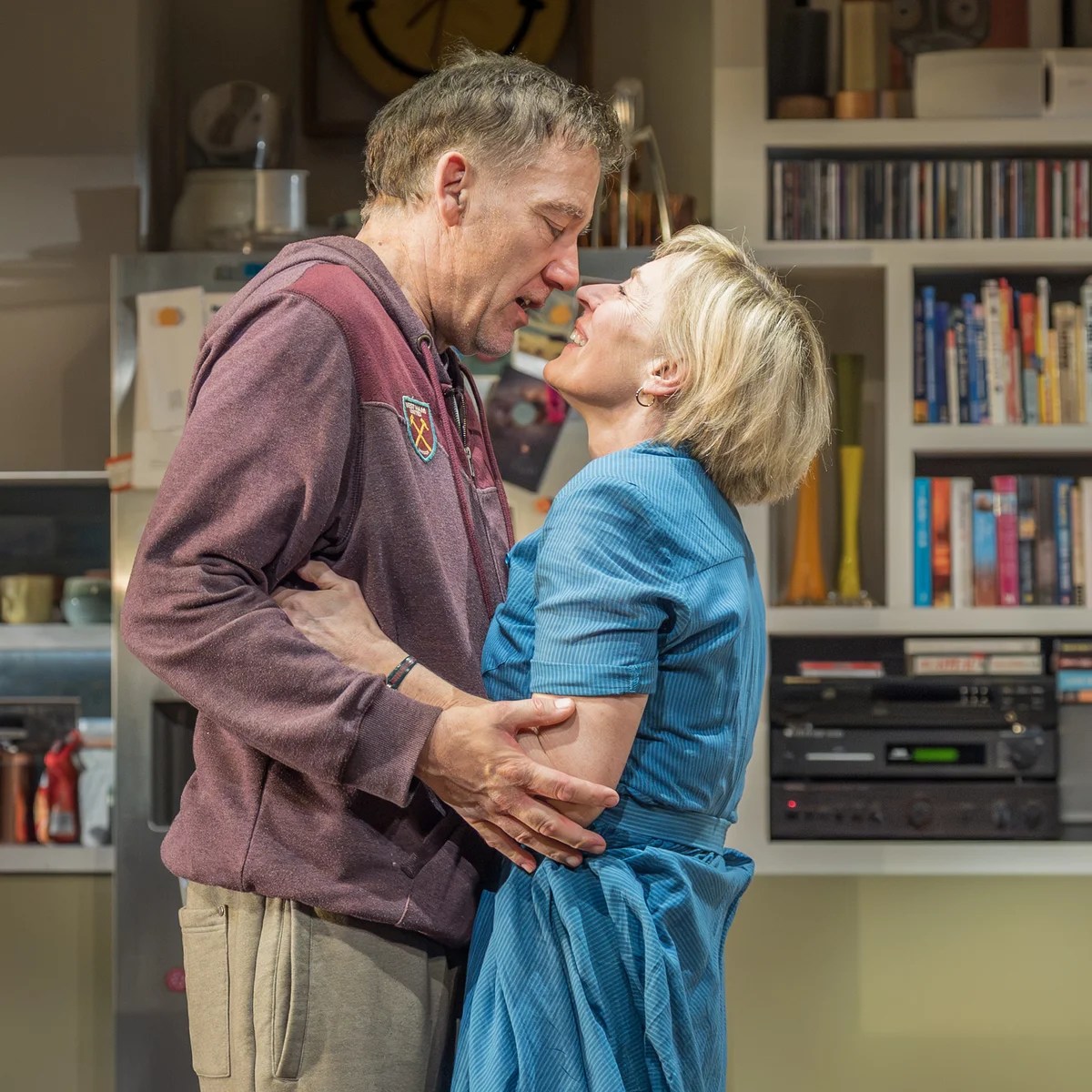
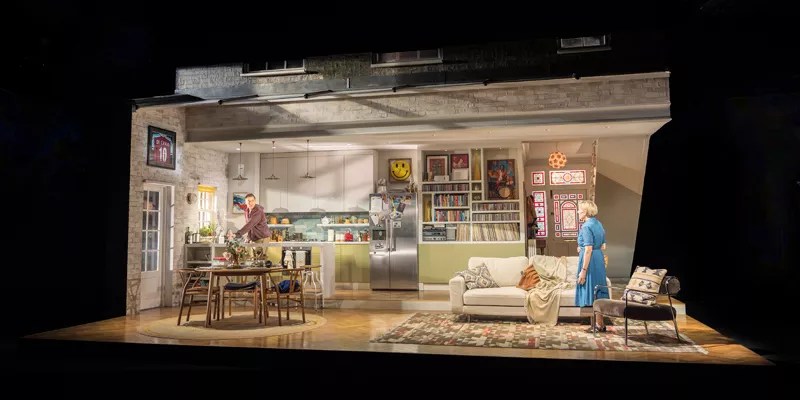
Photos: Marc Brenner
